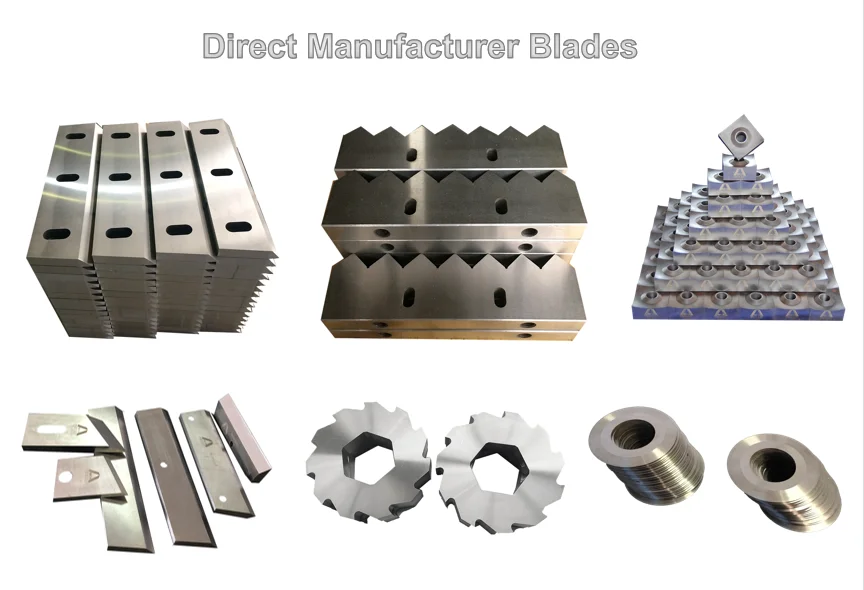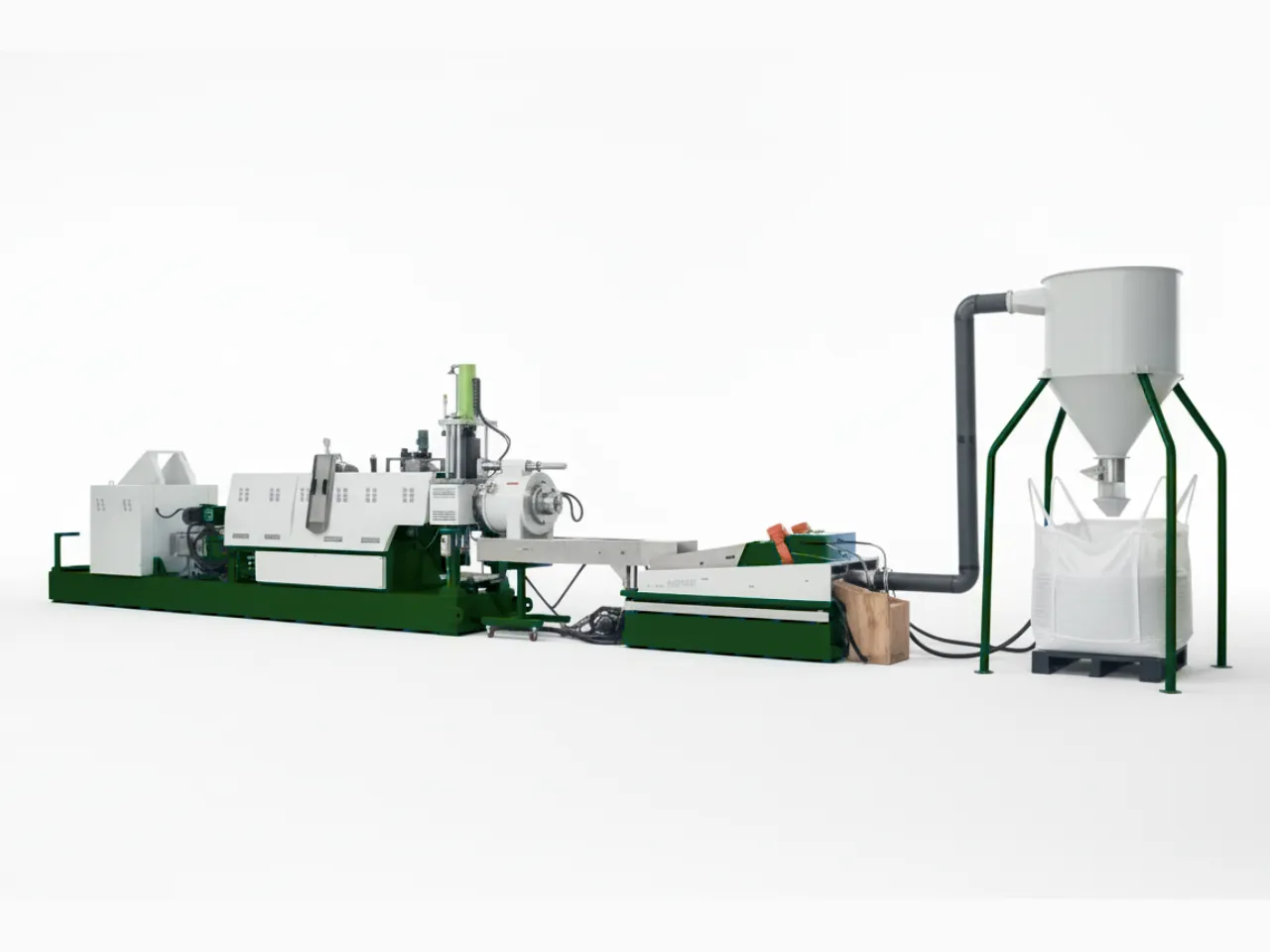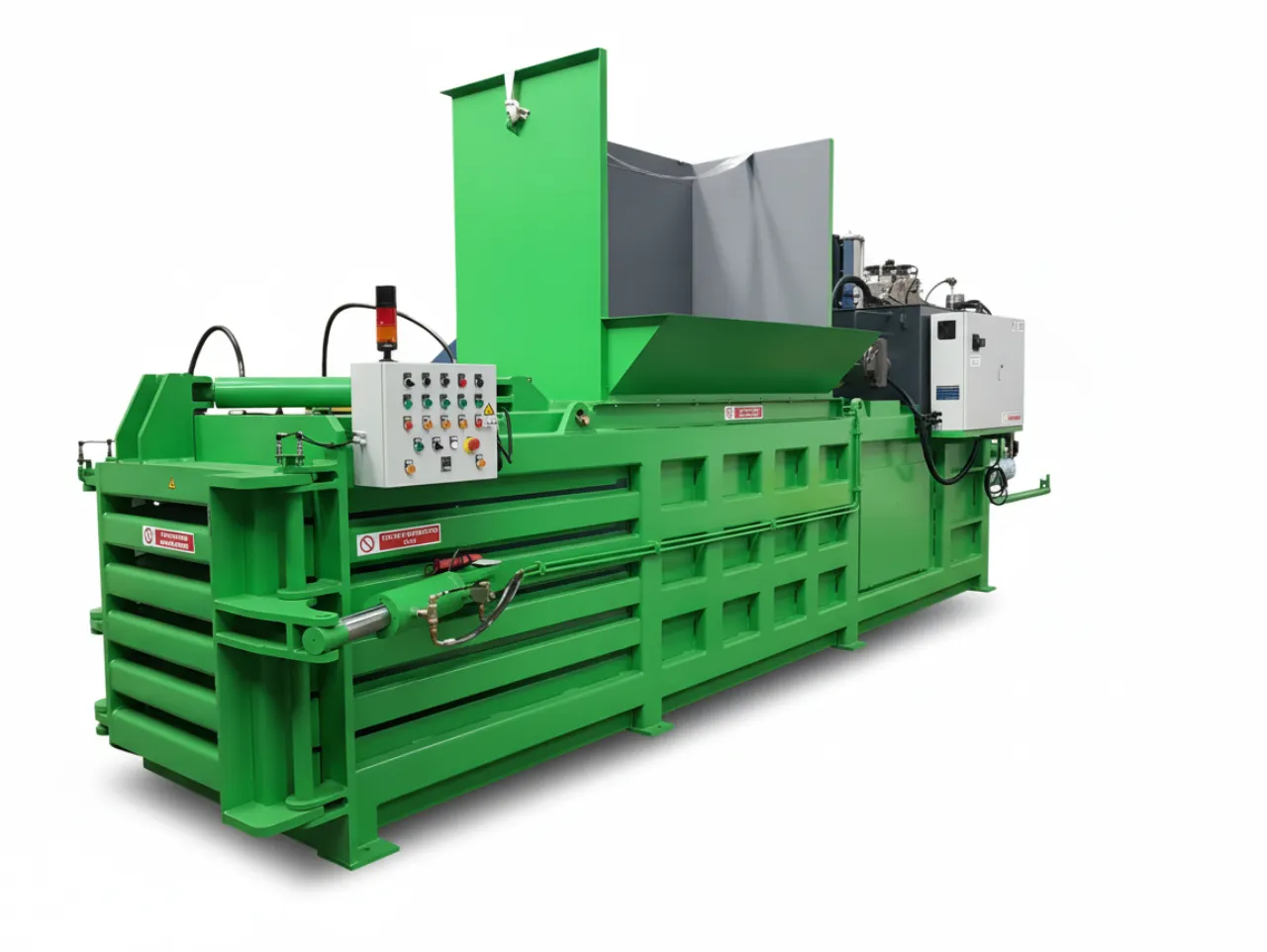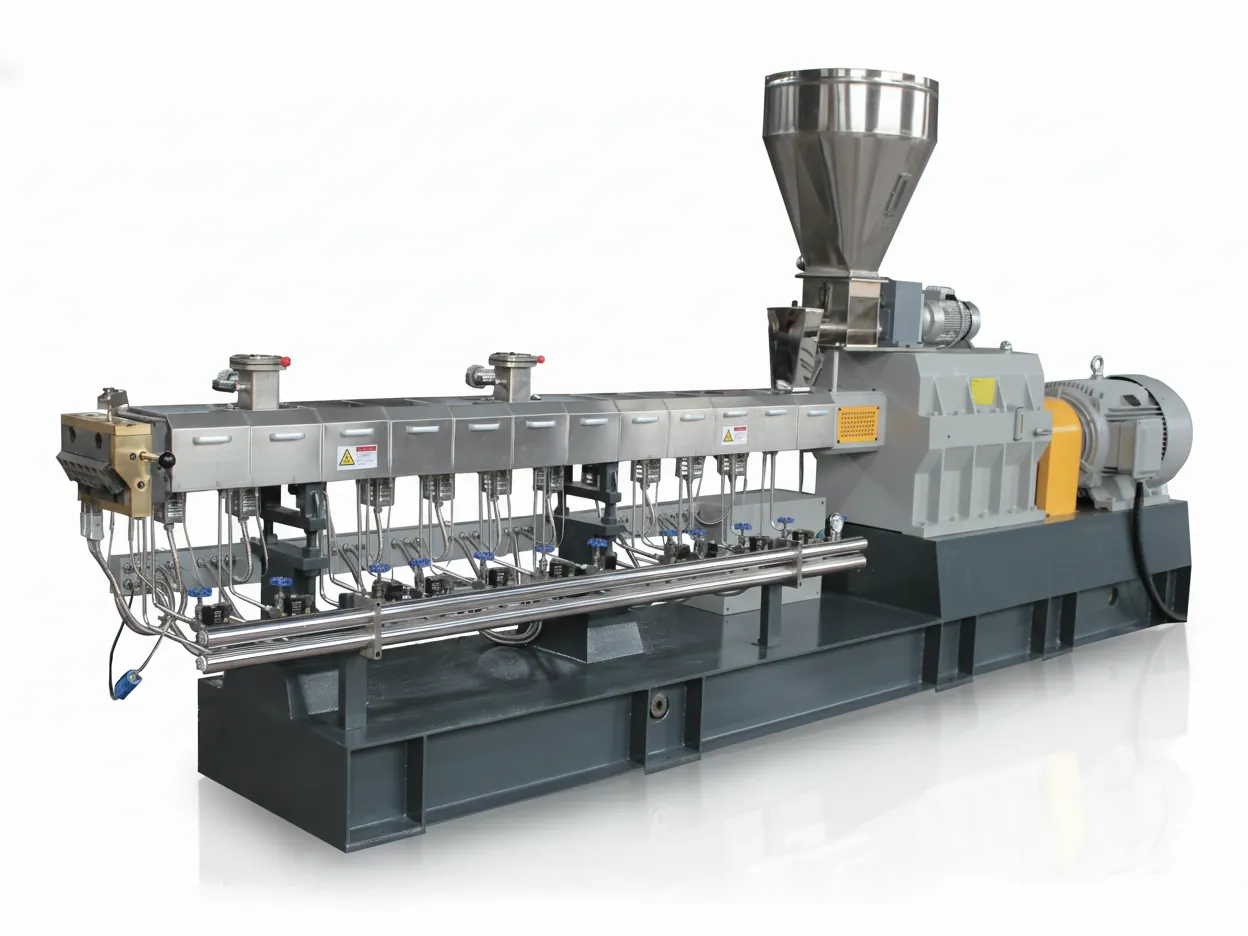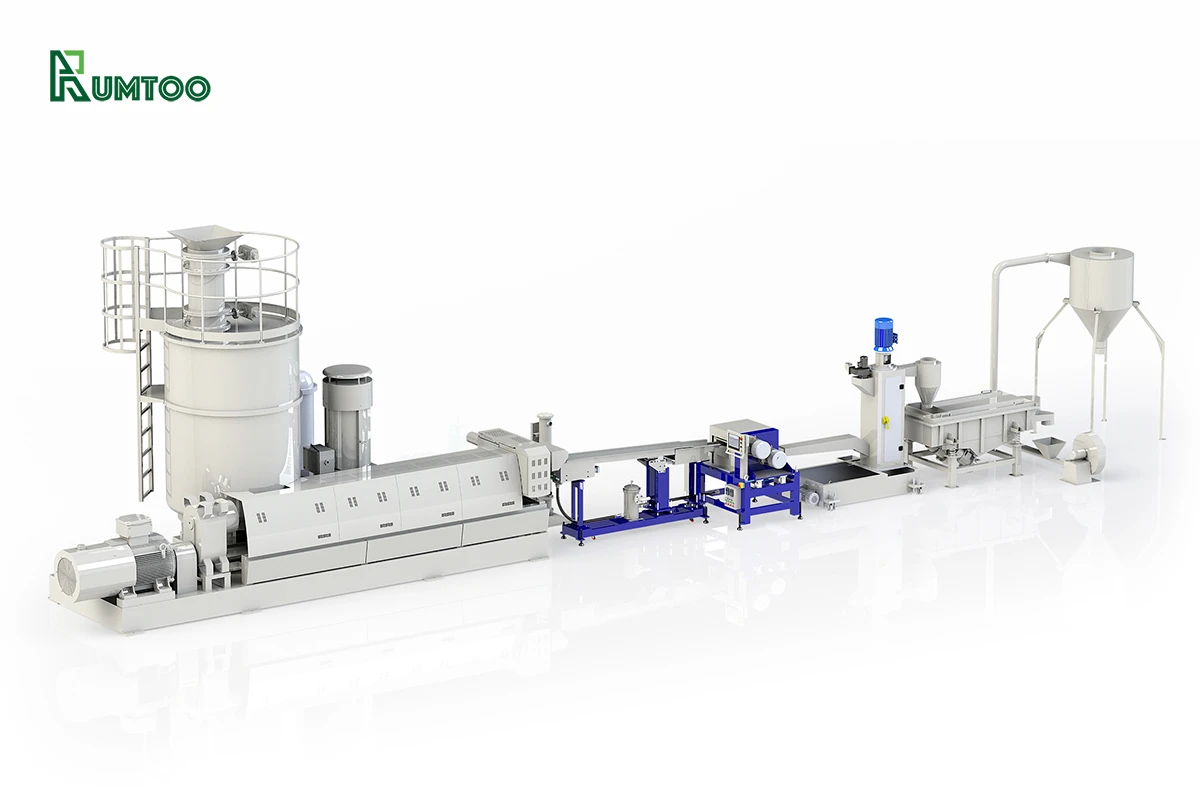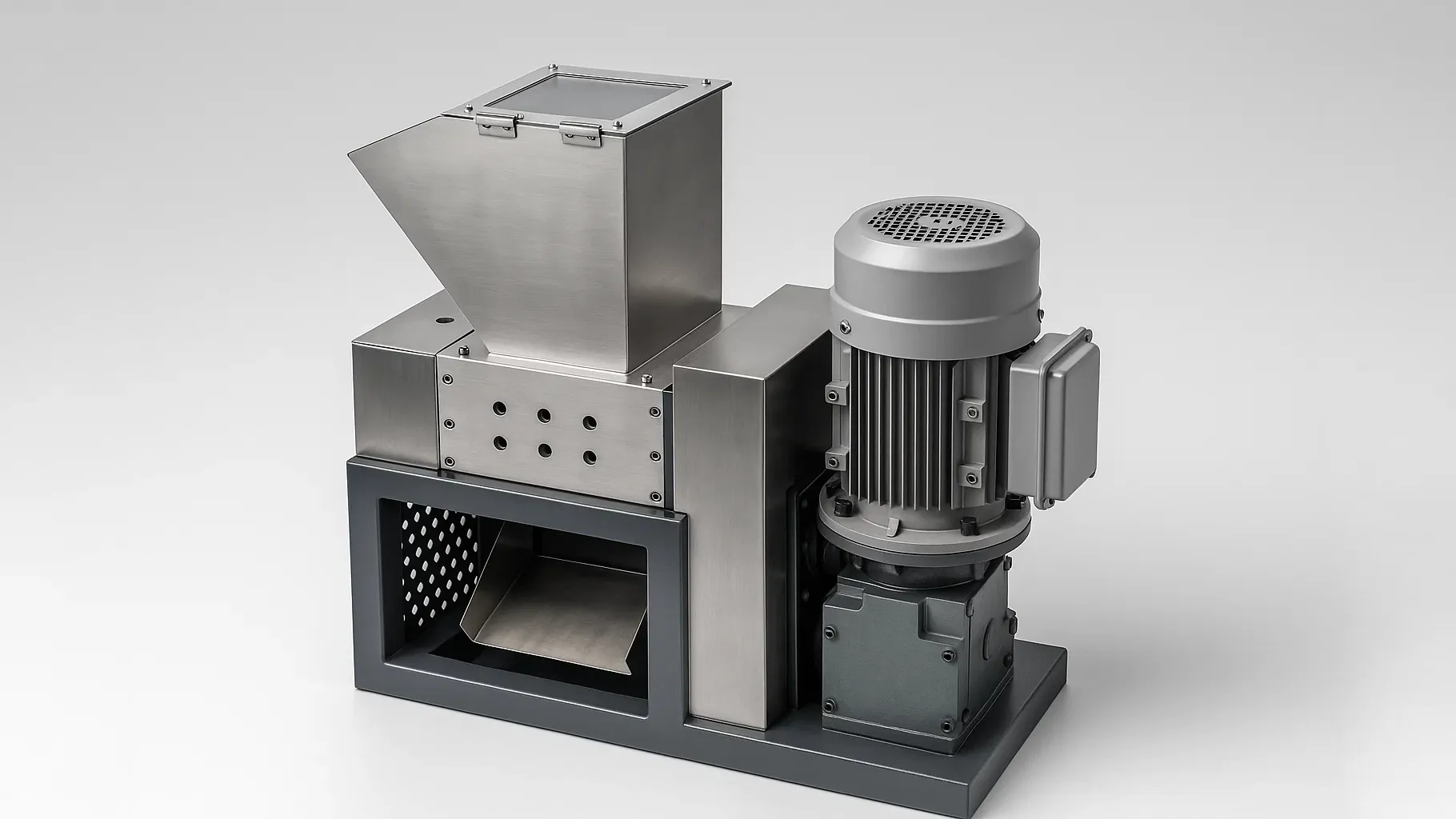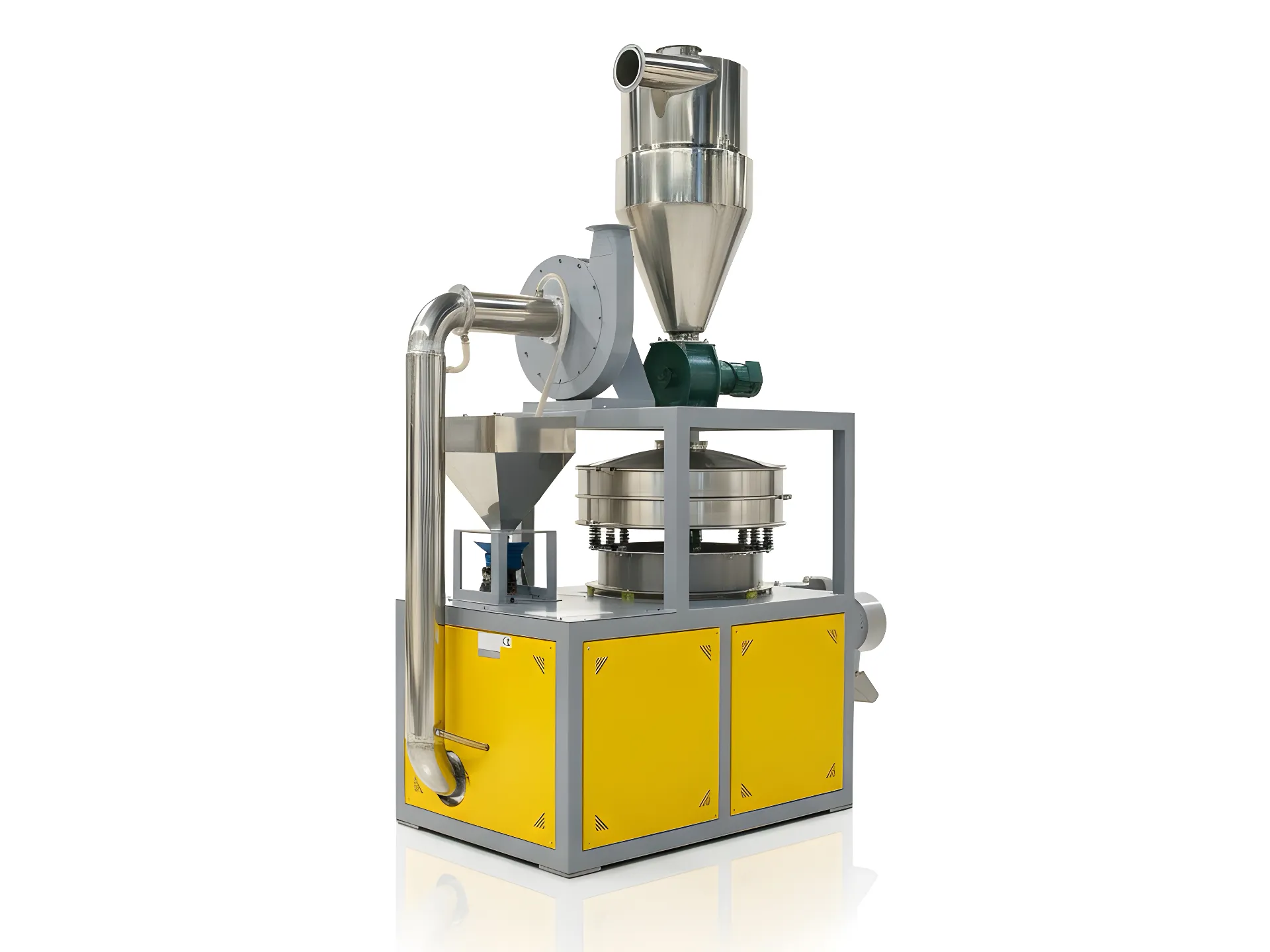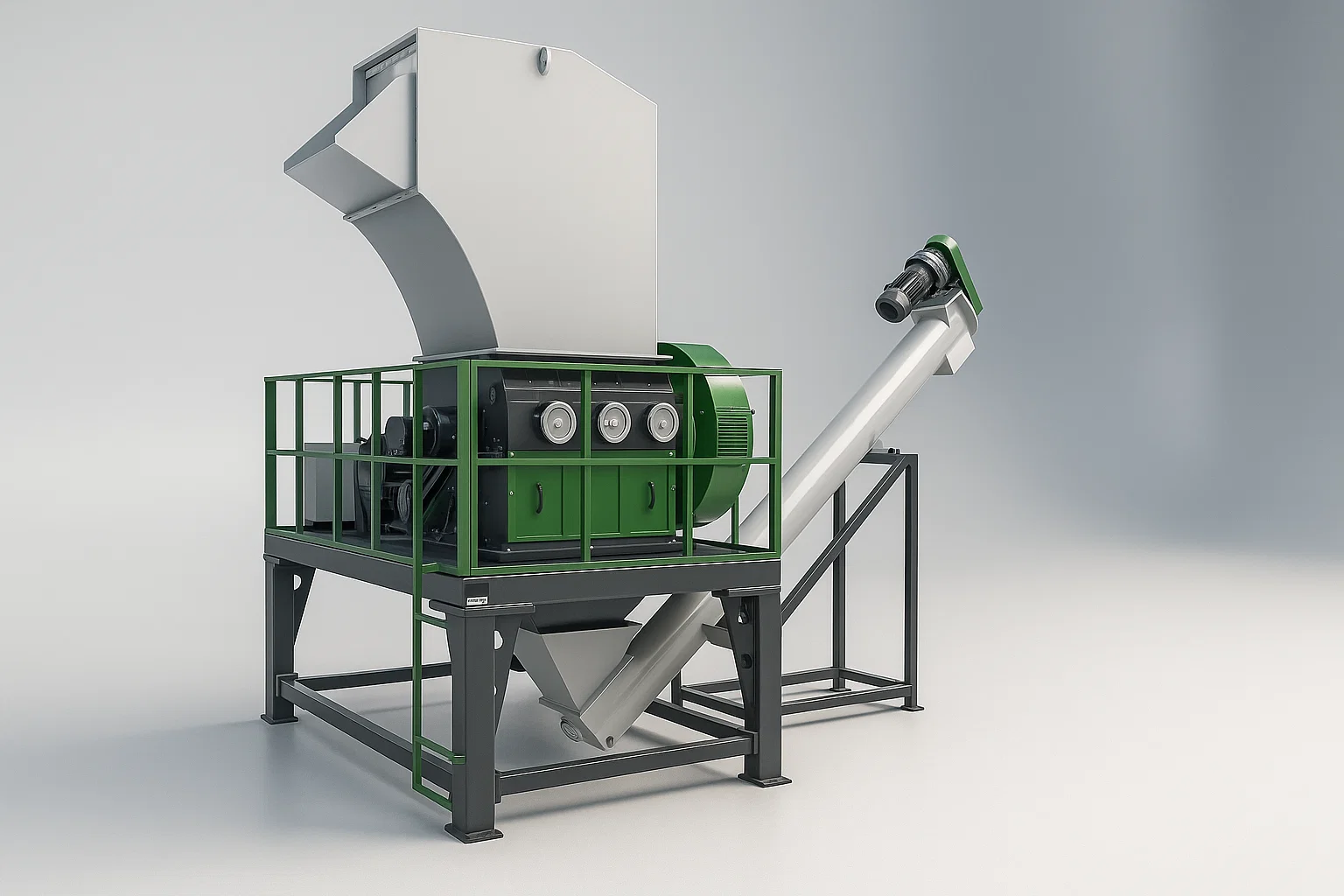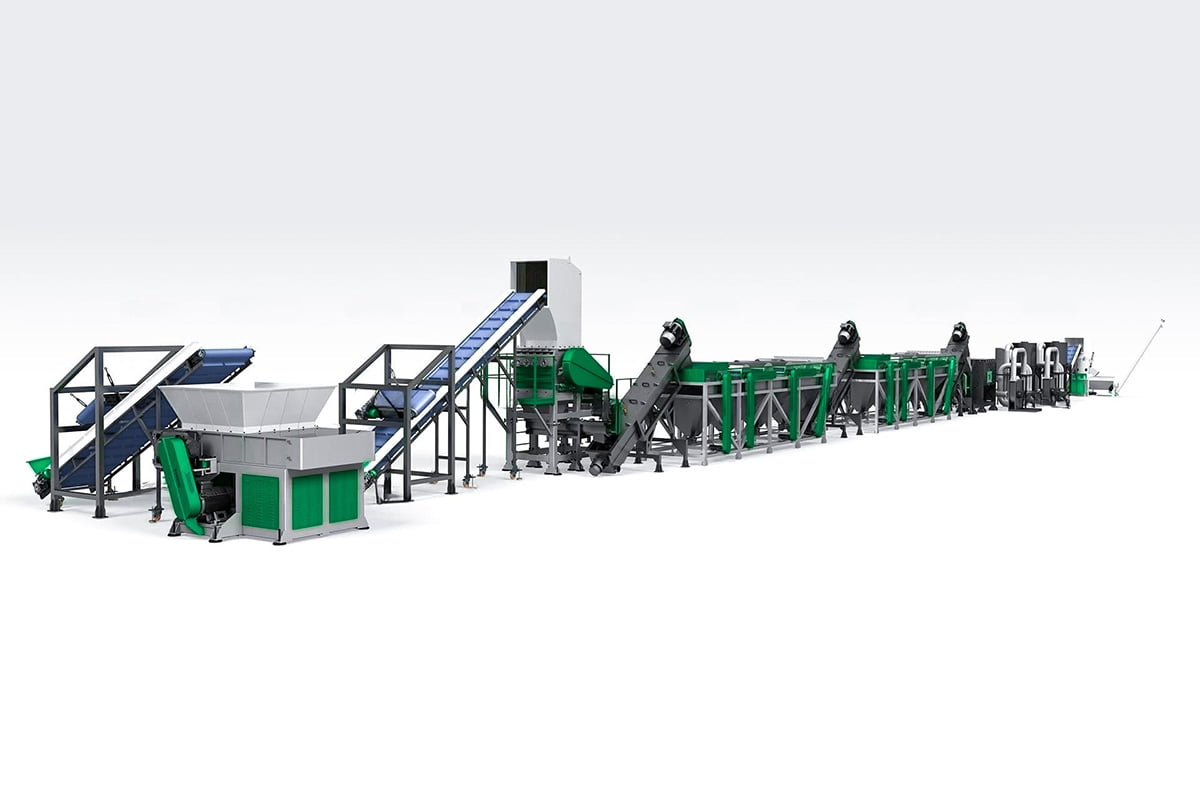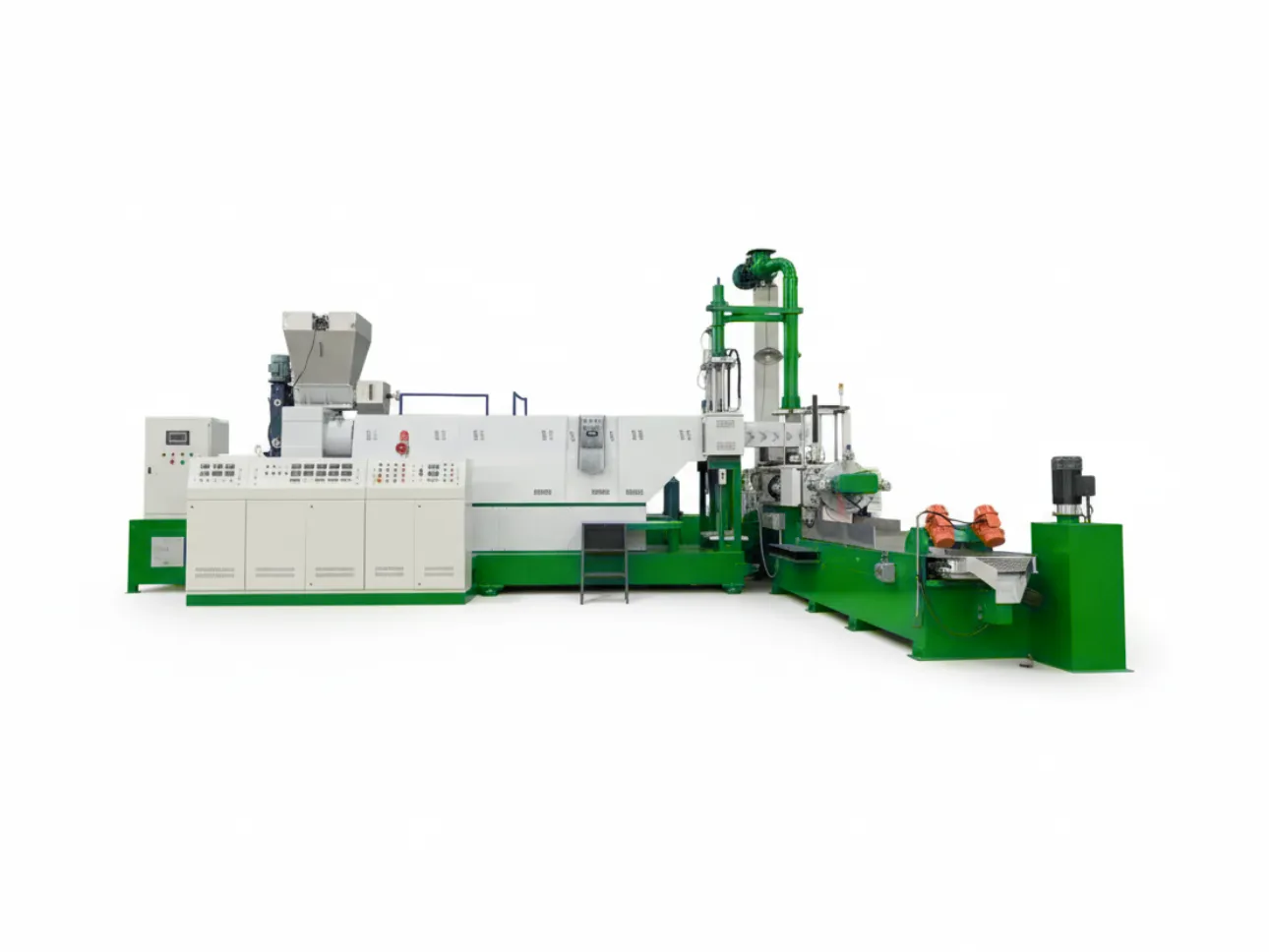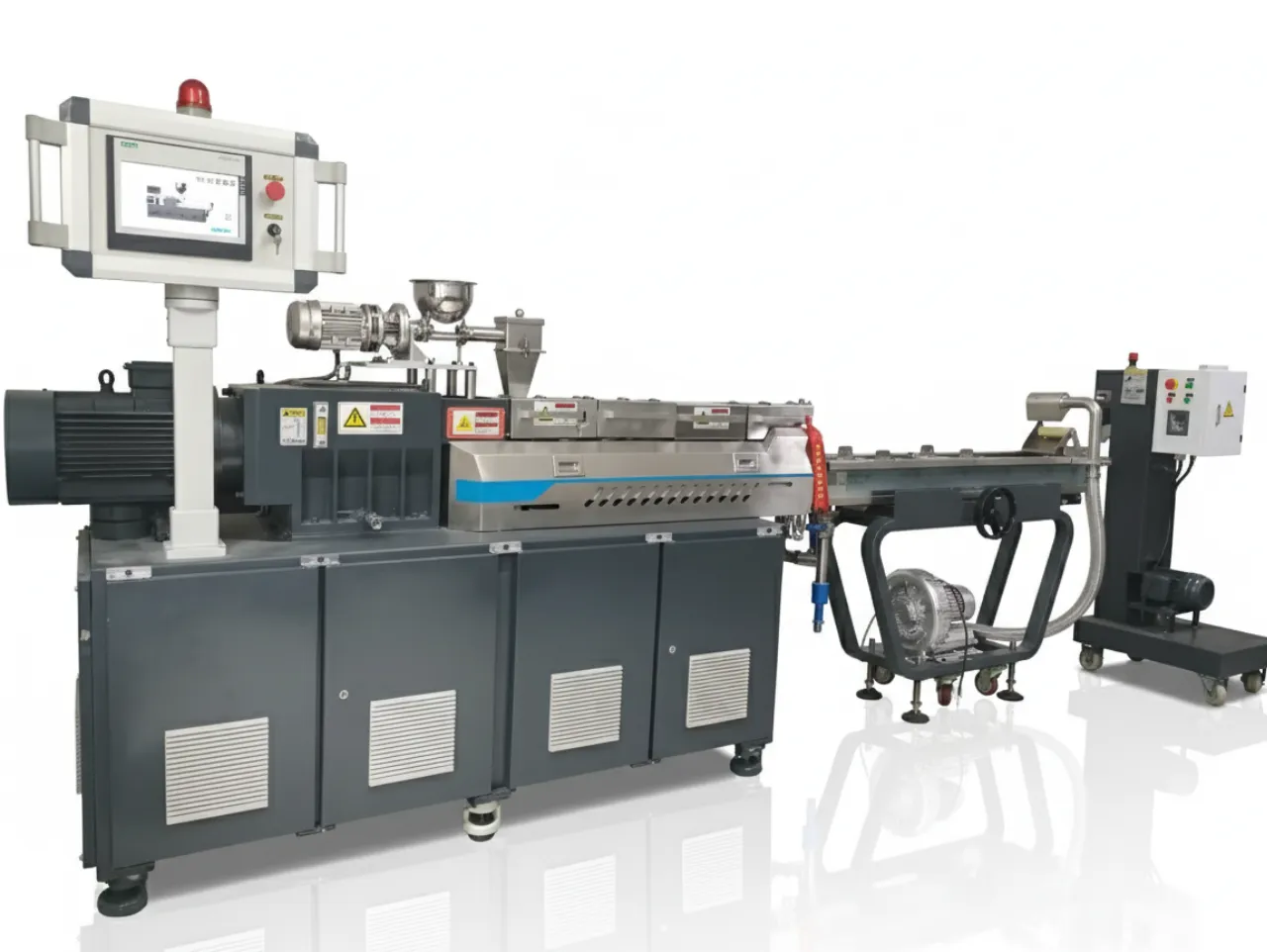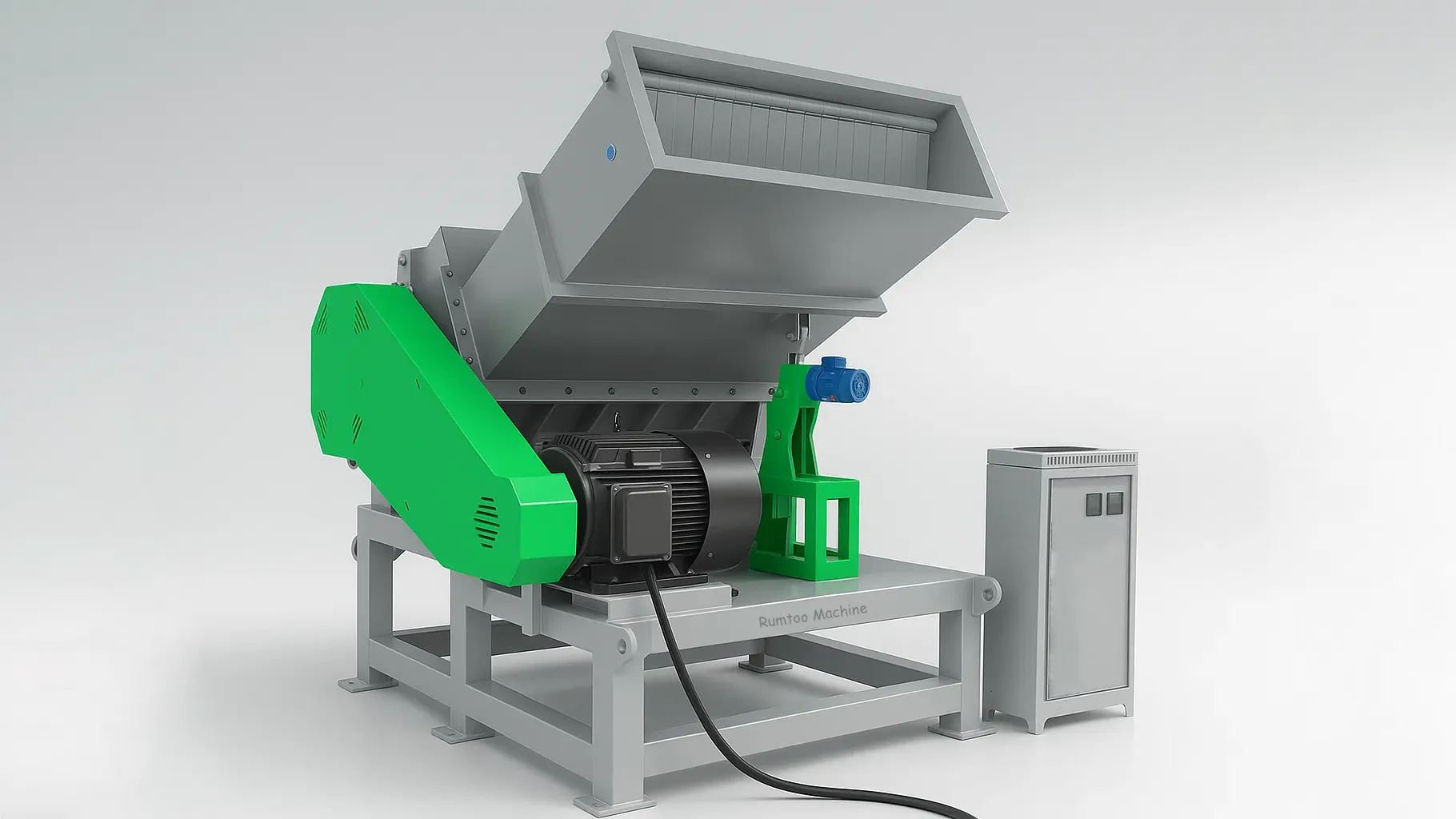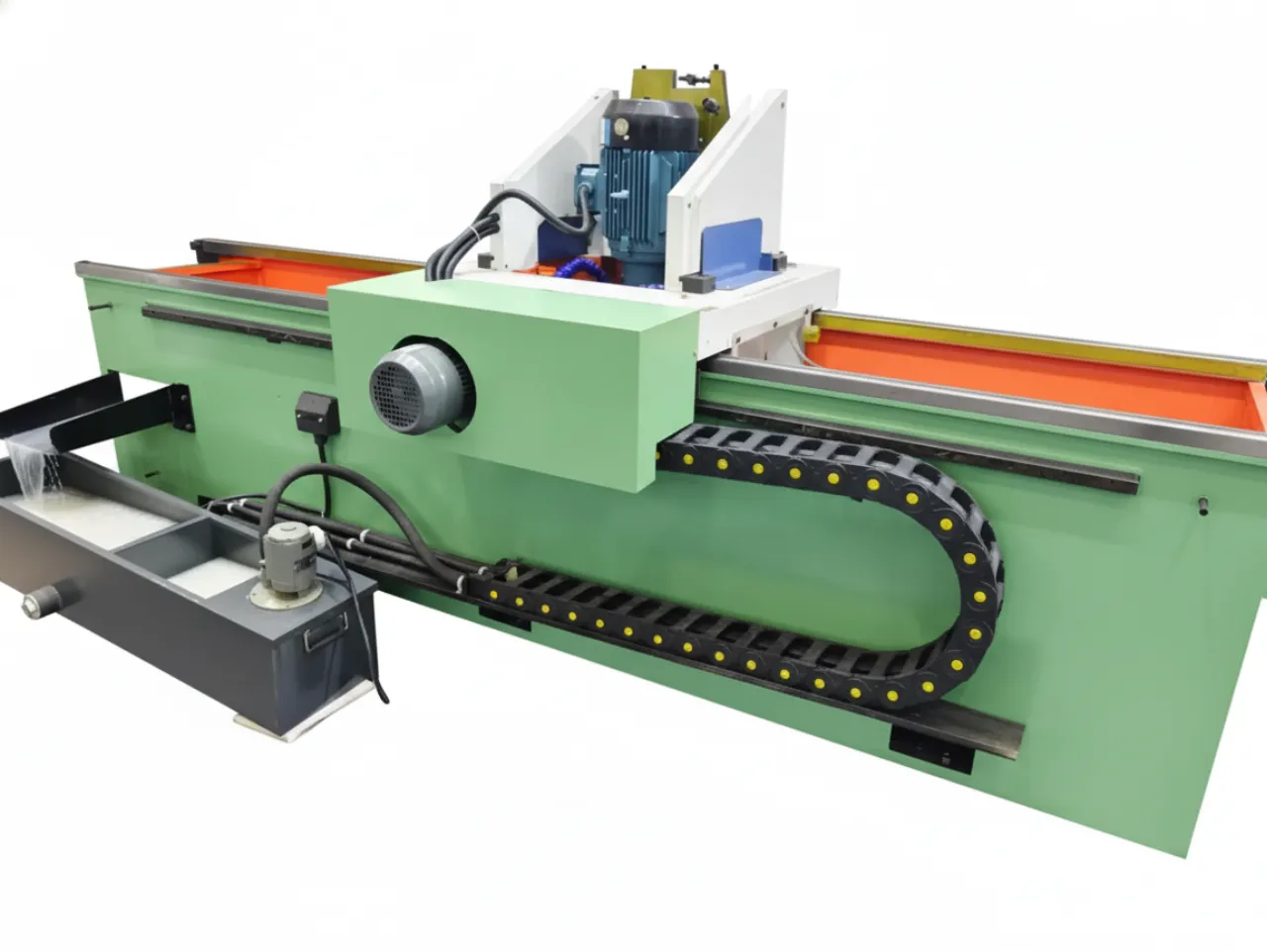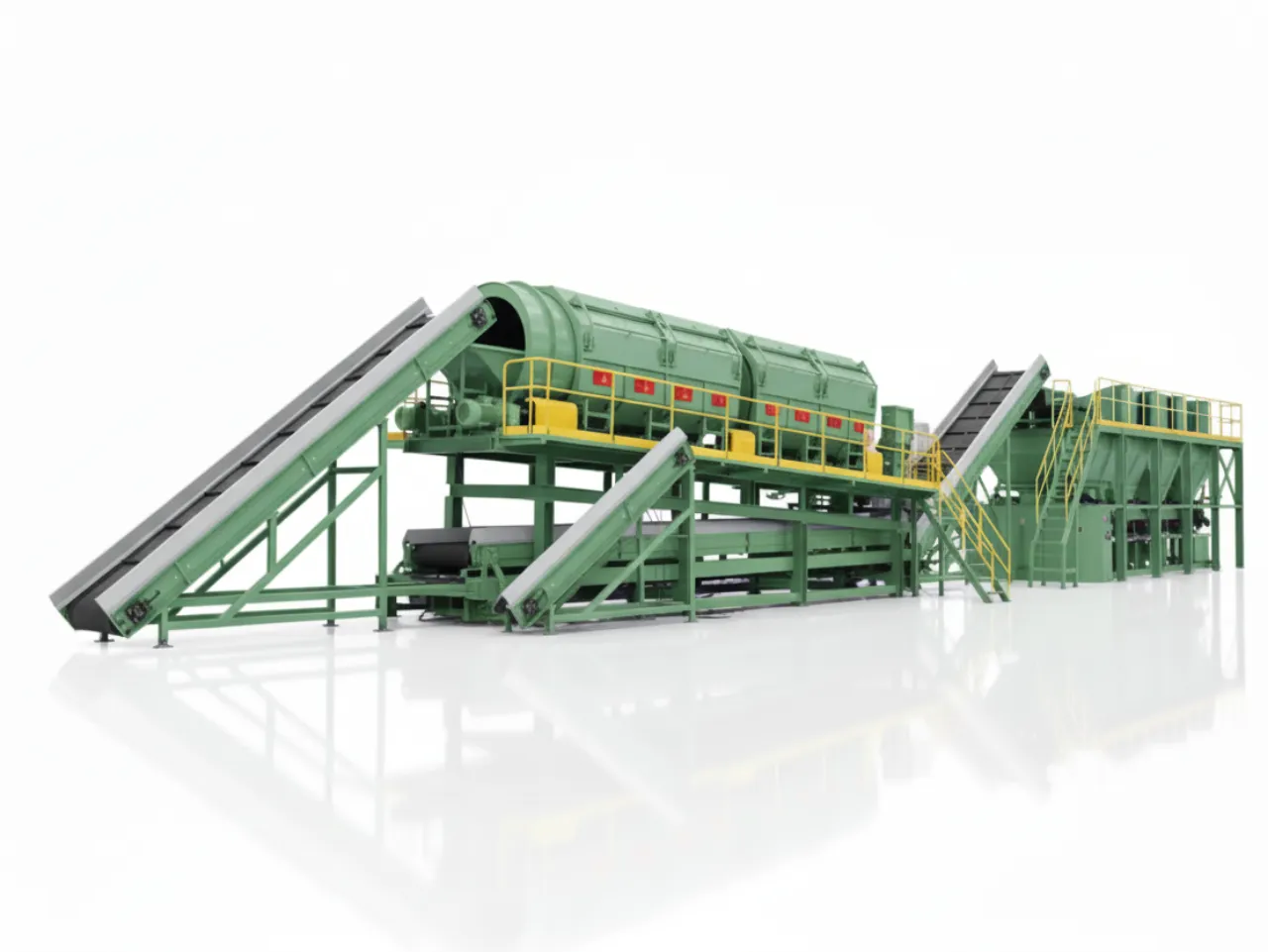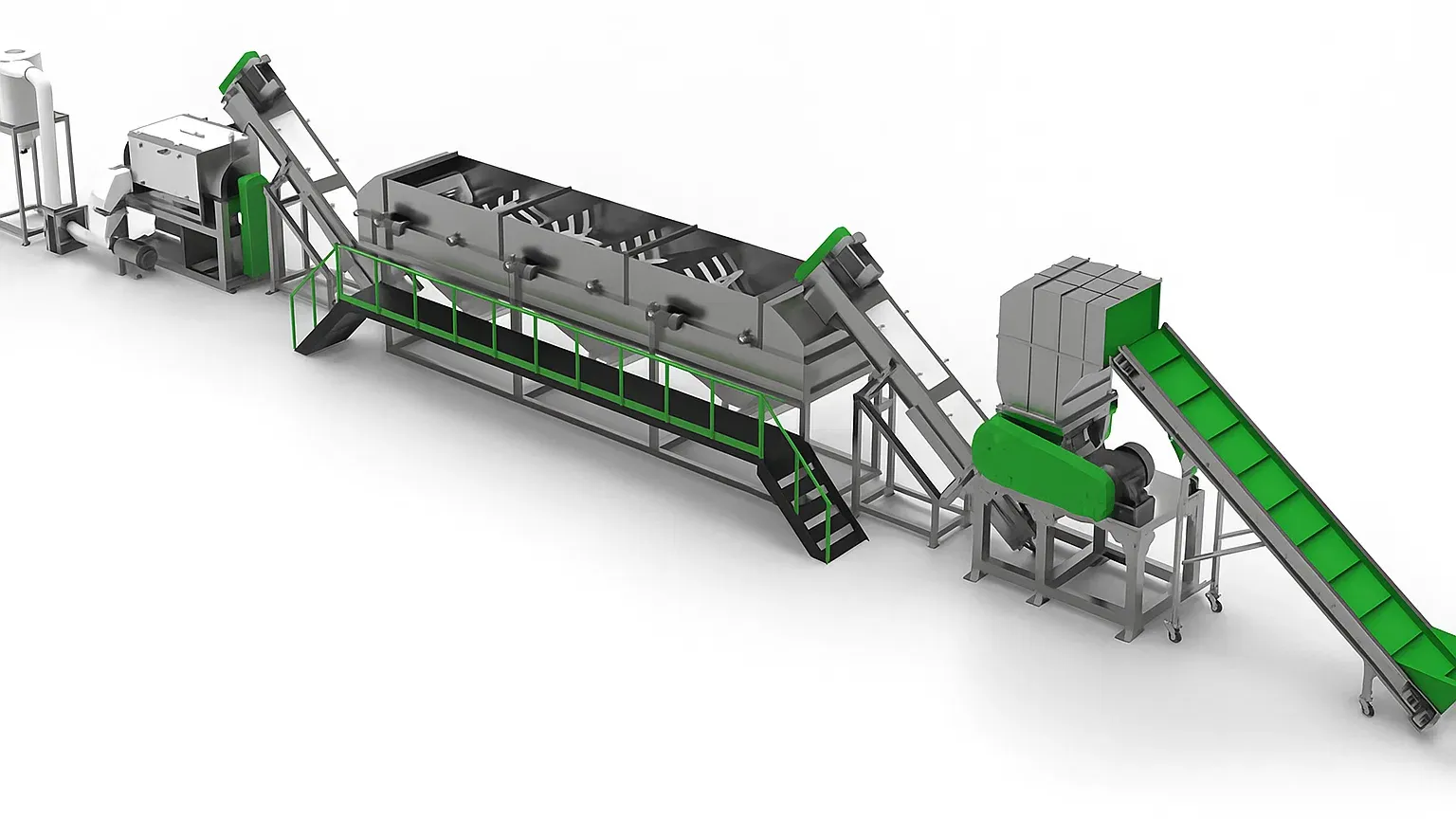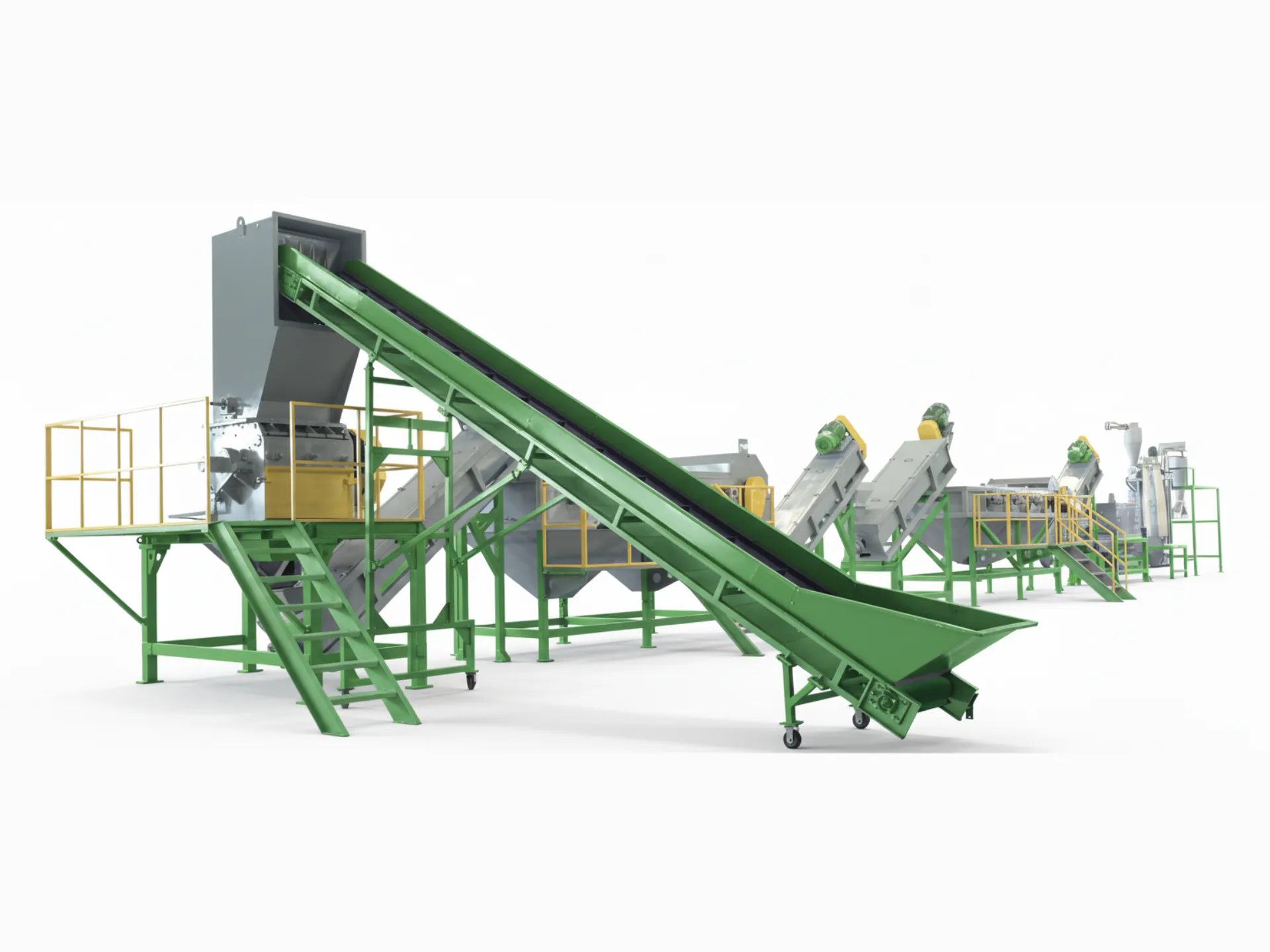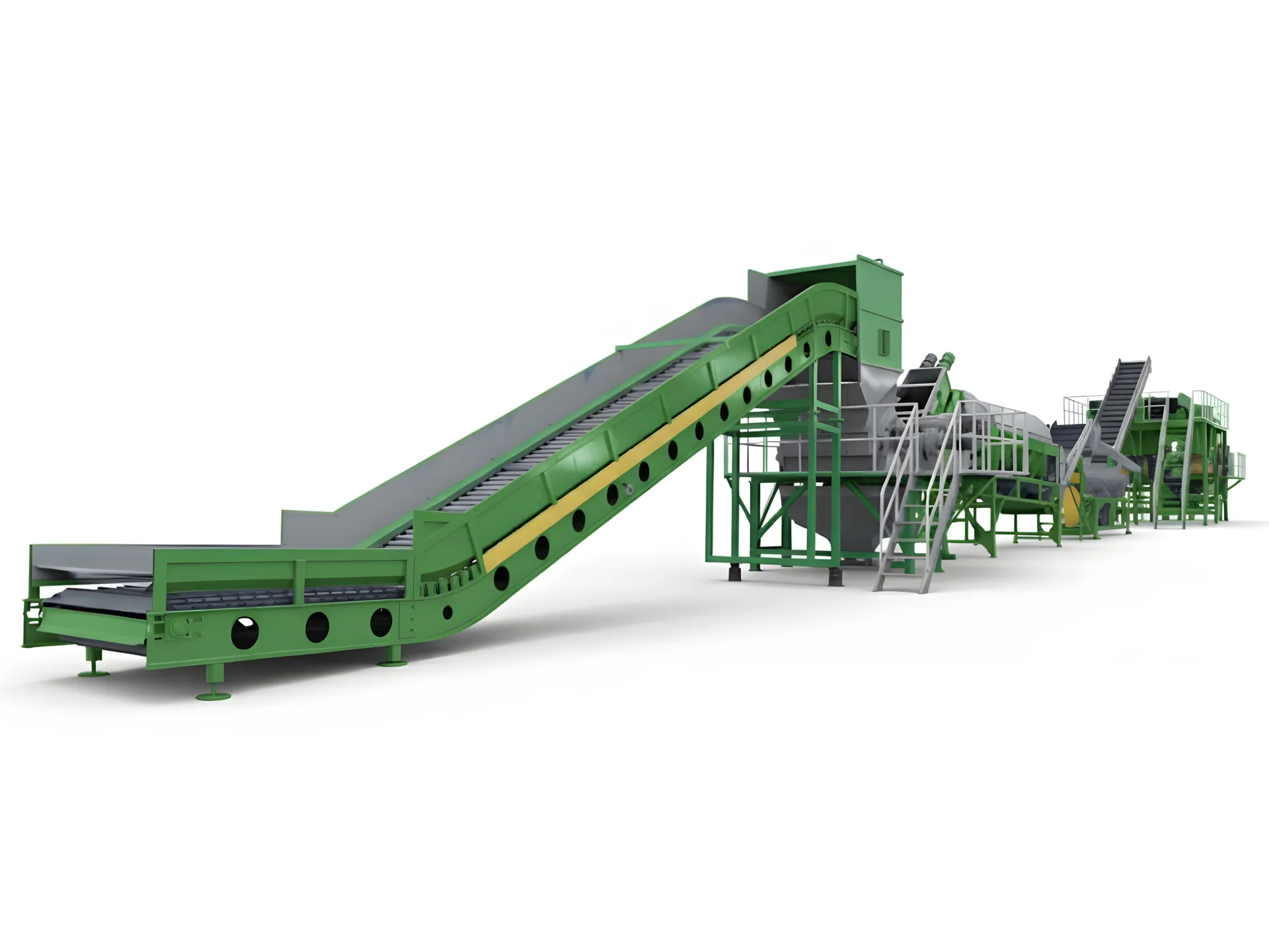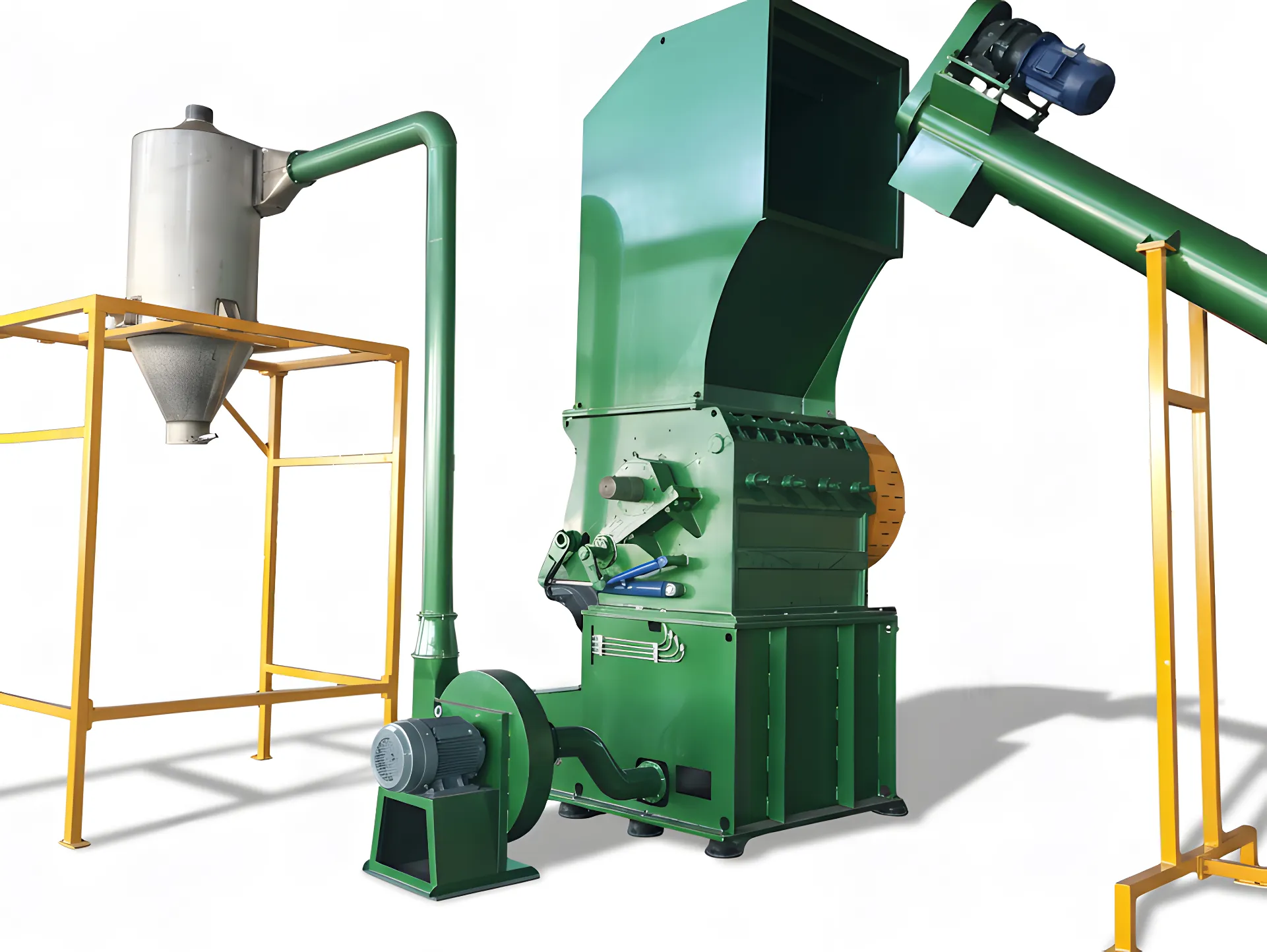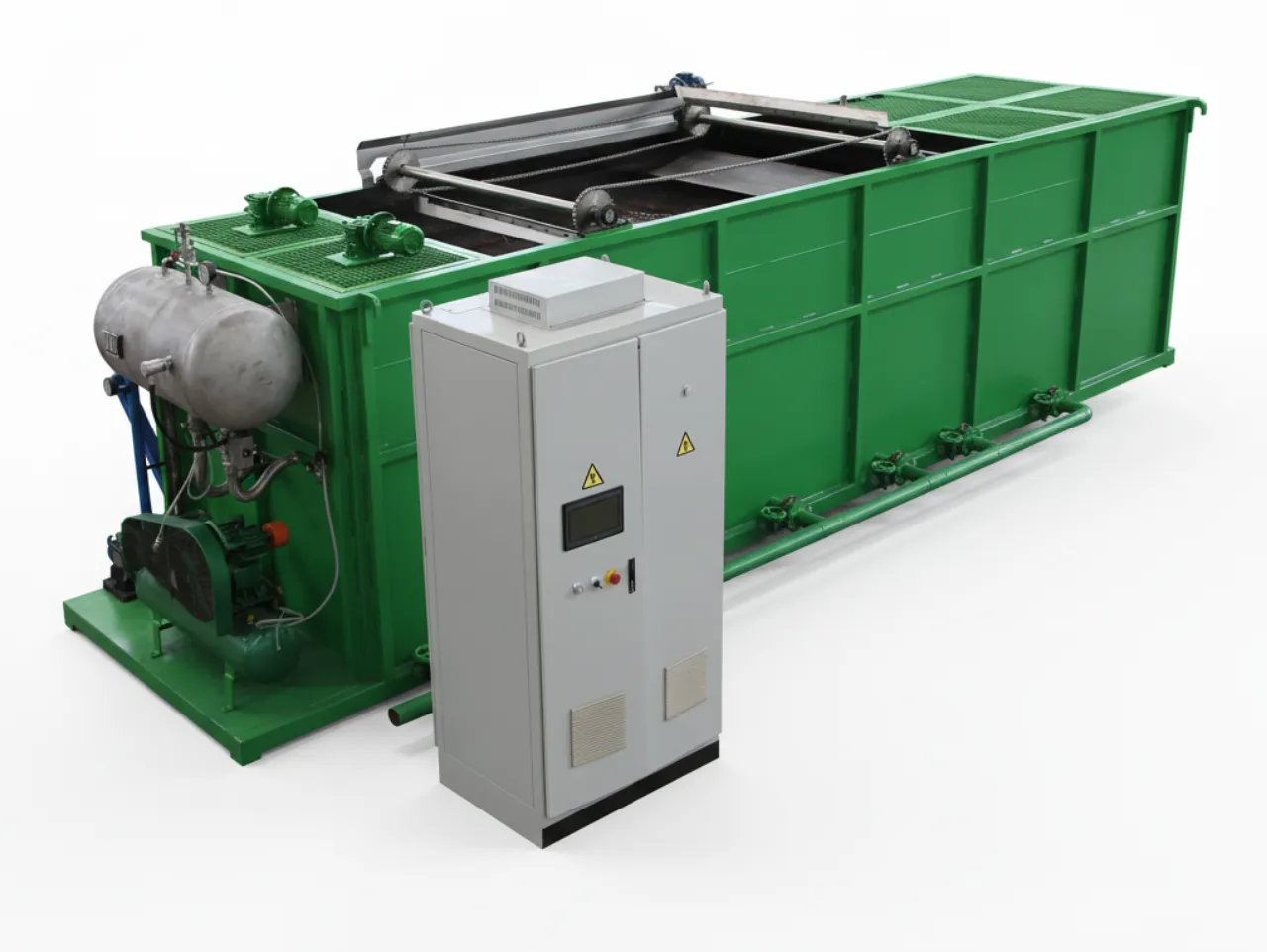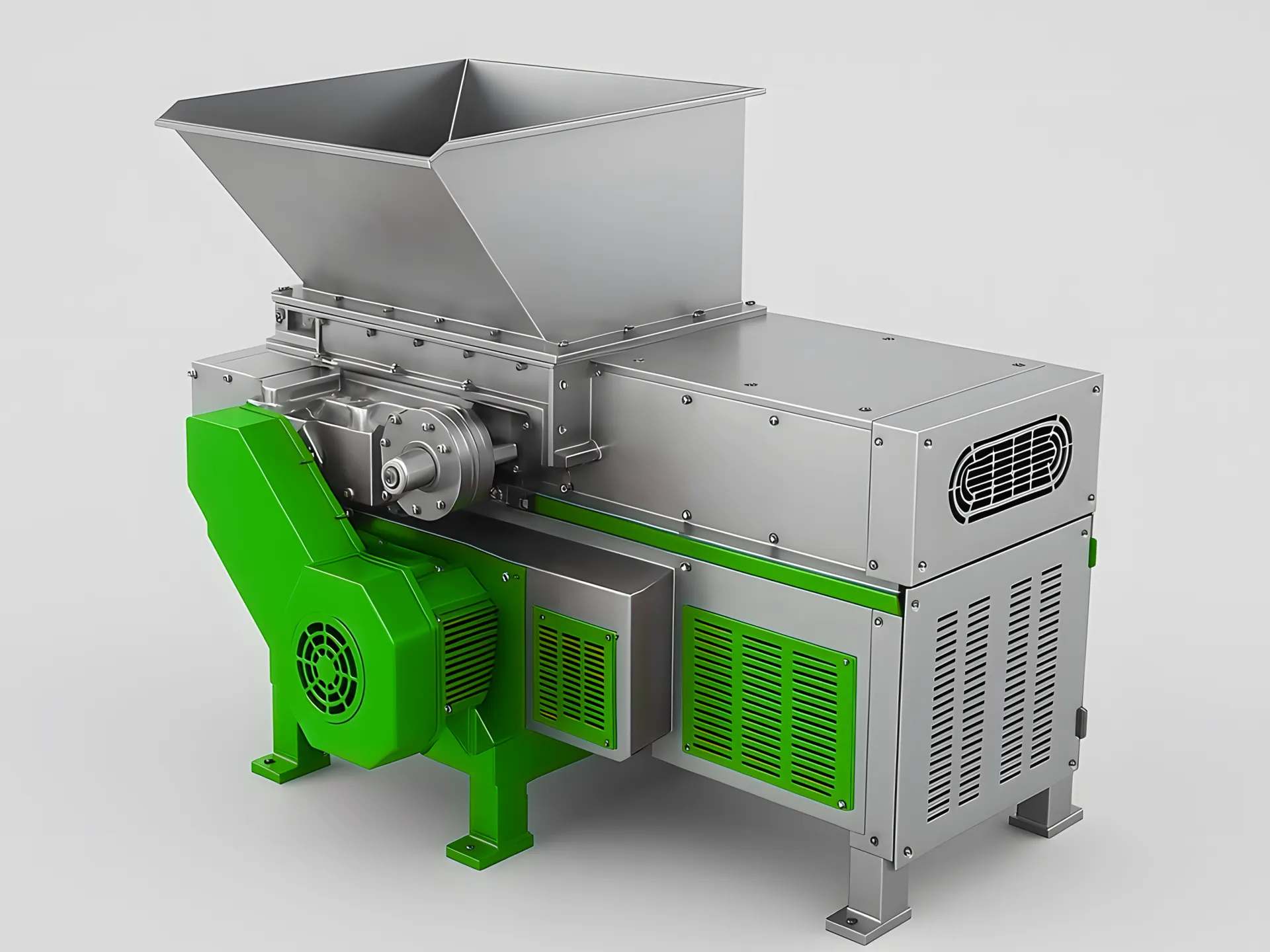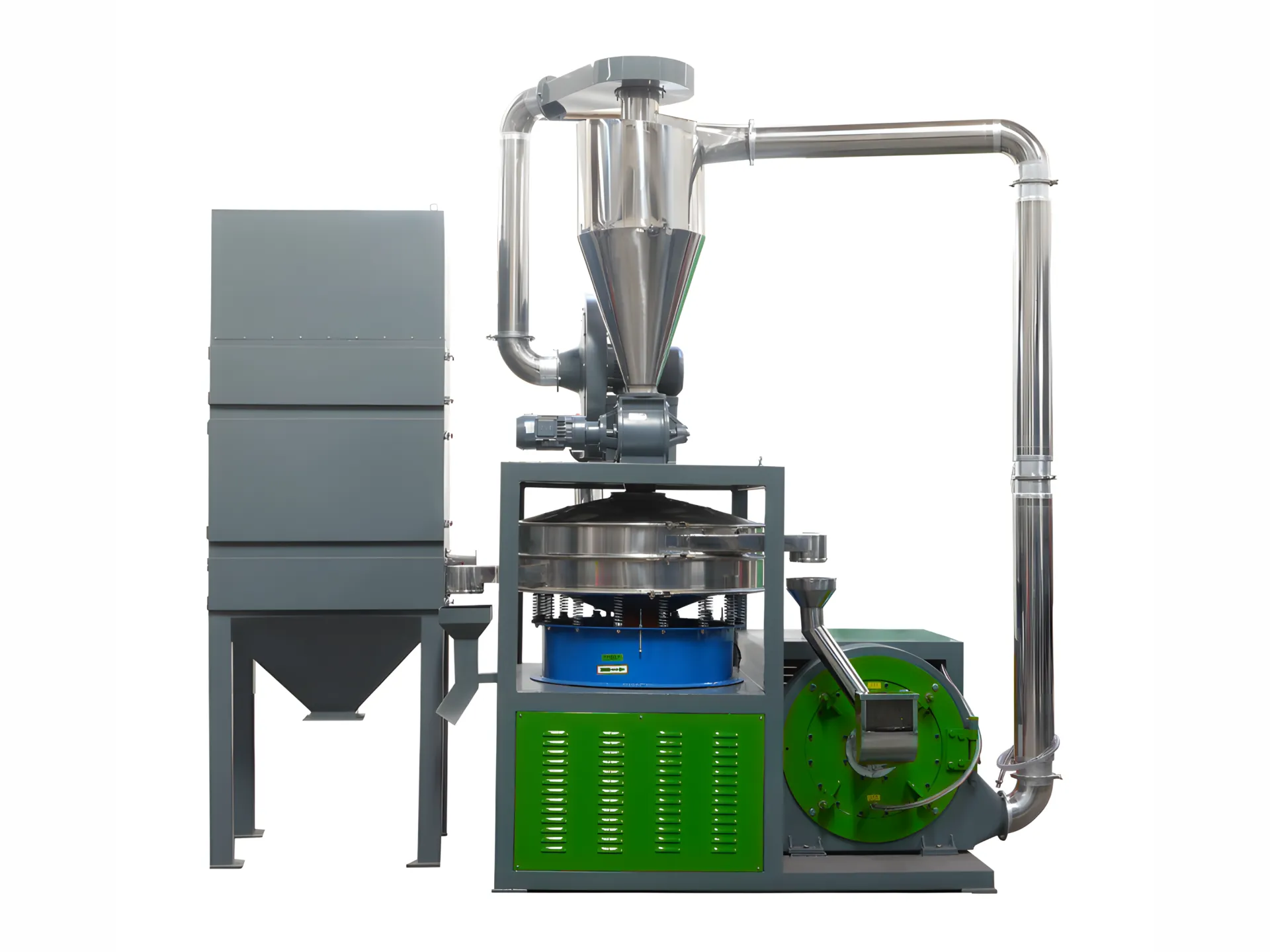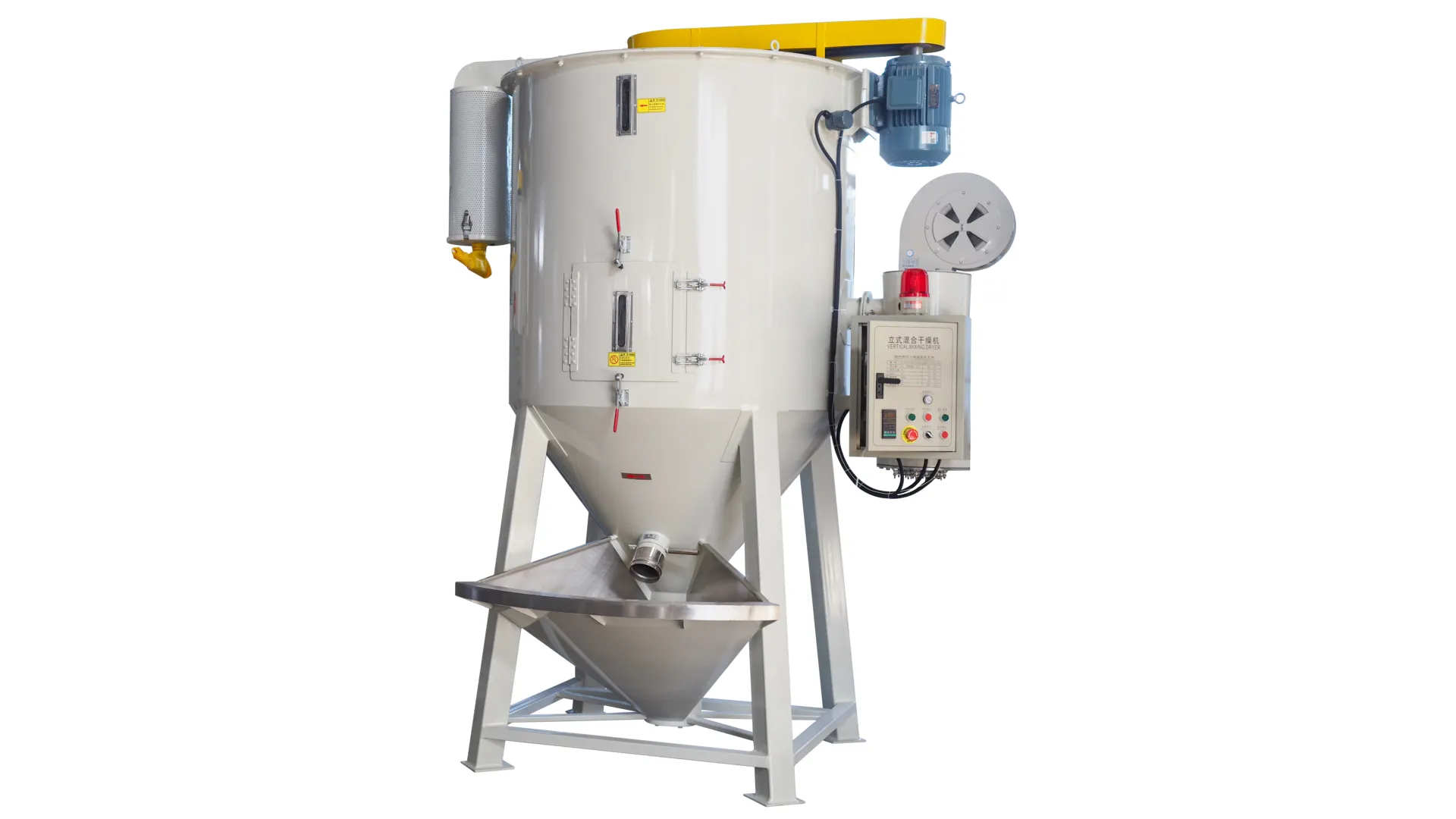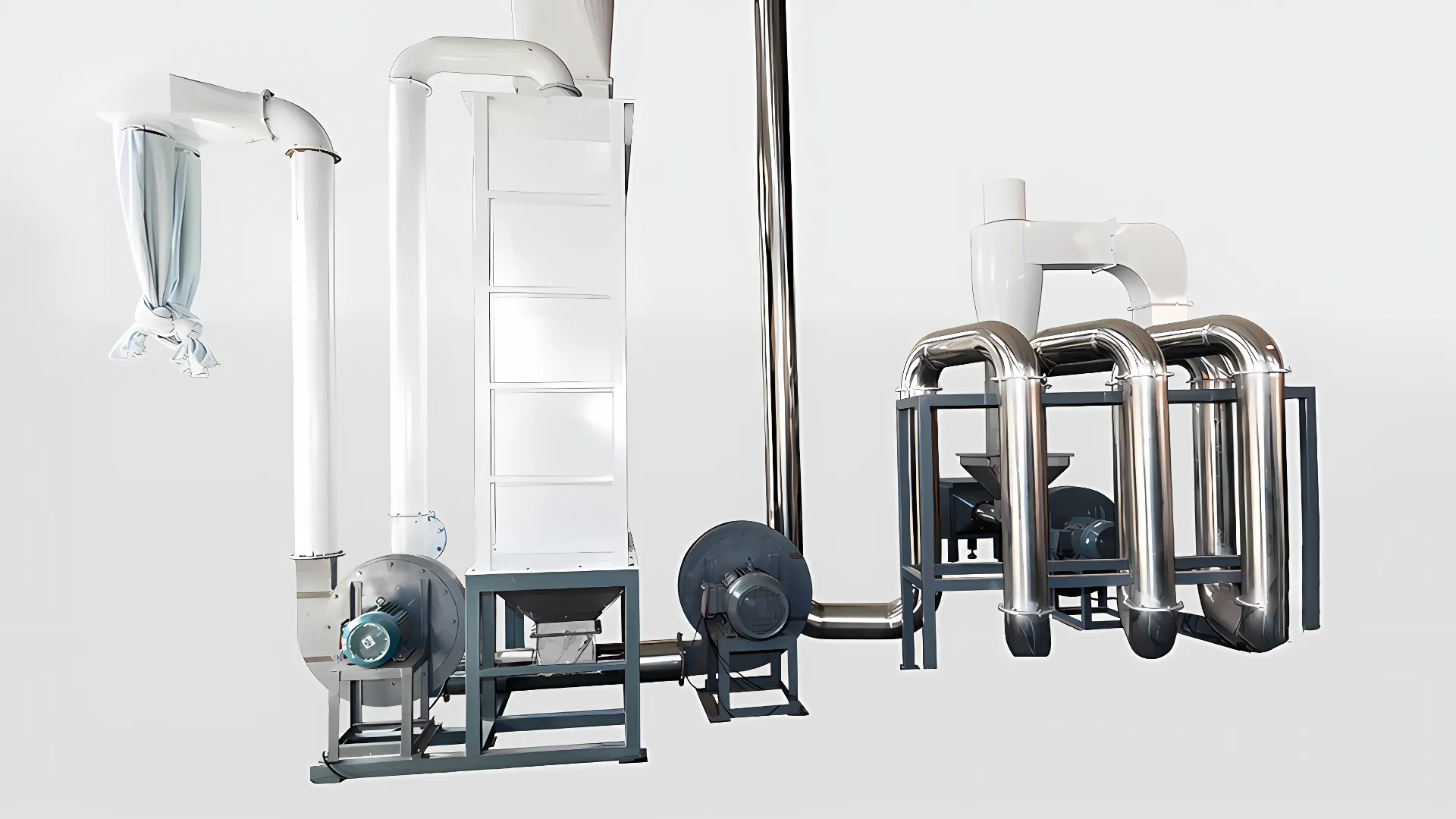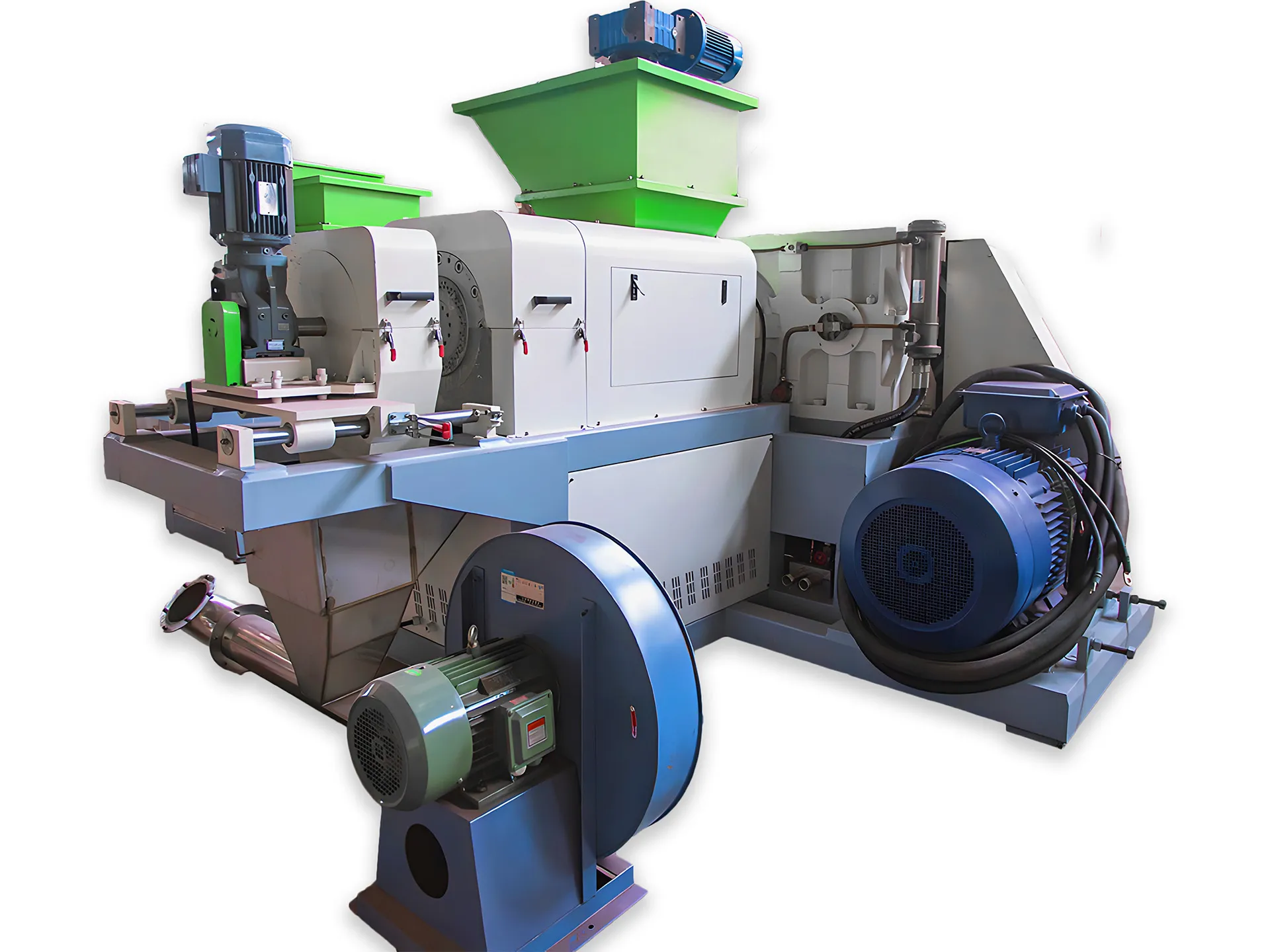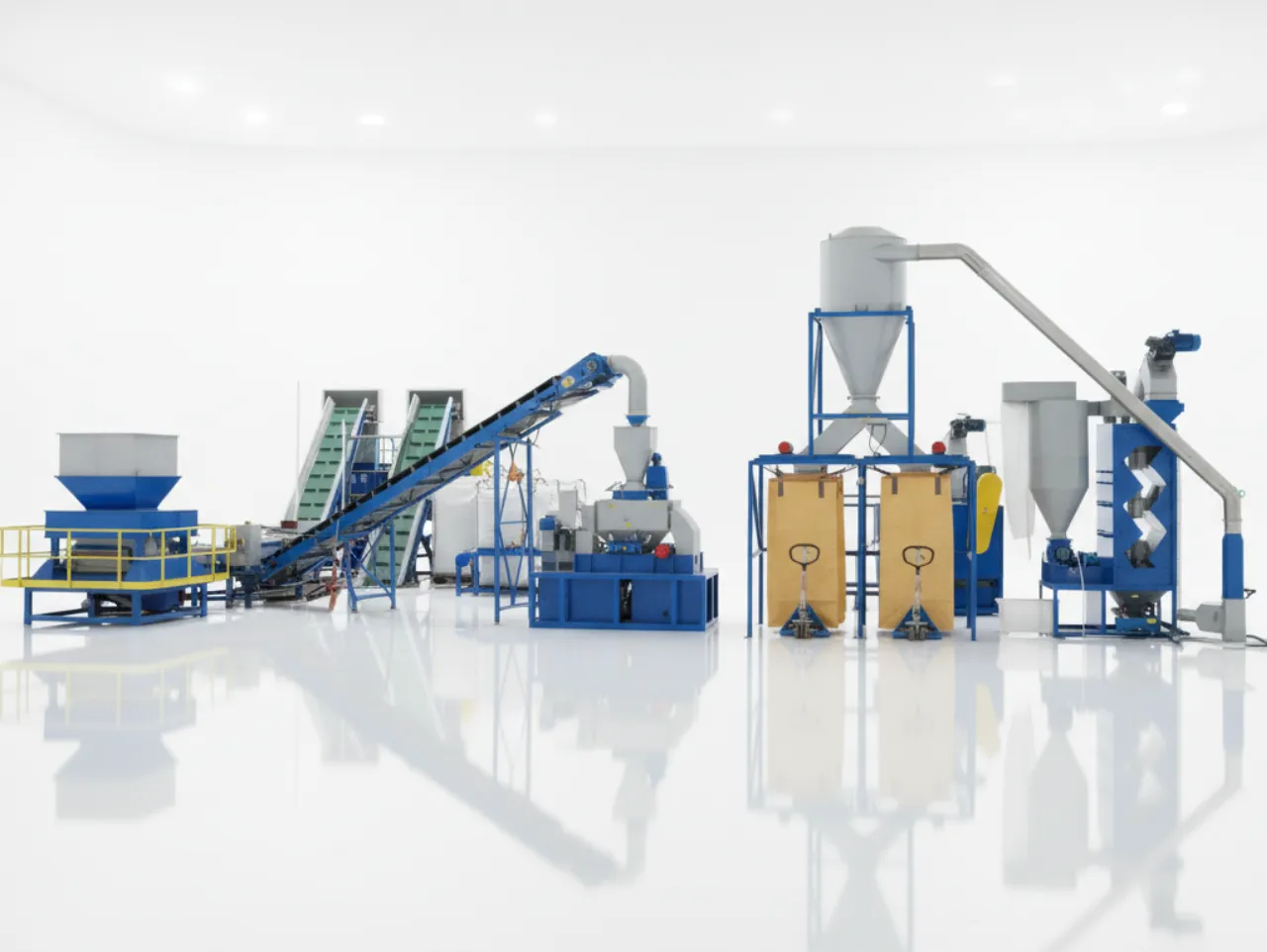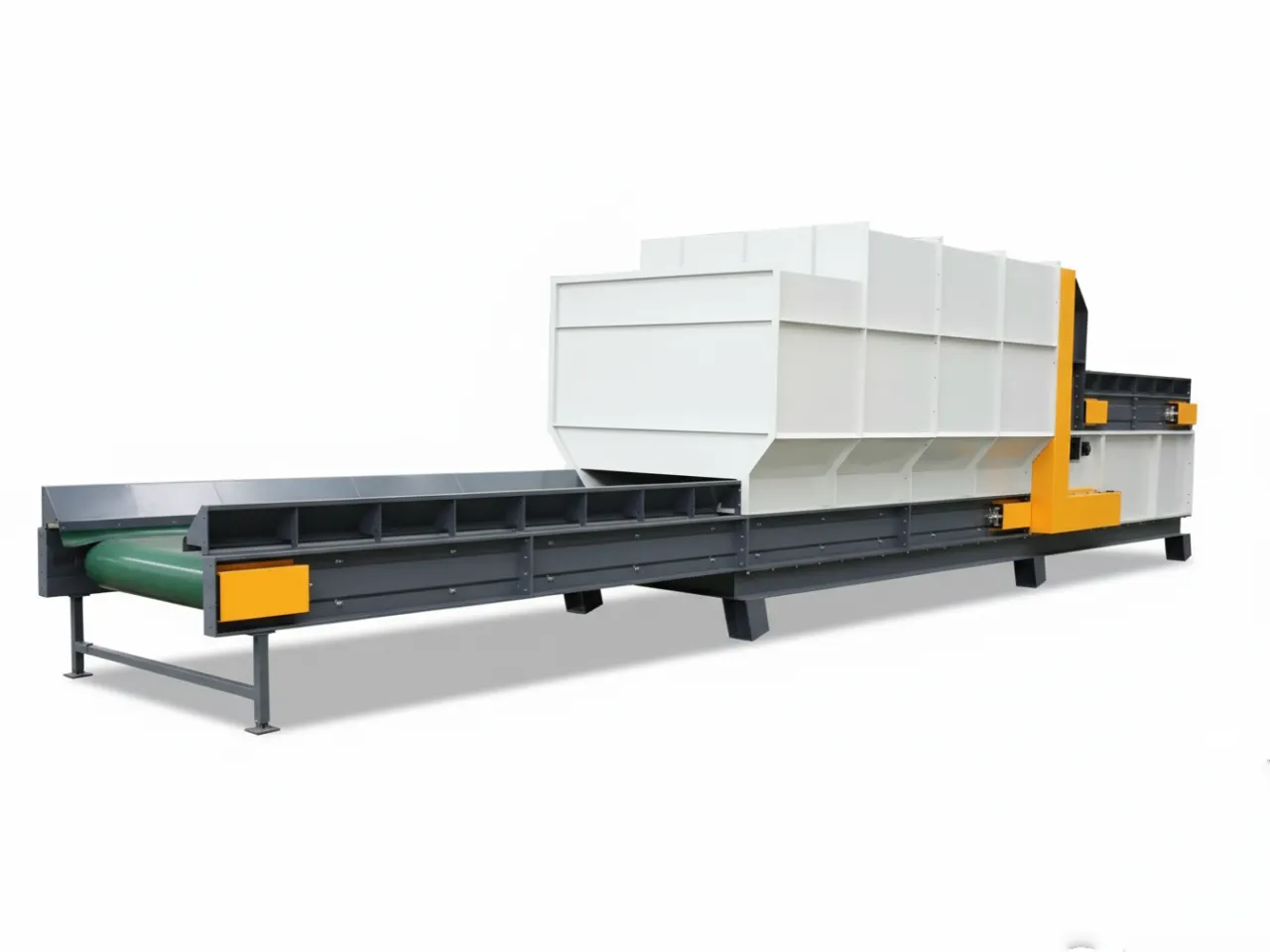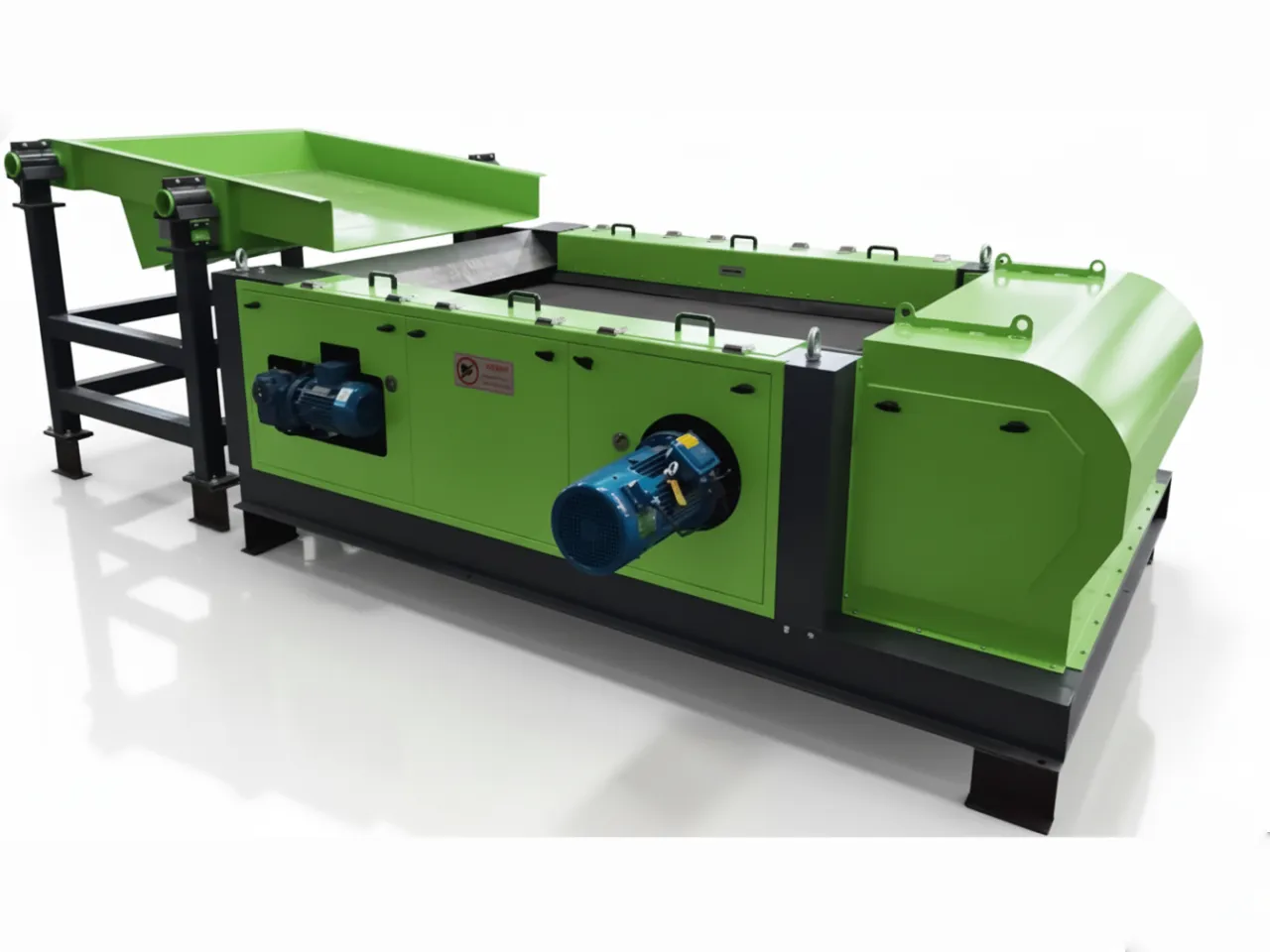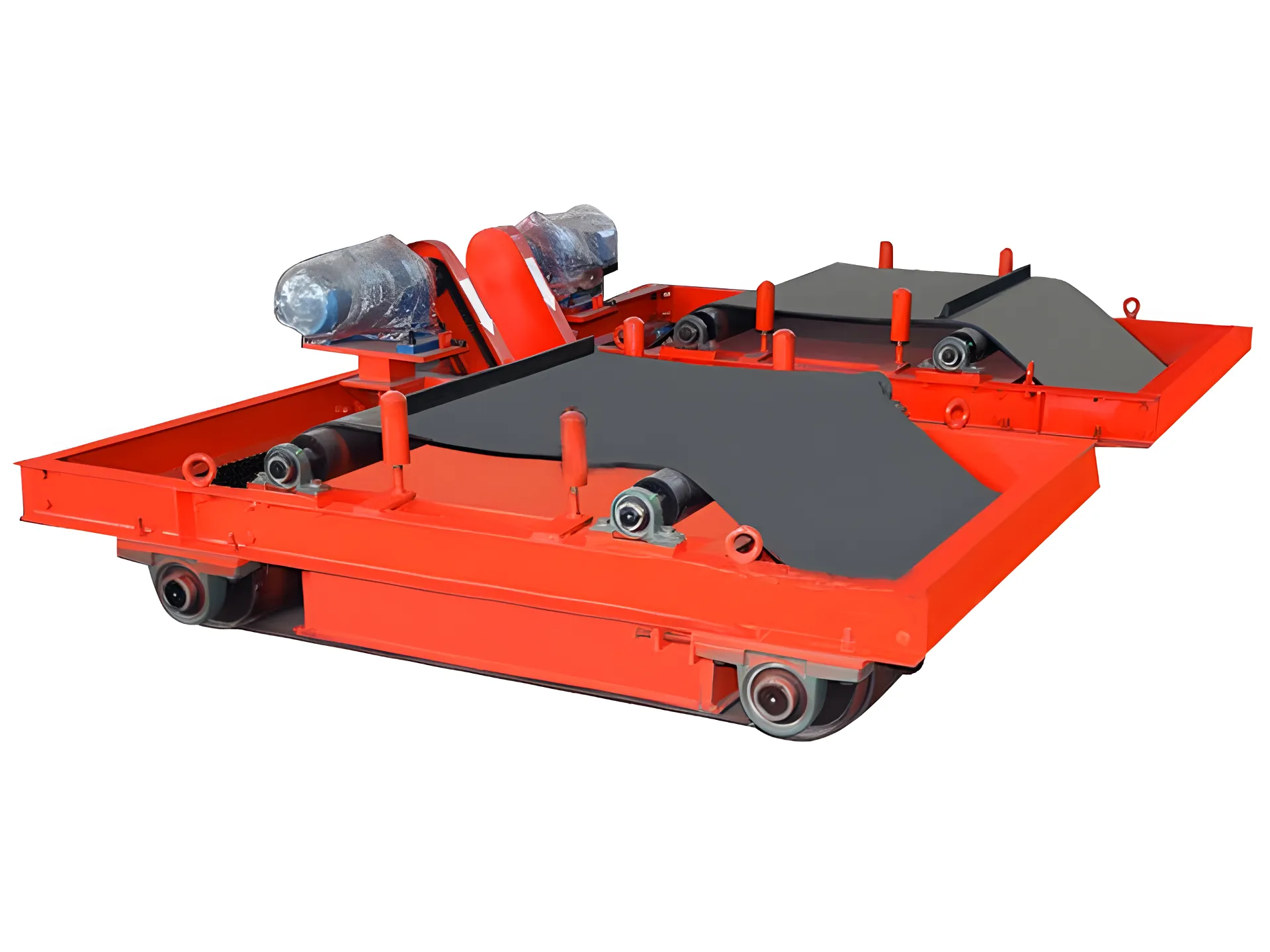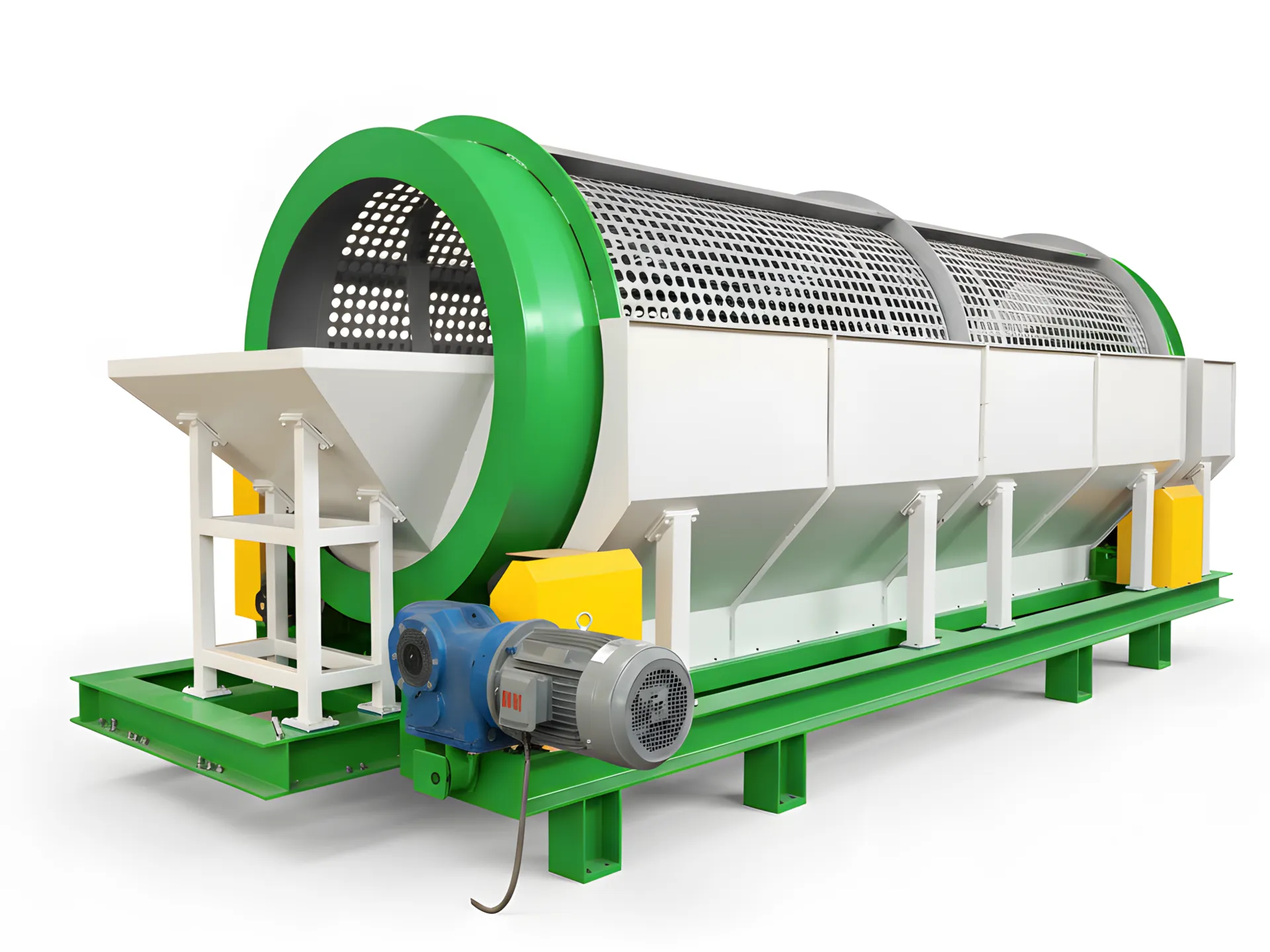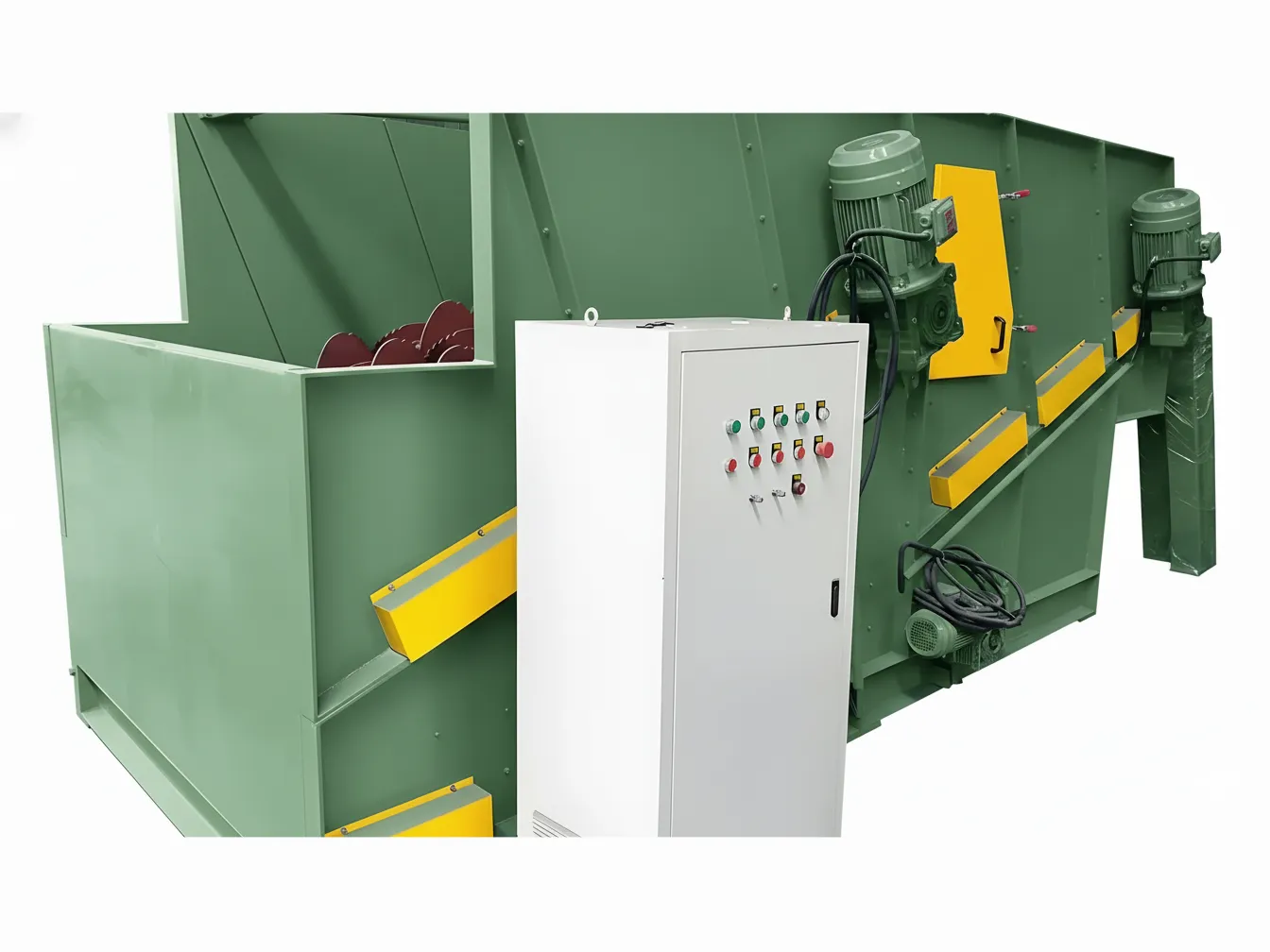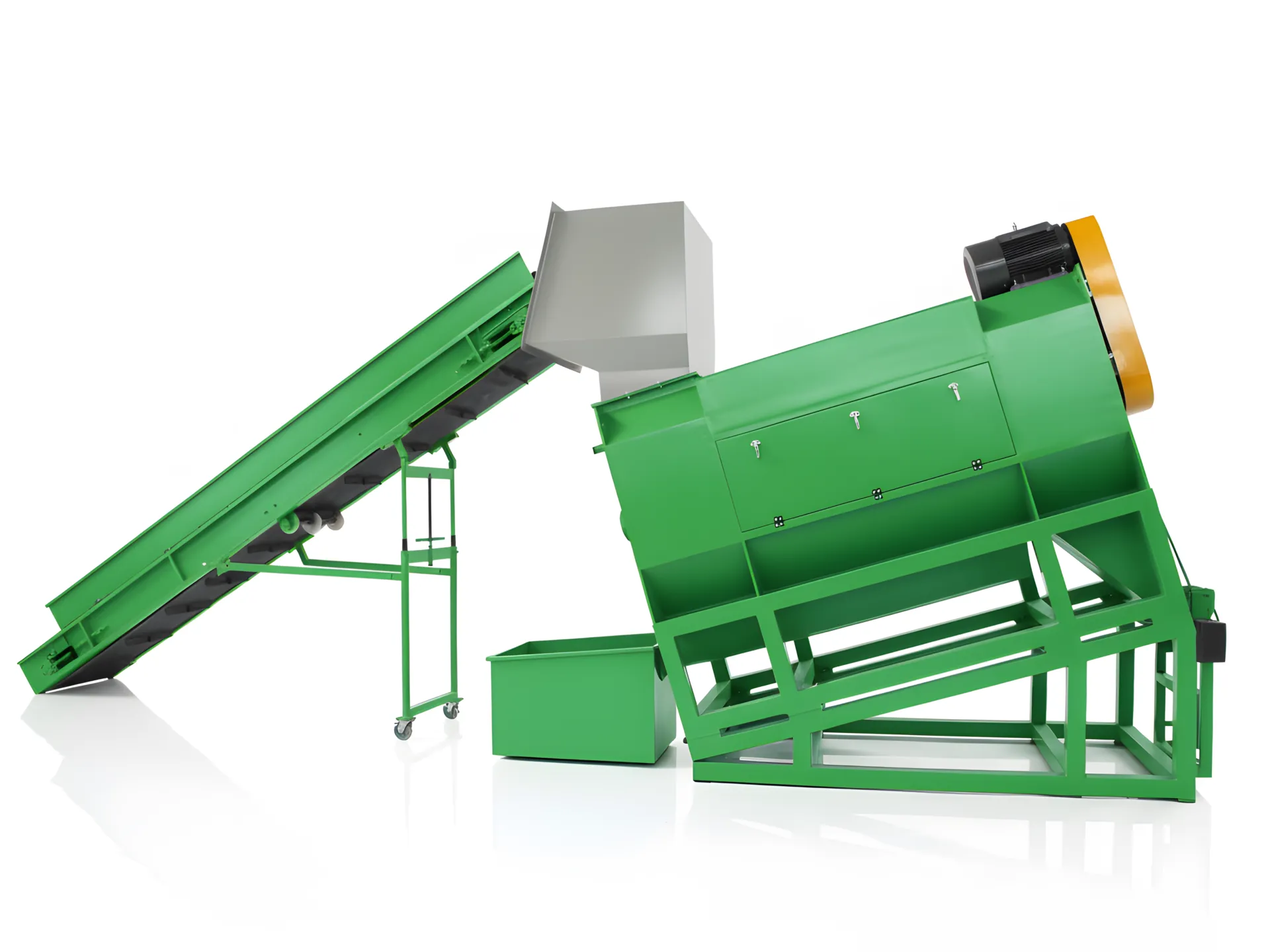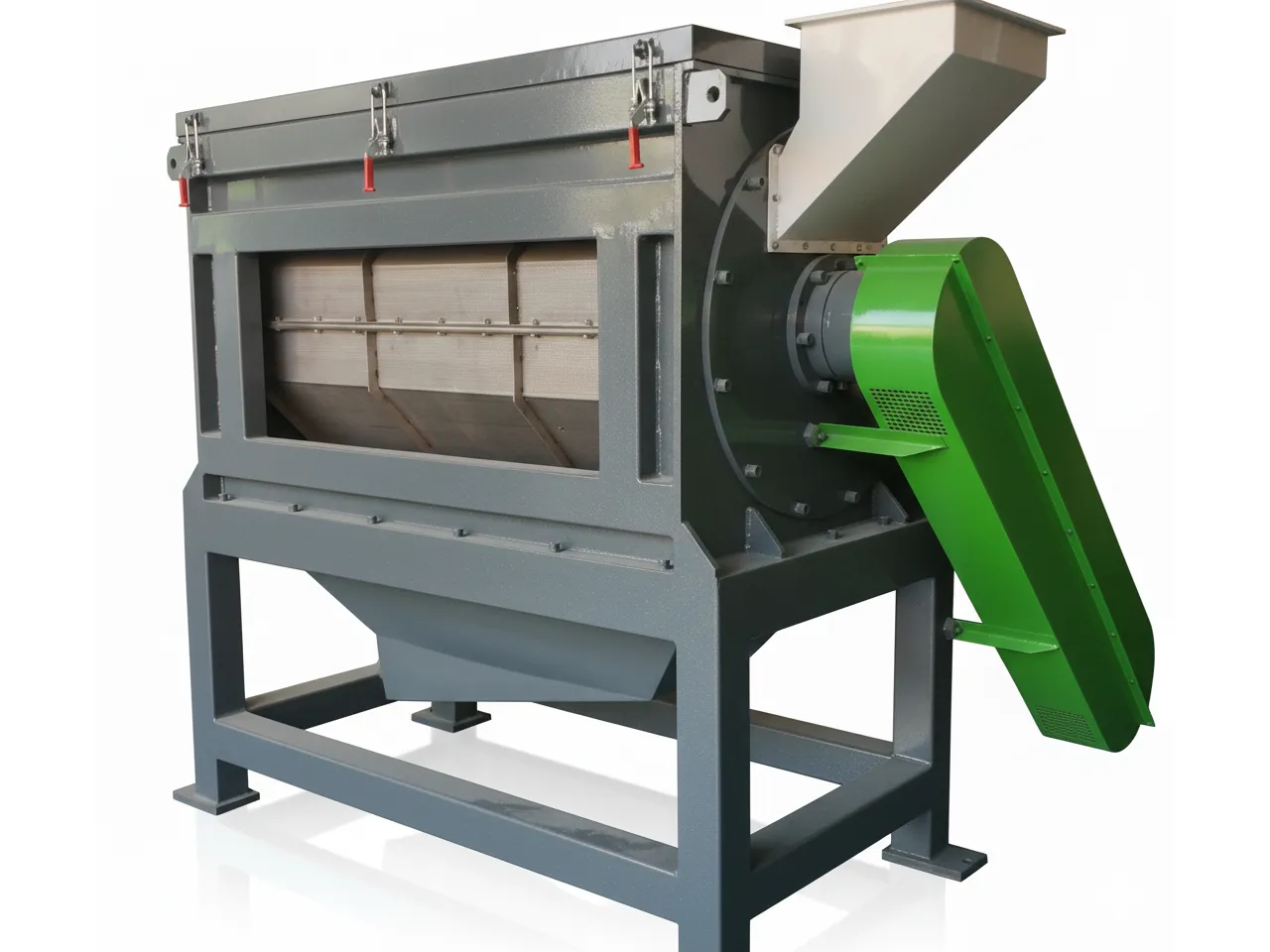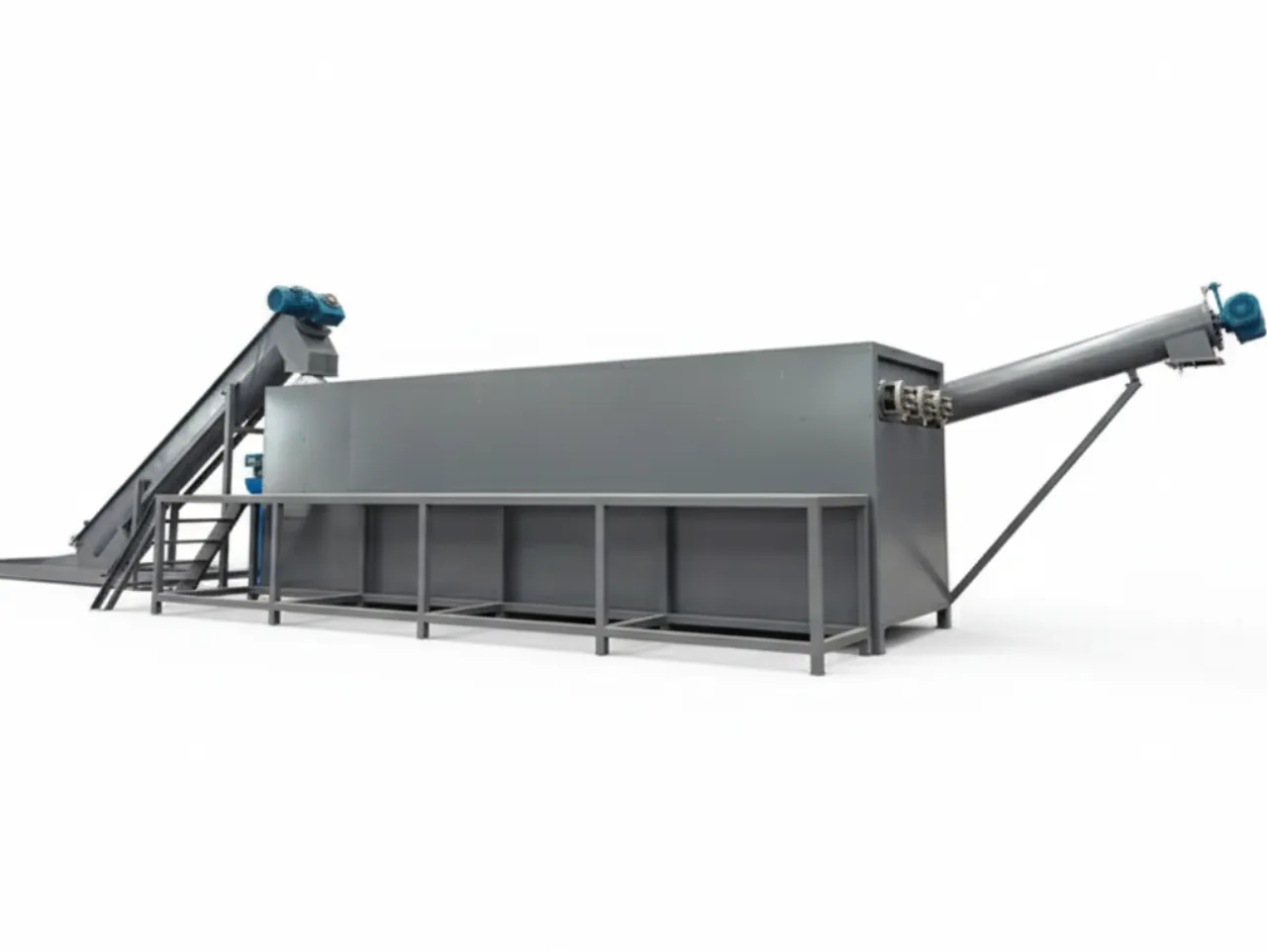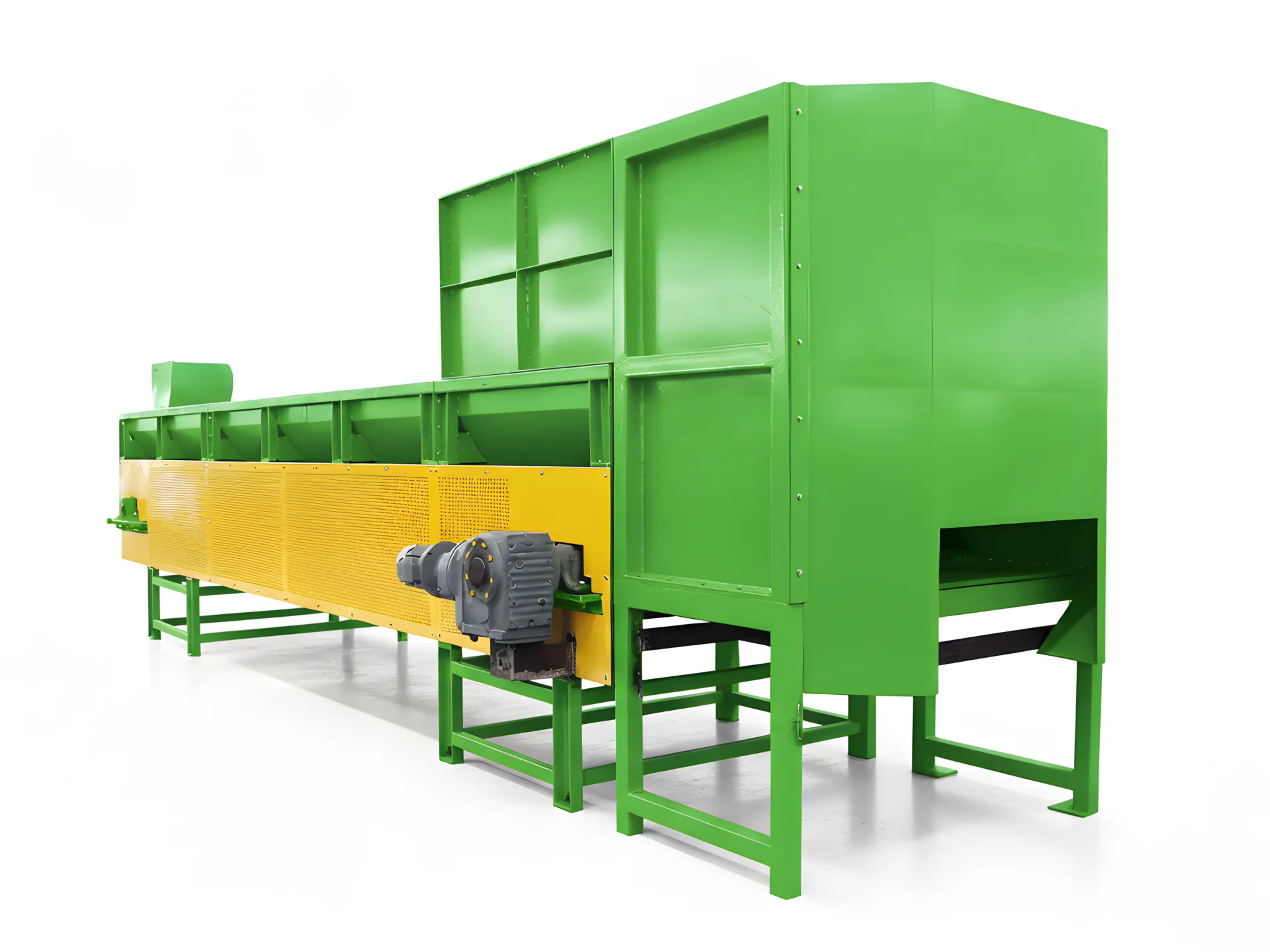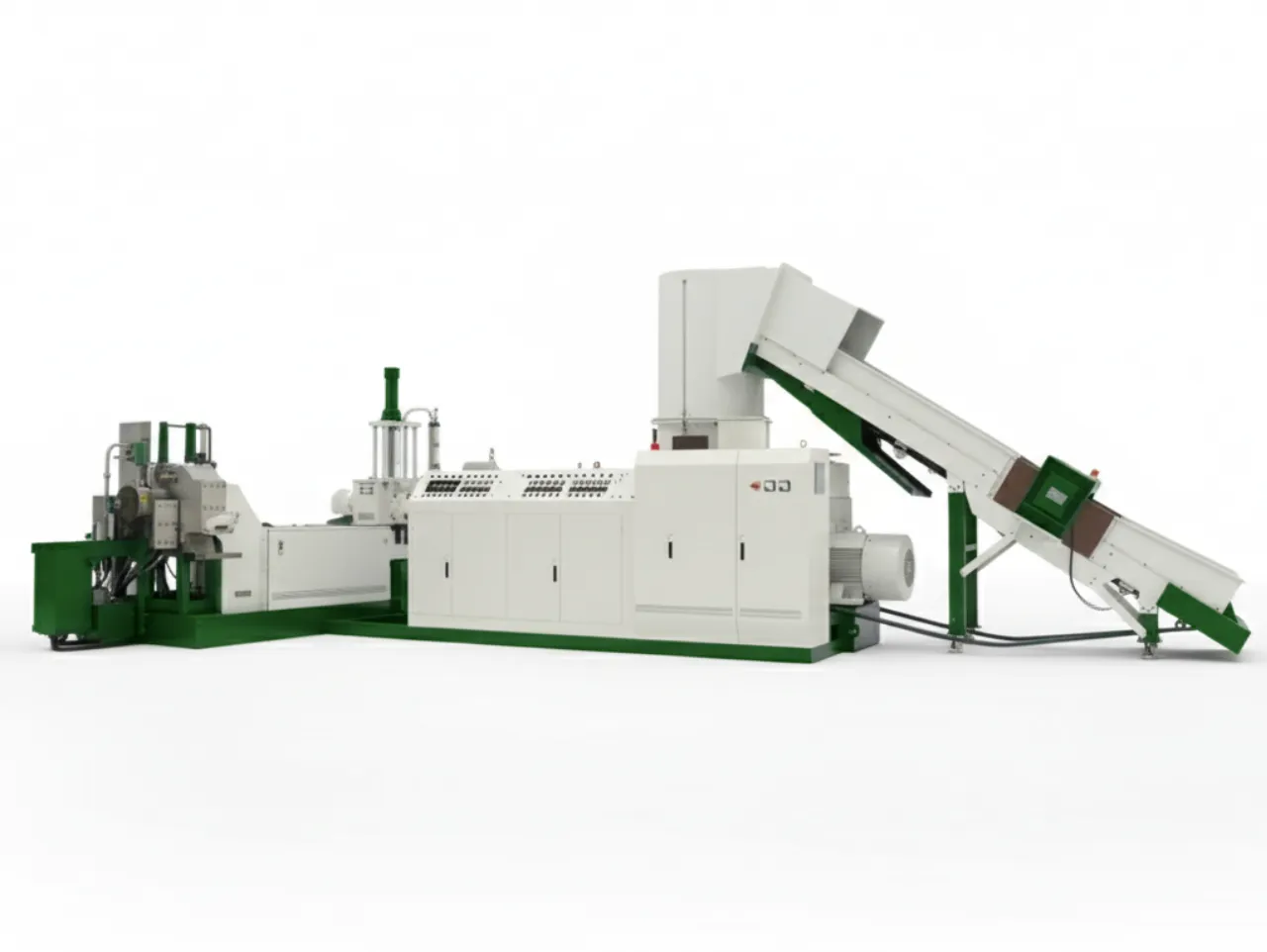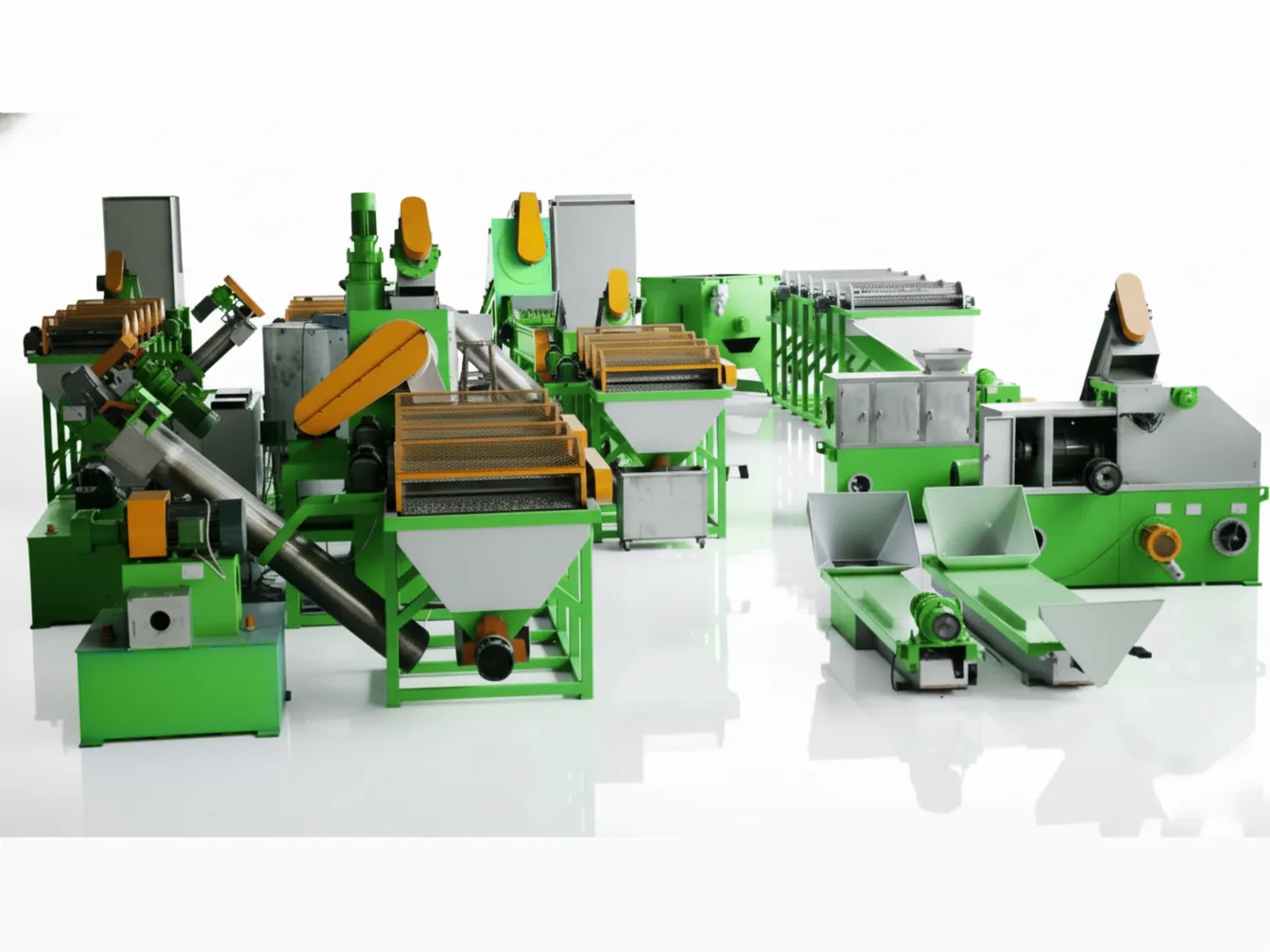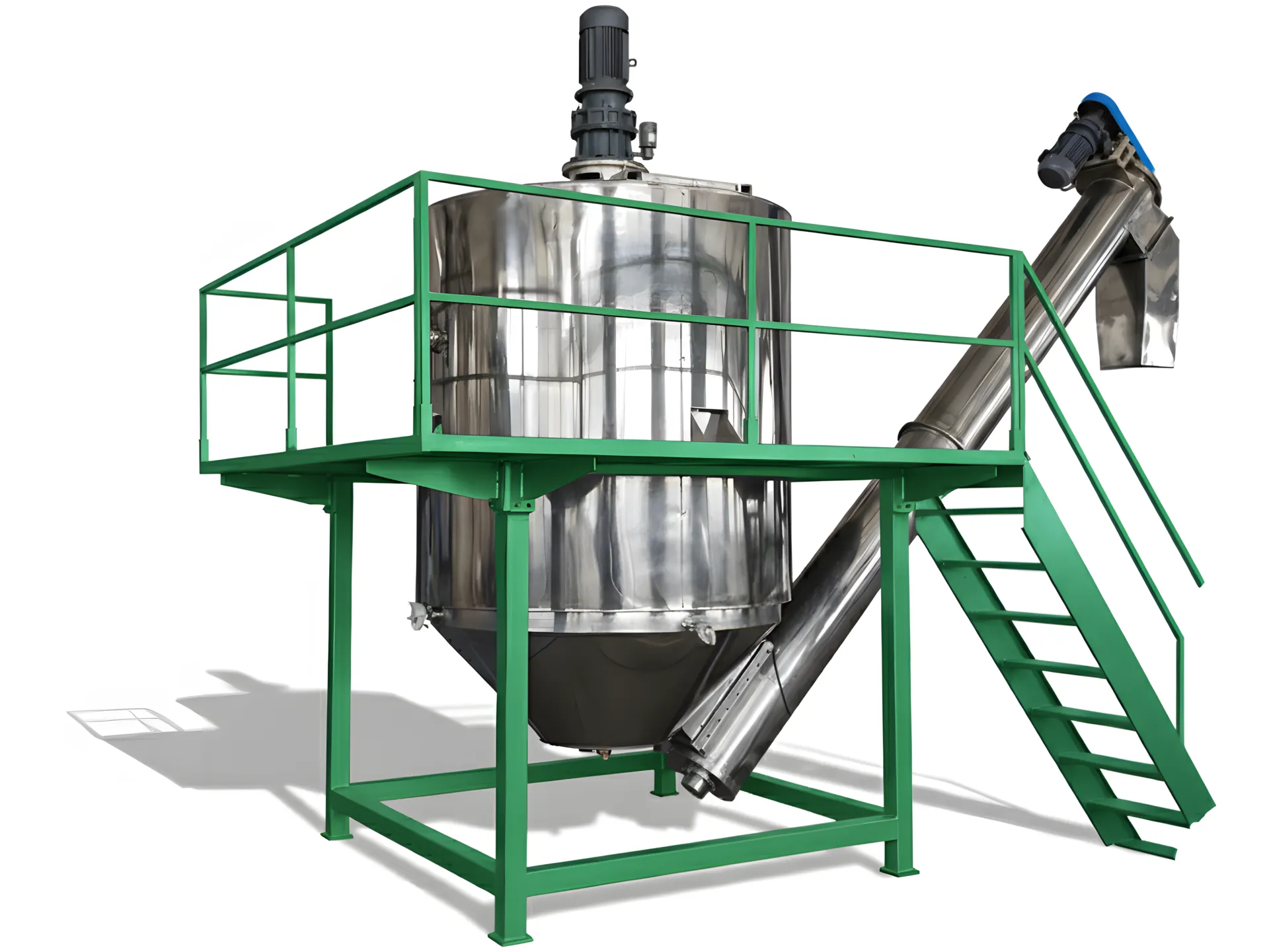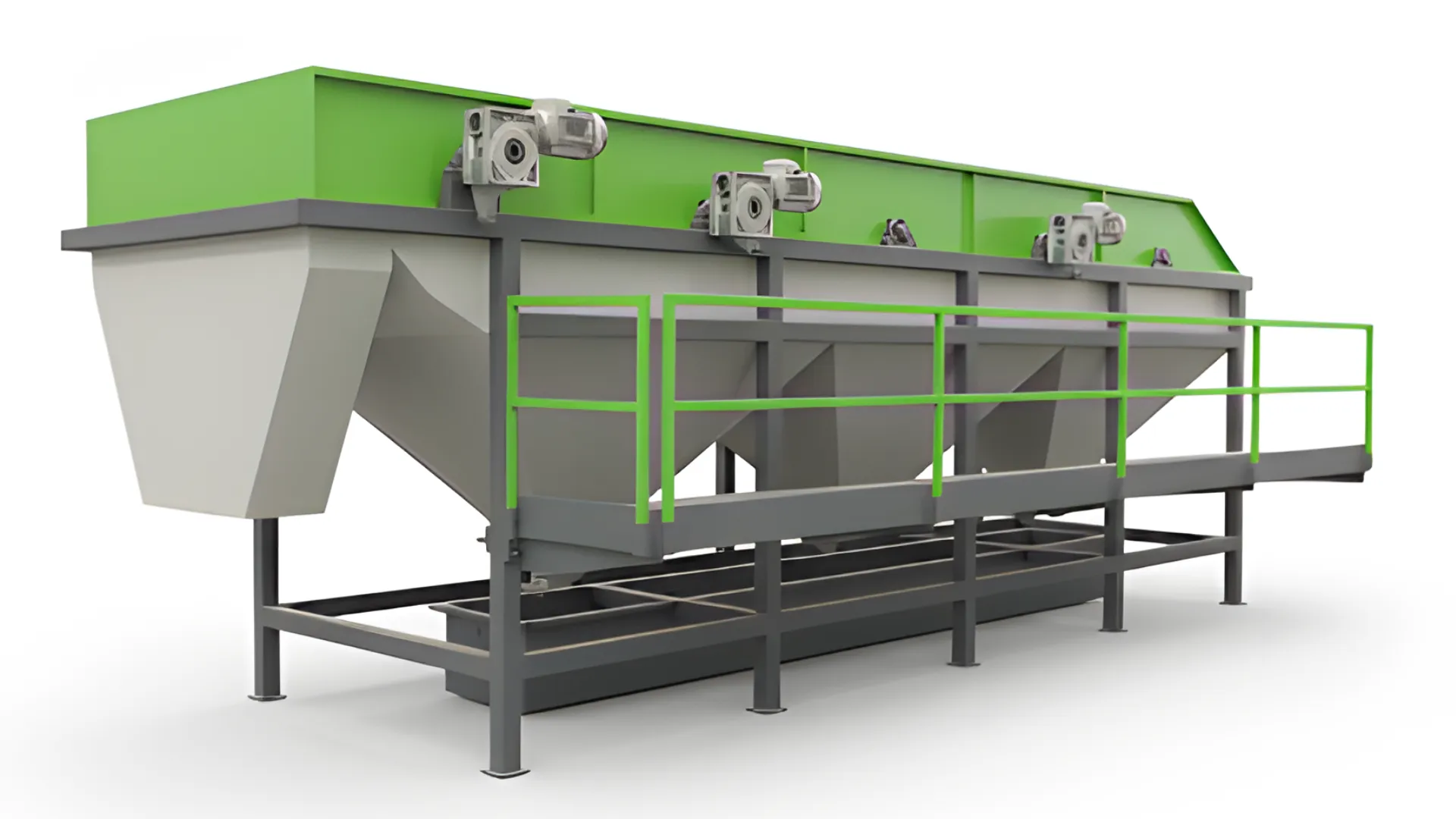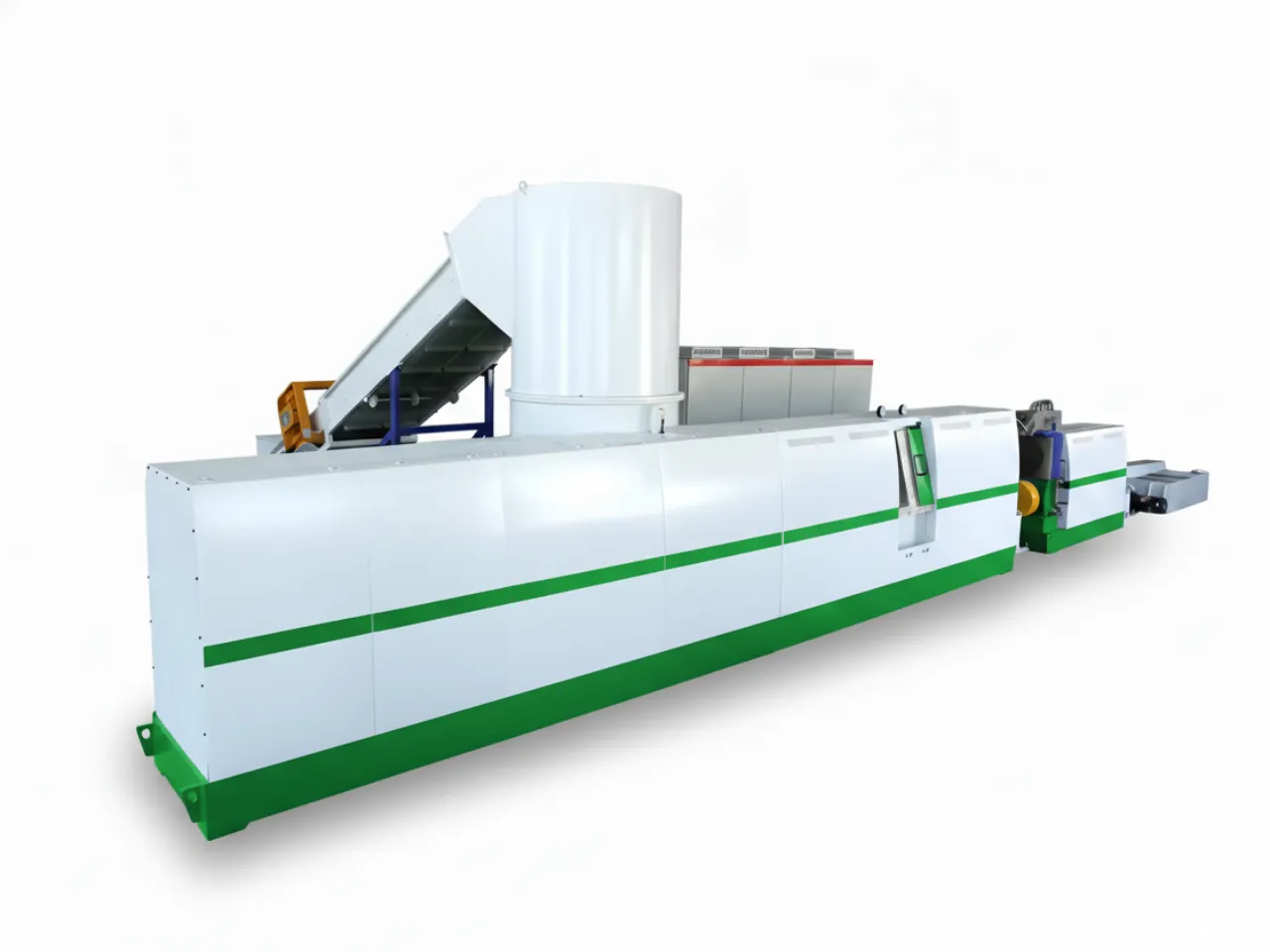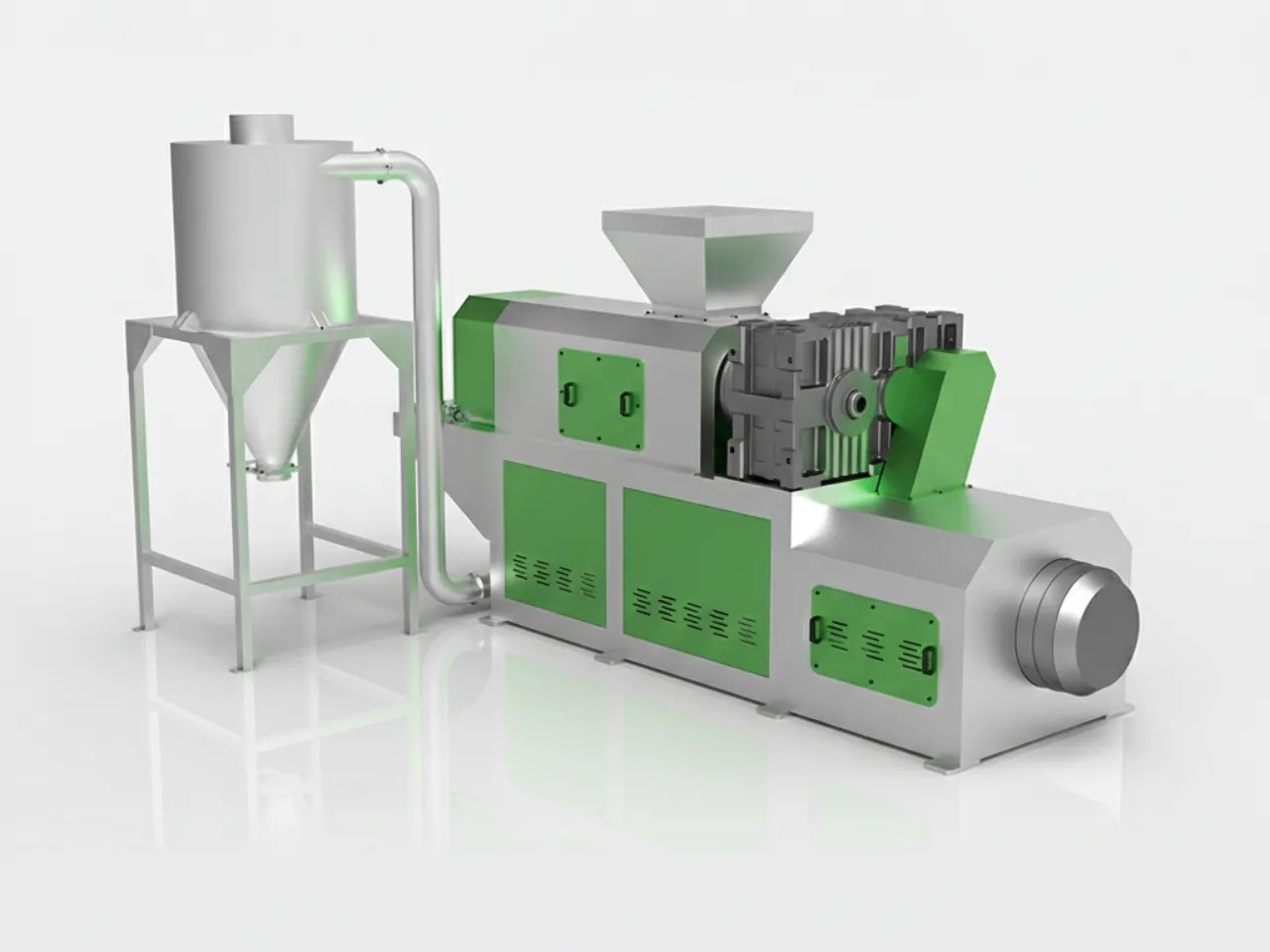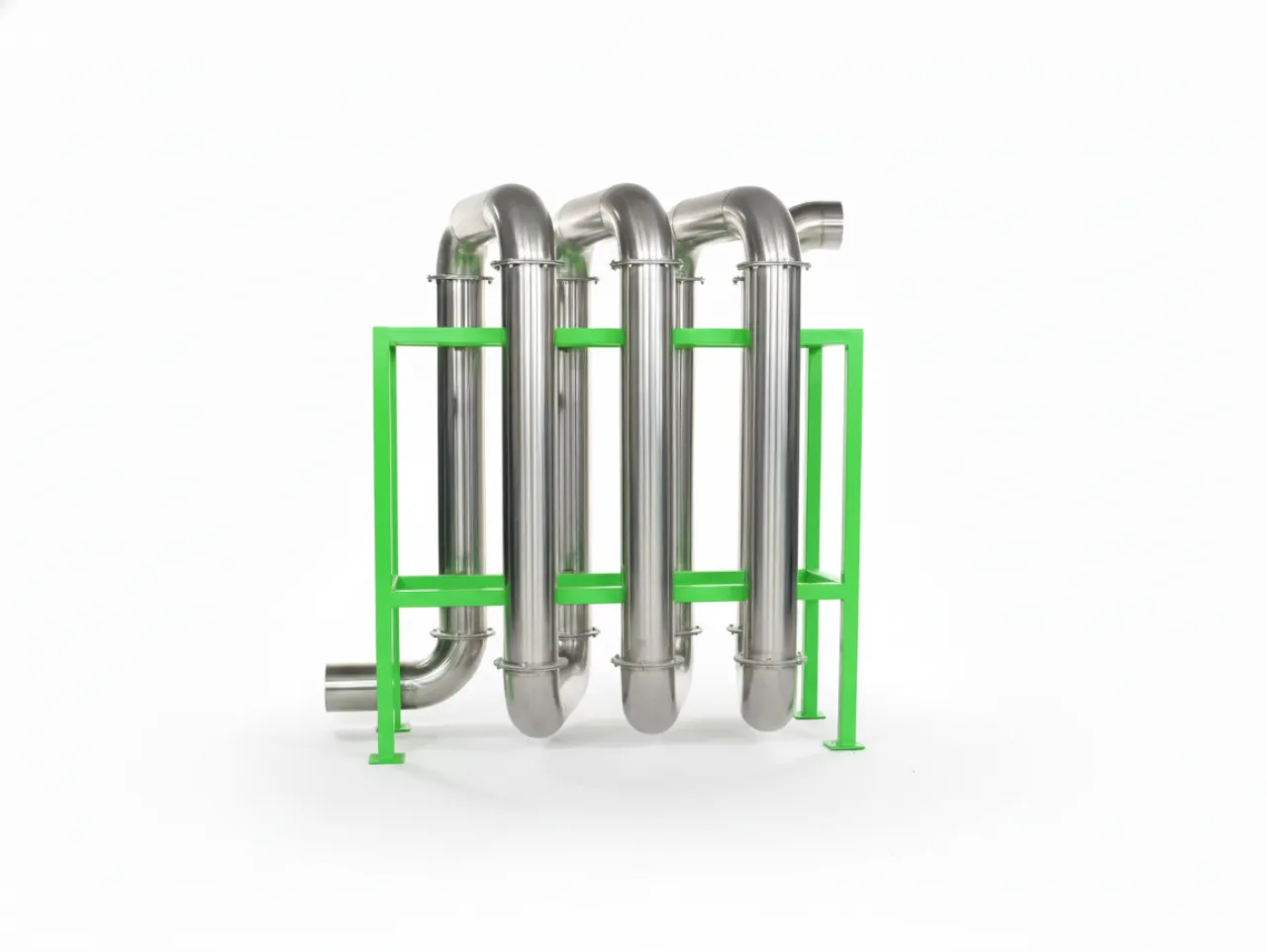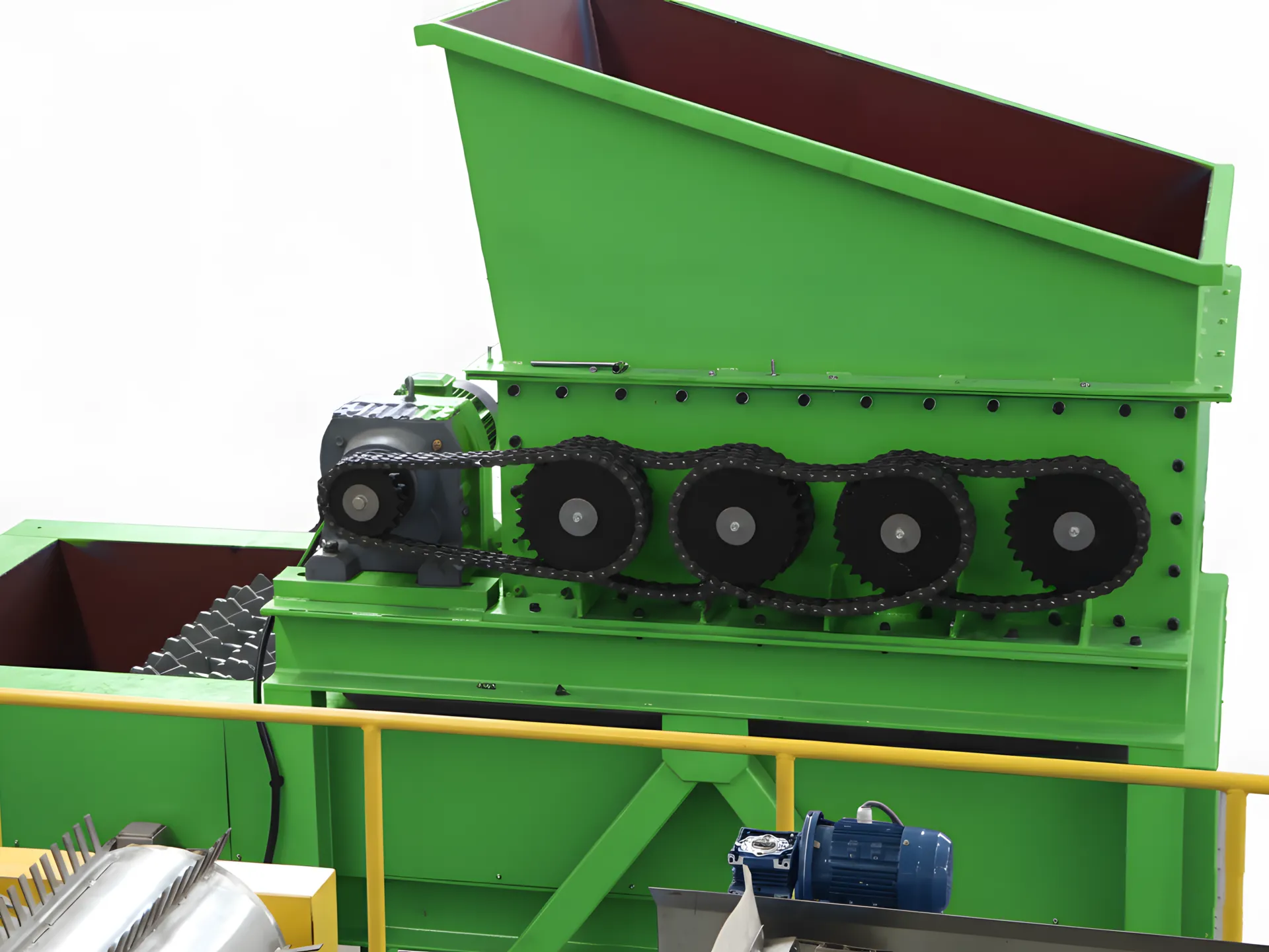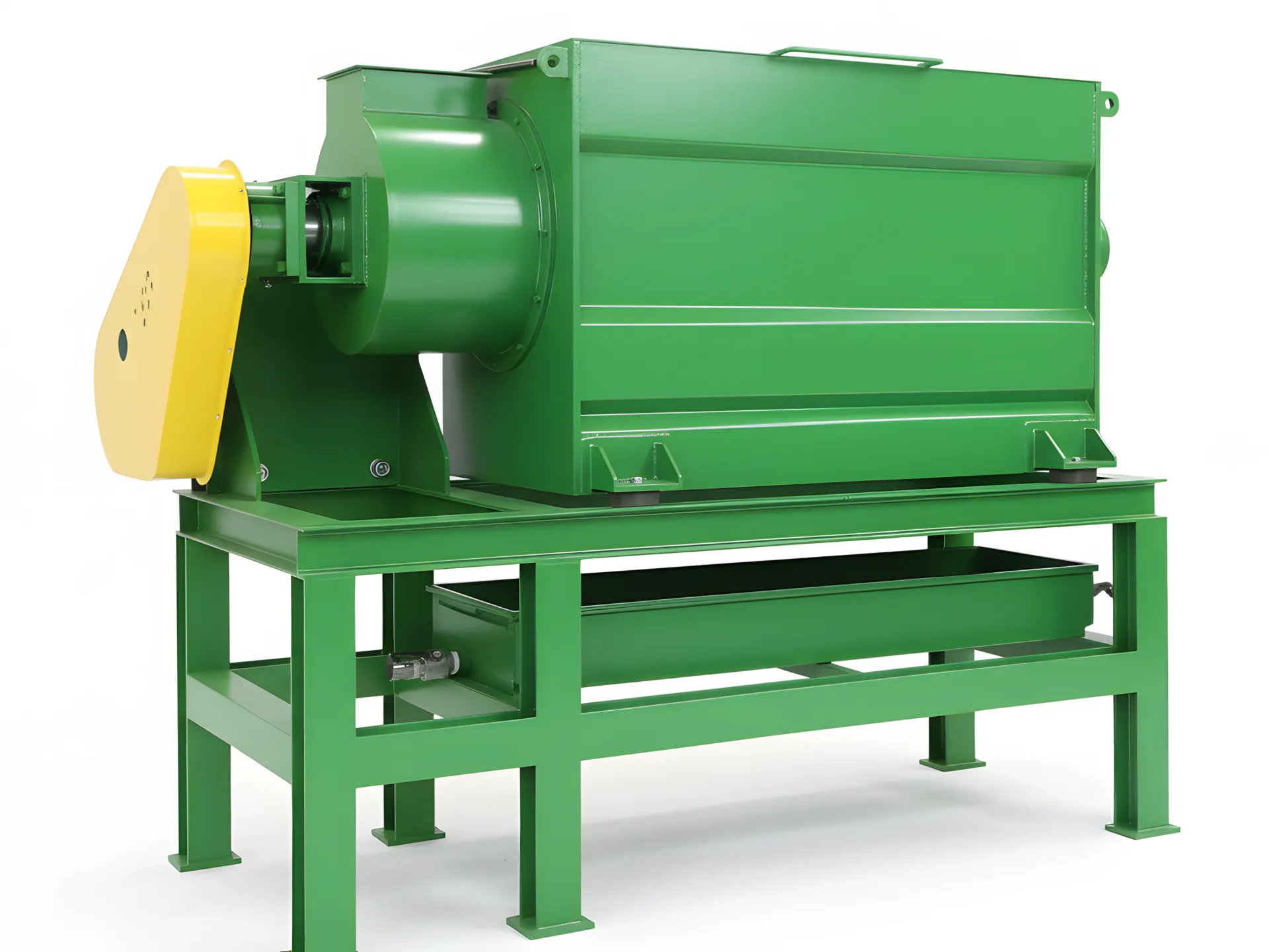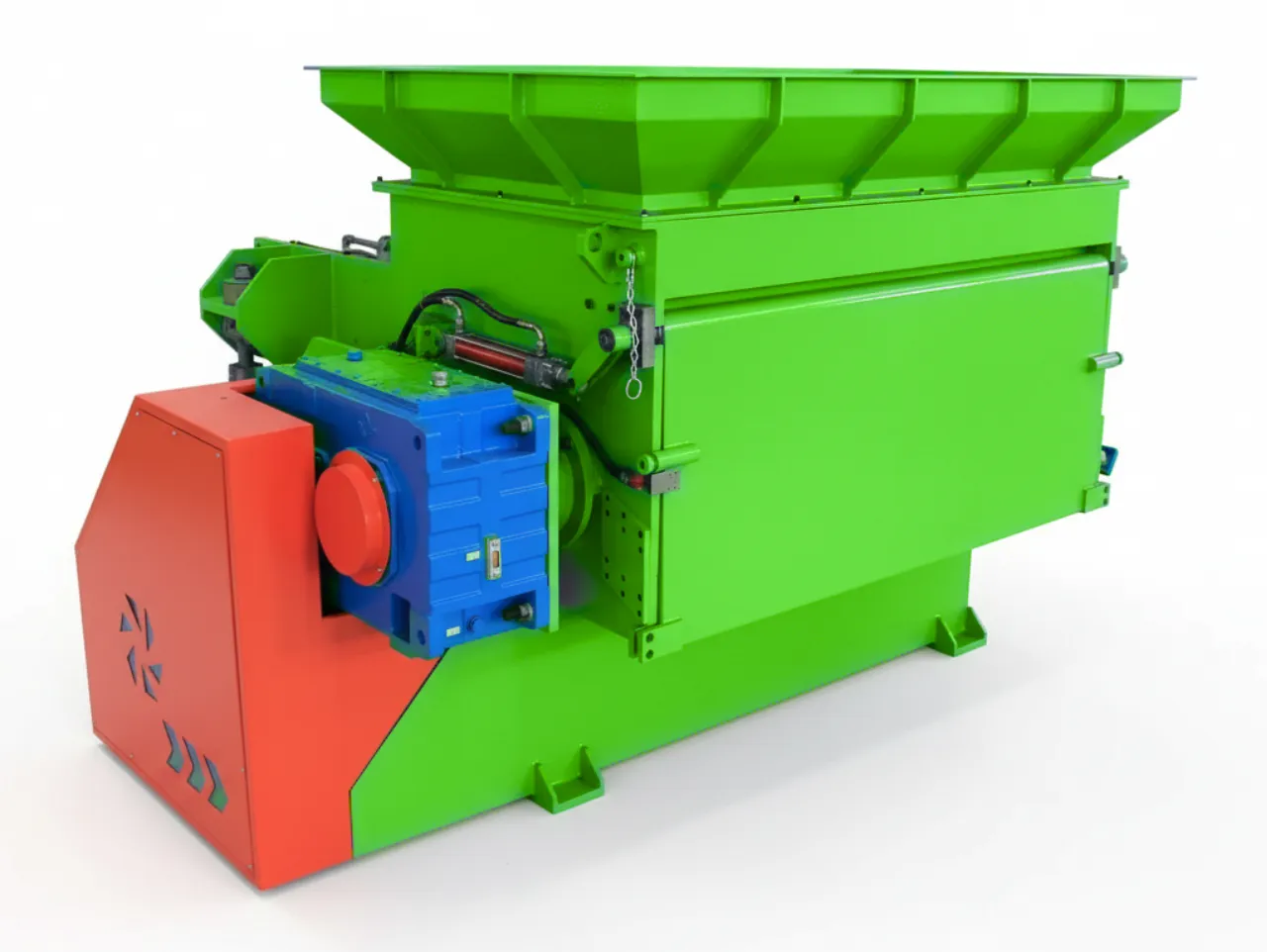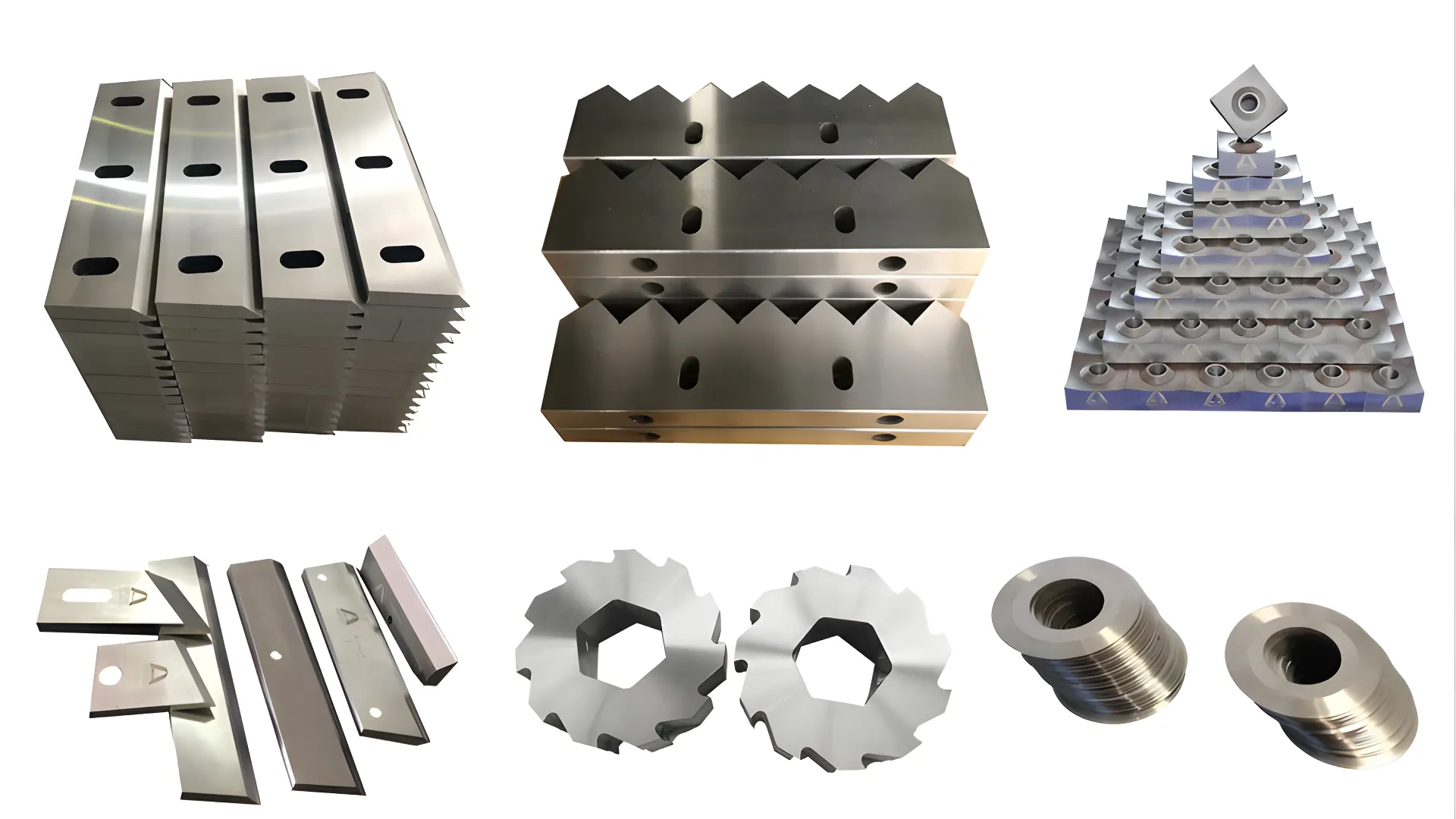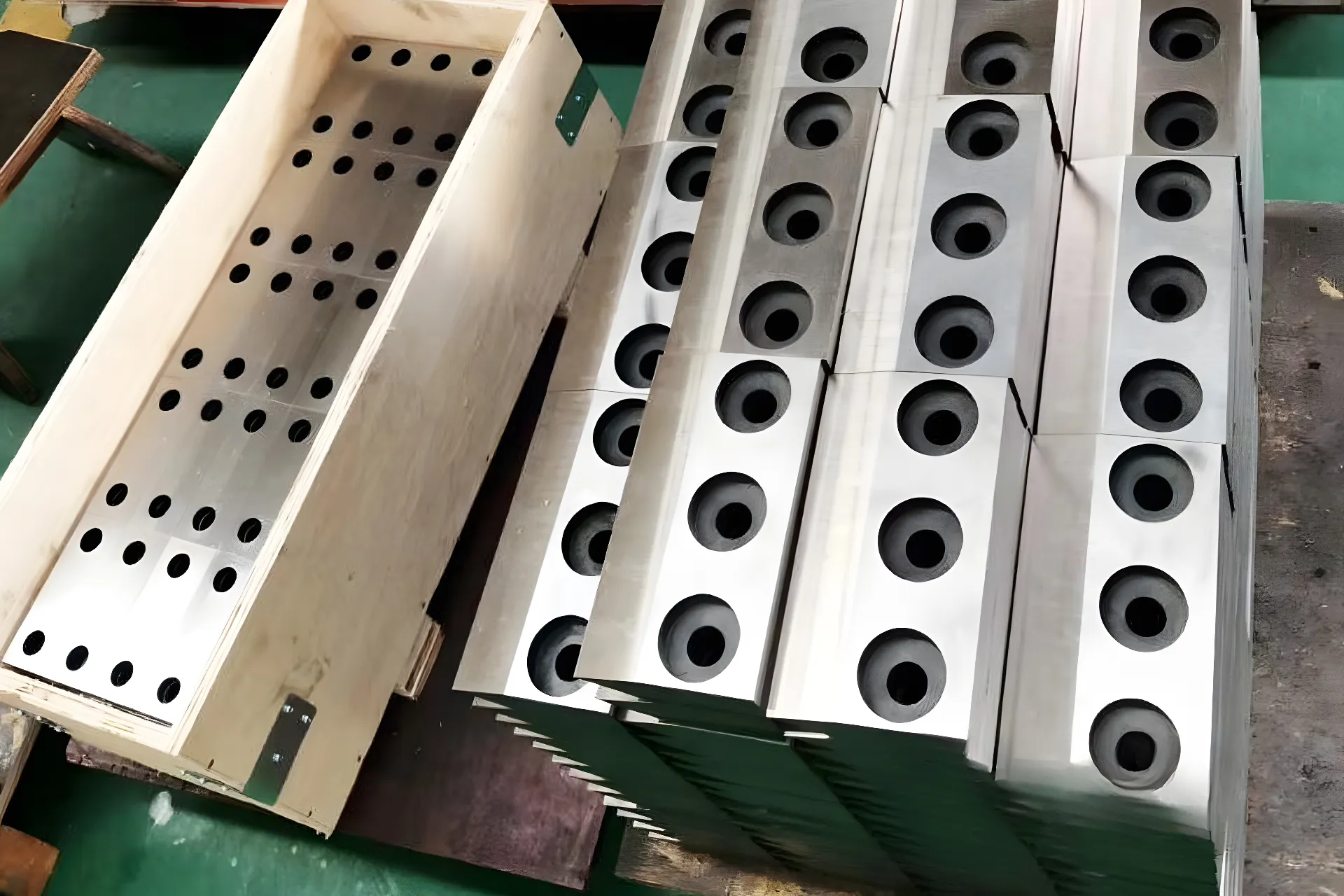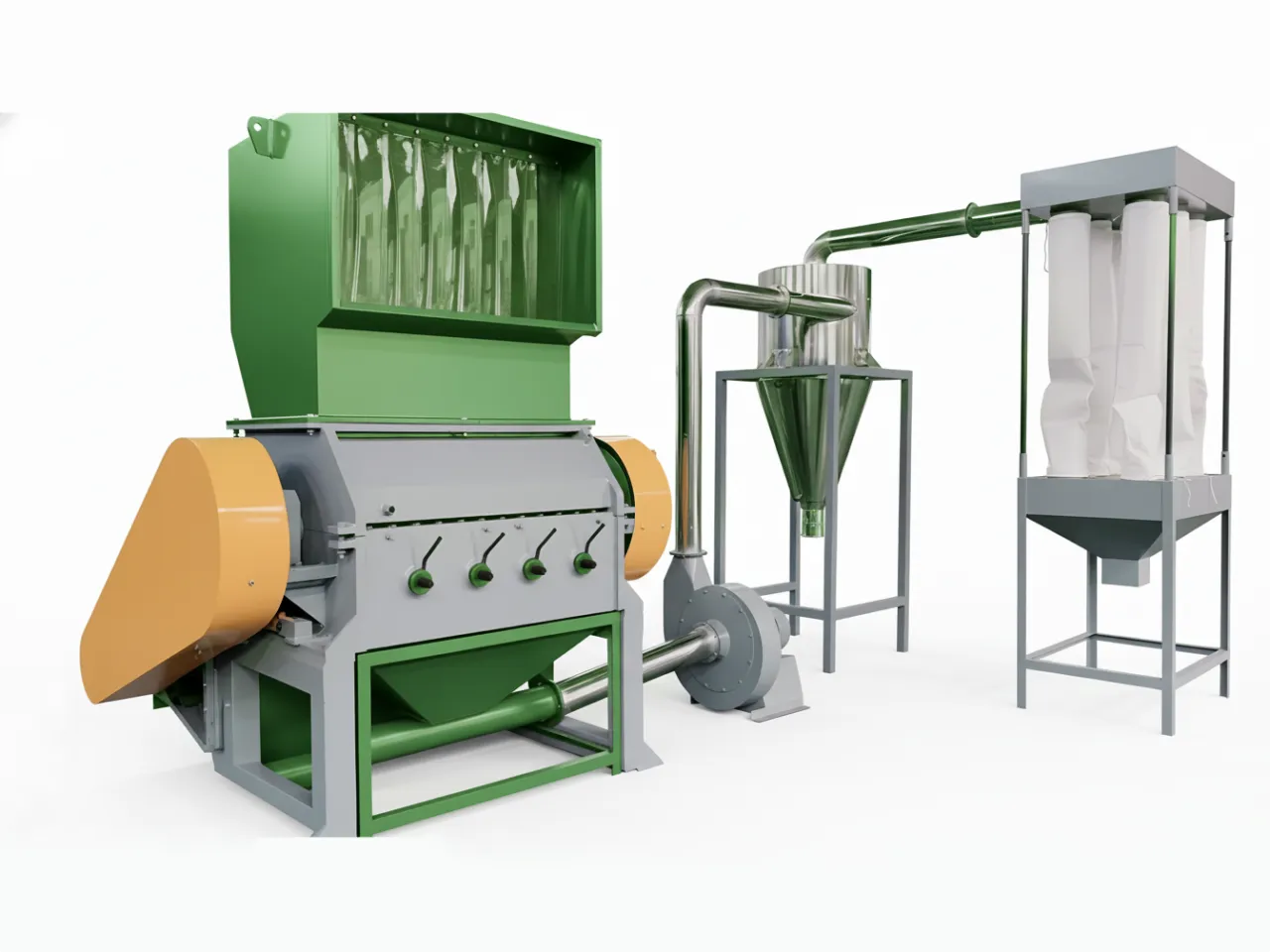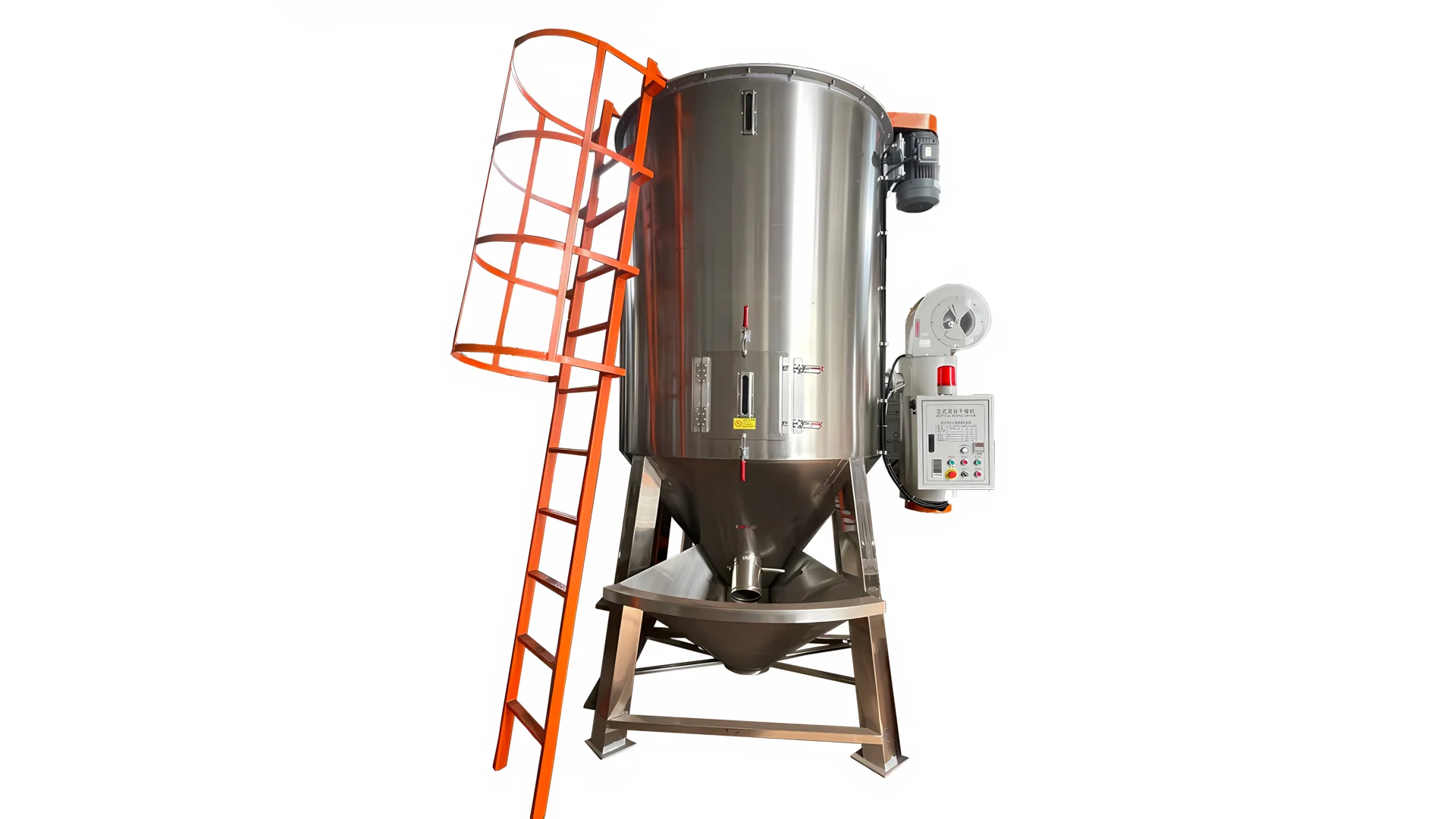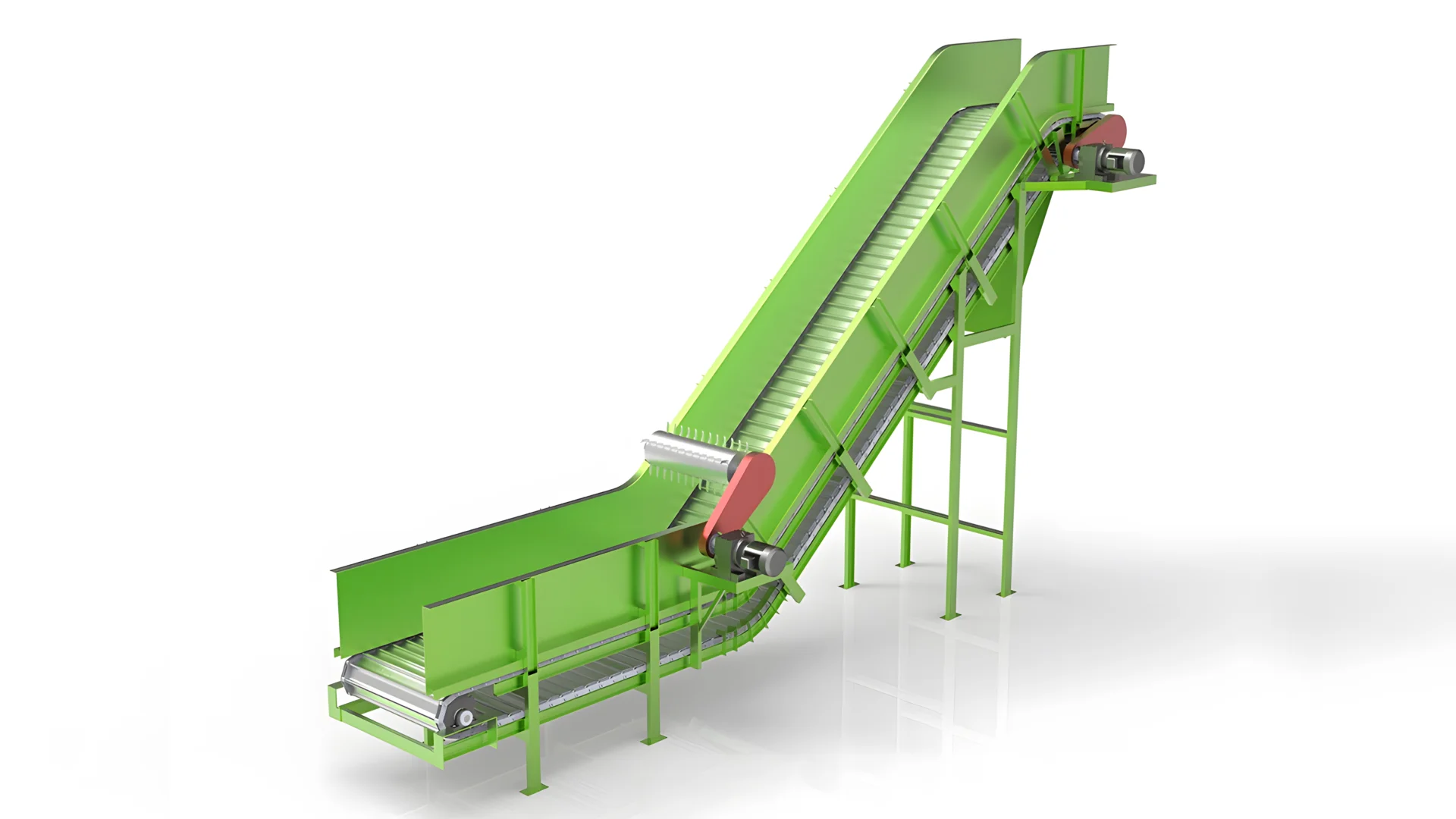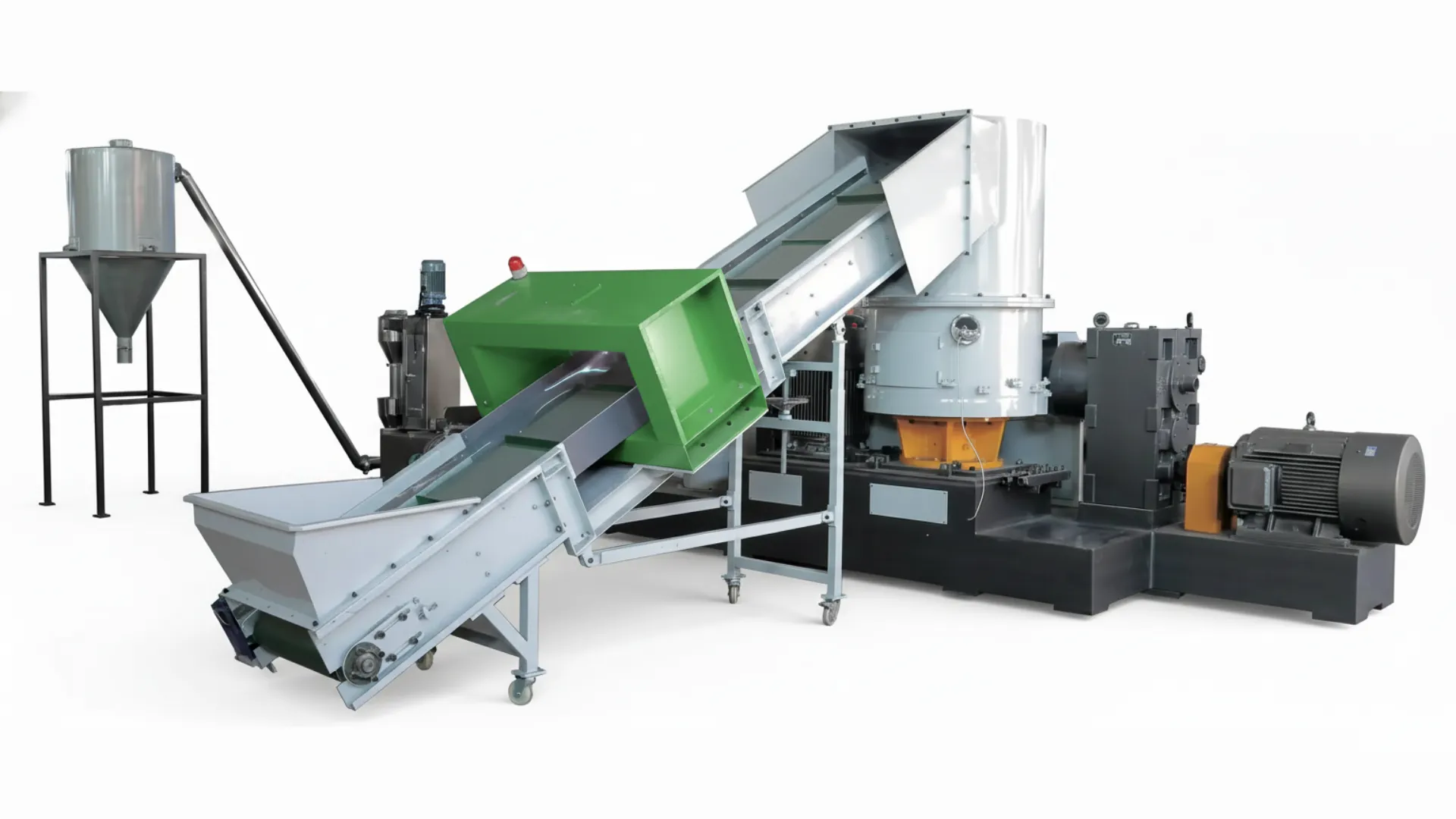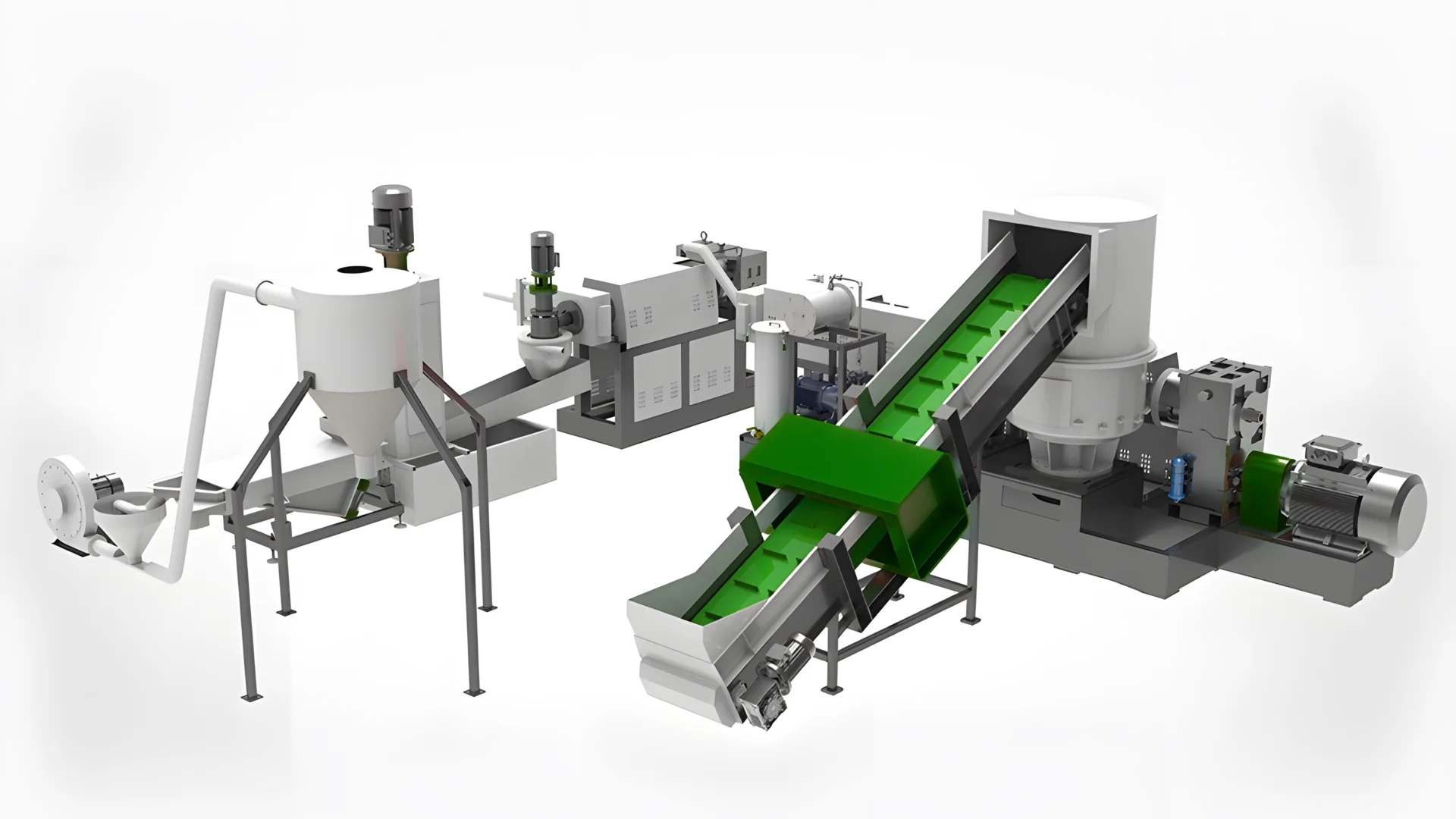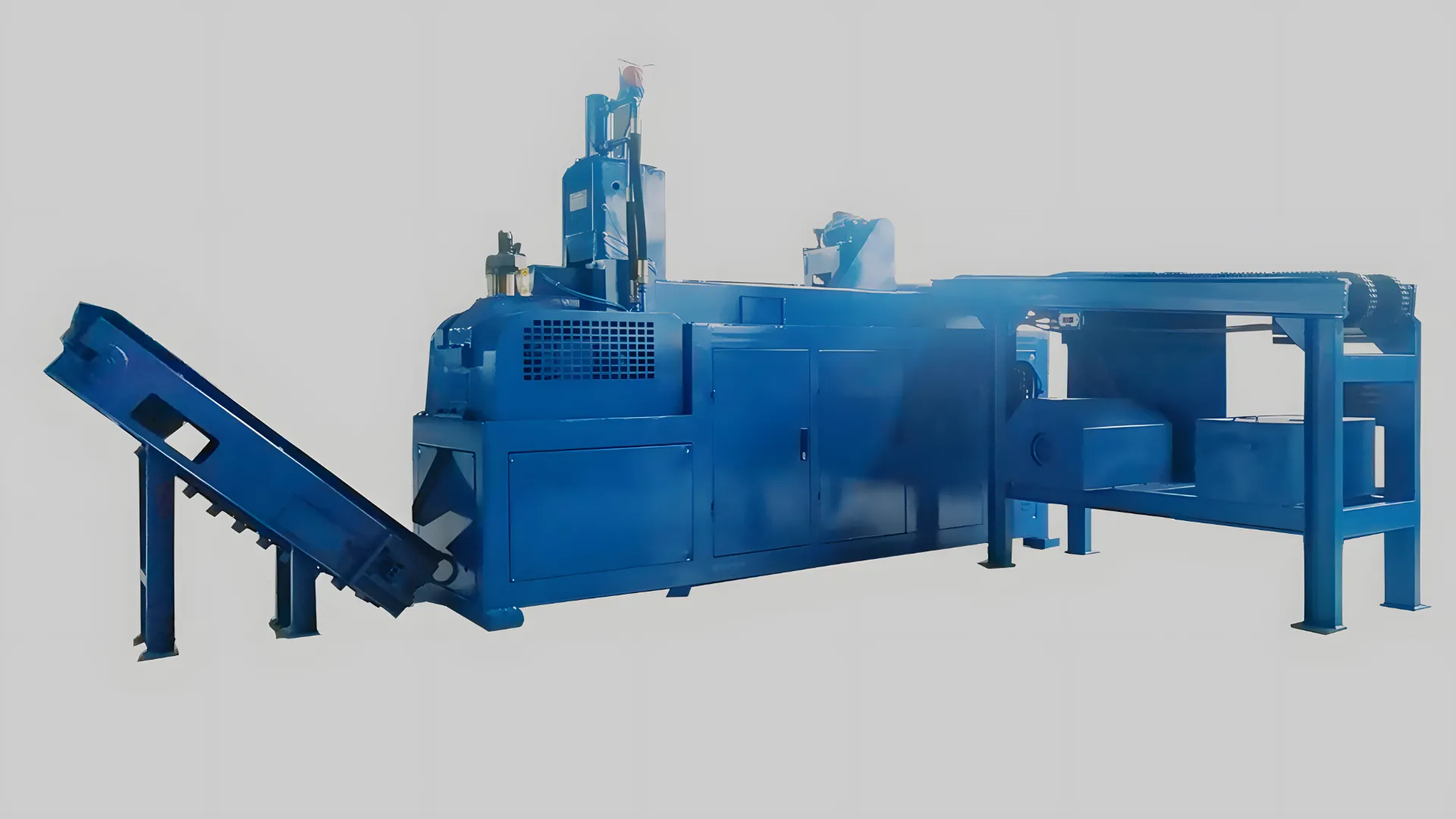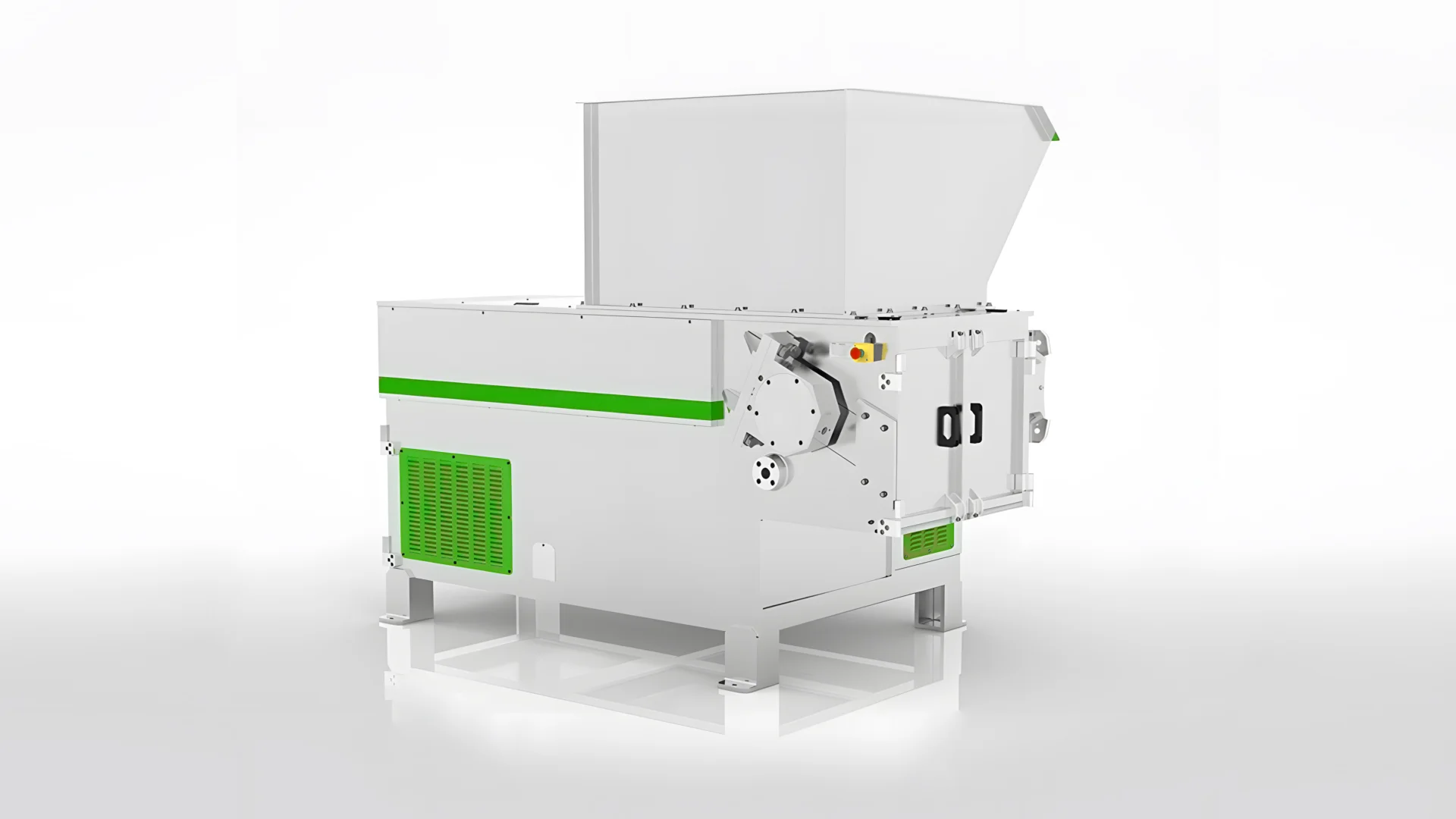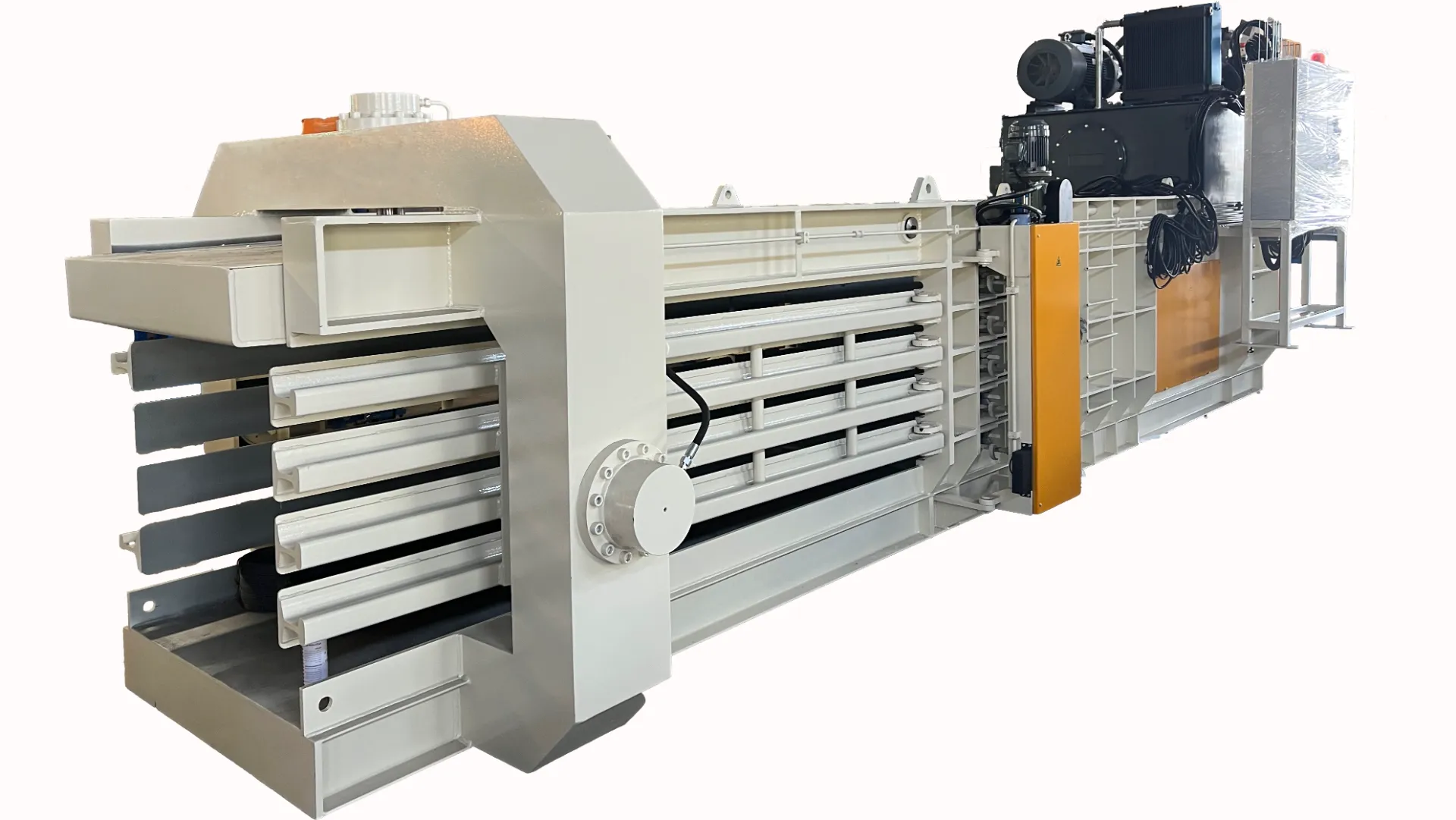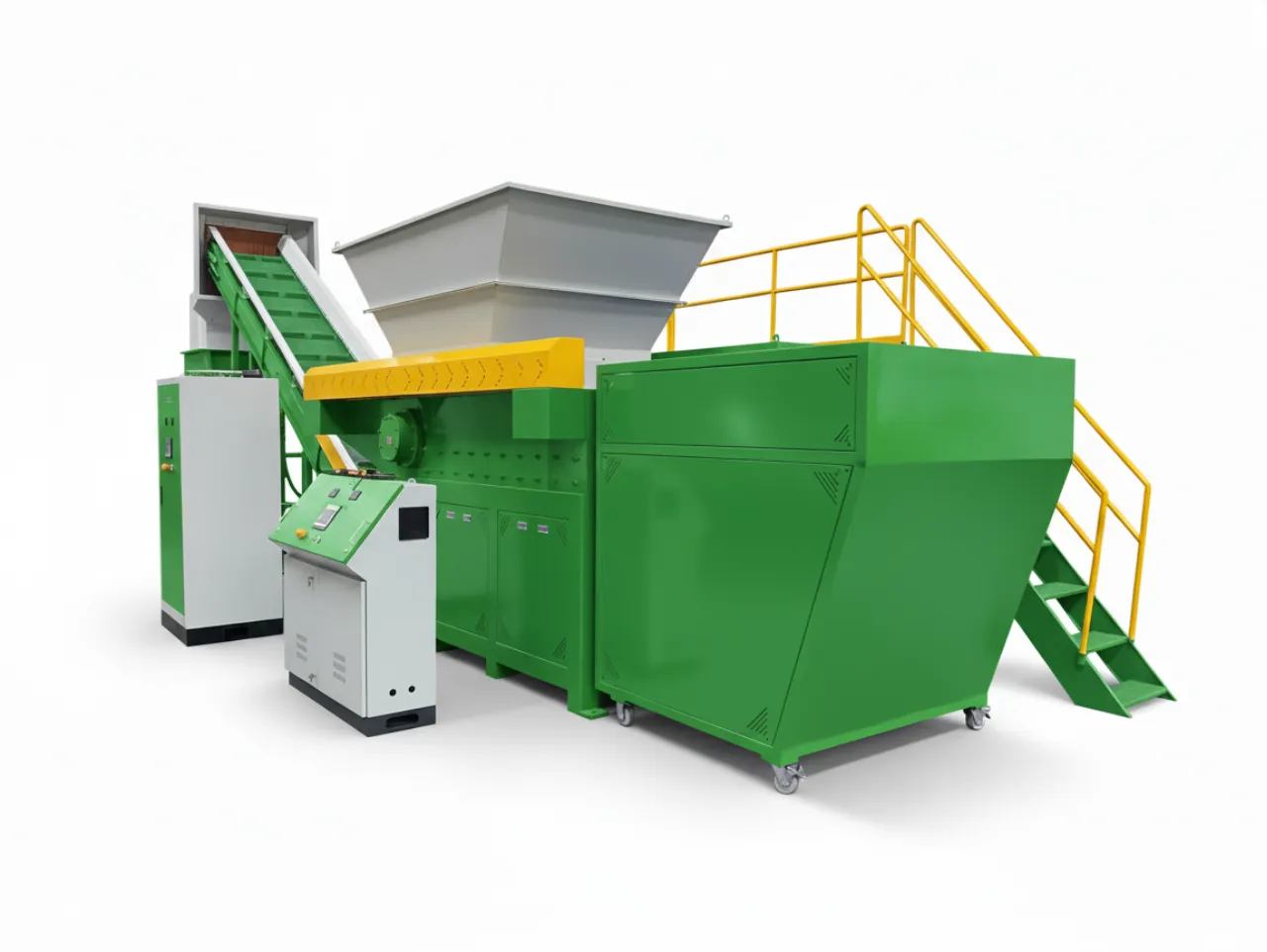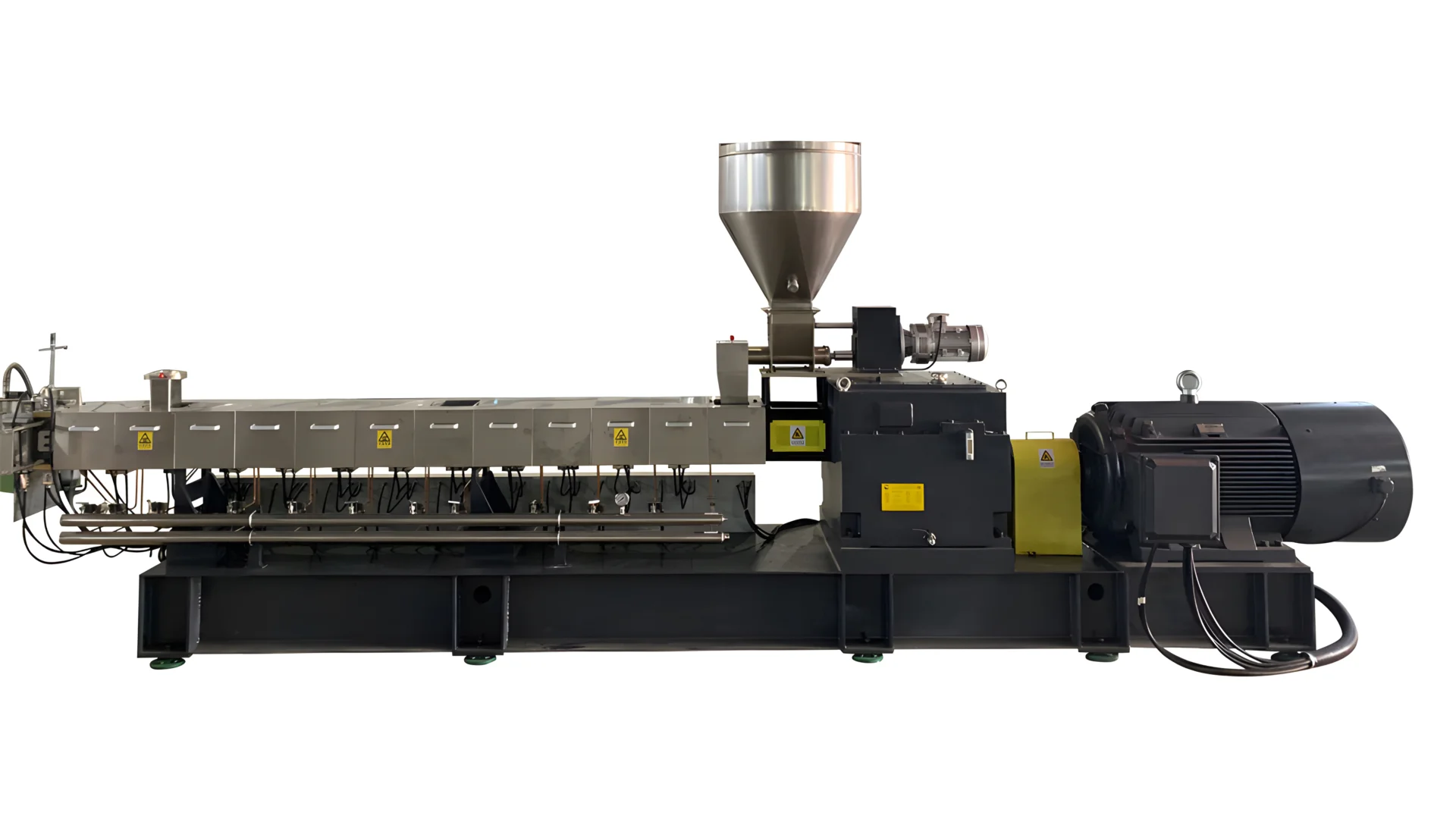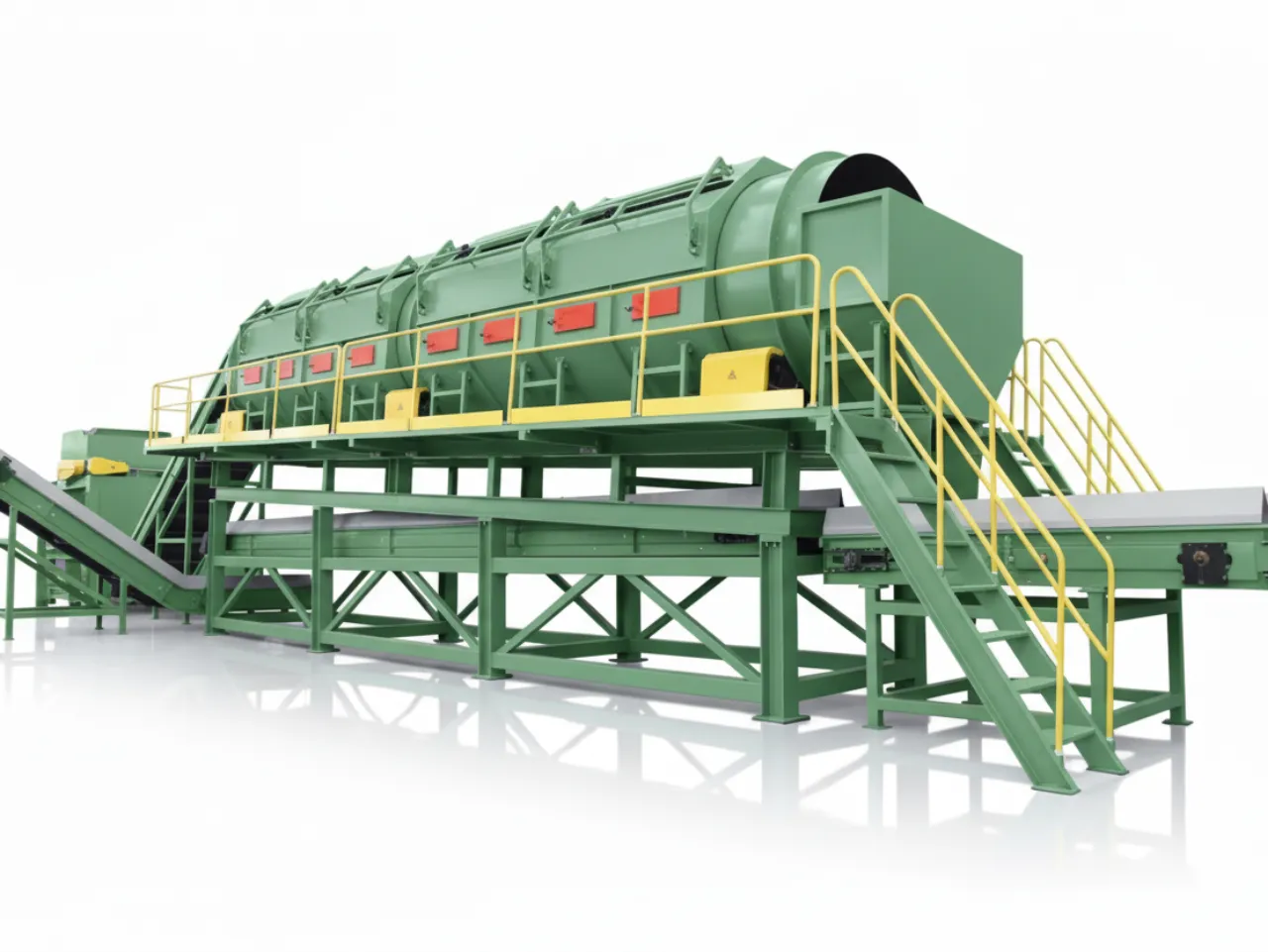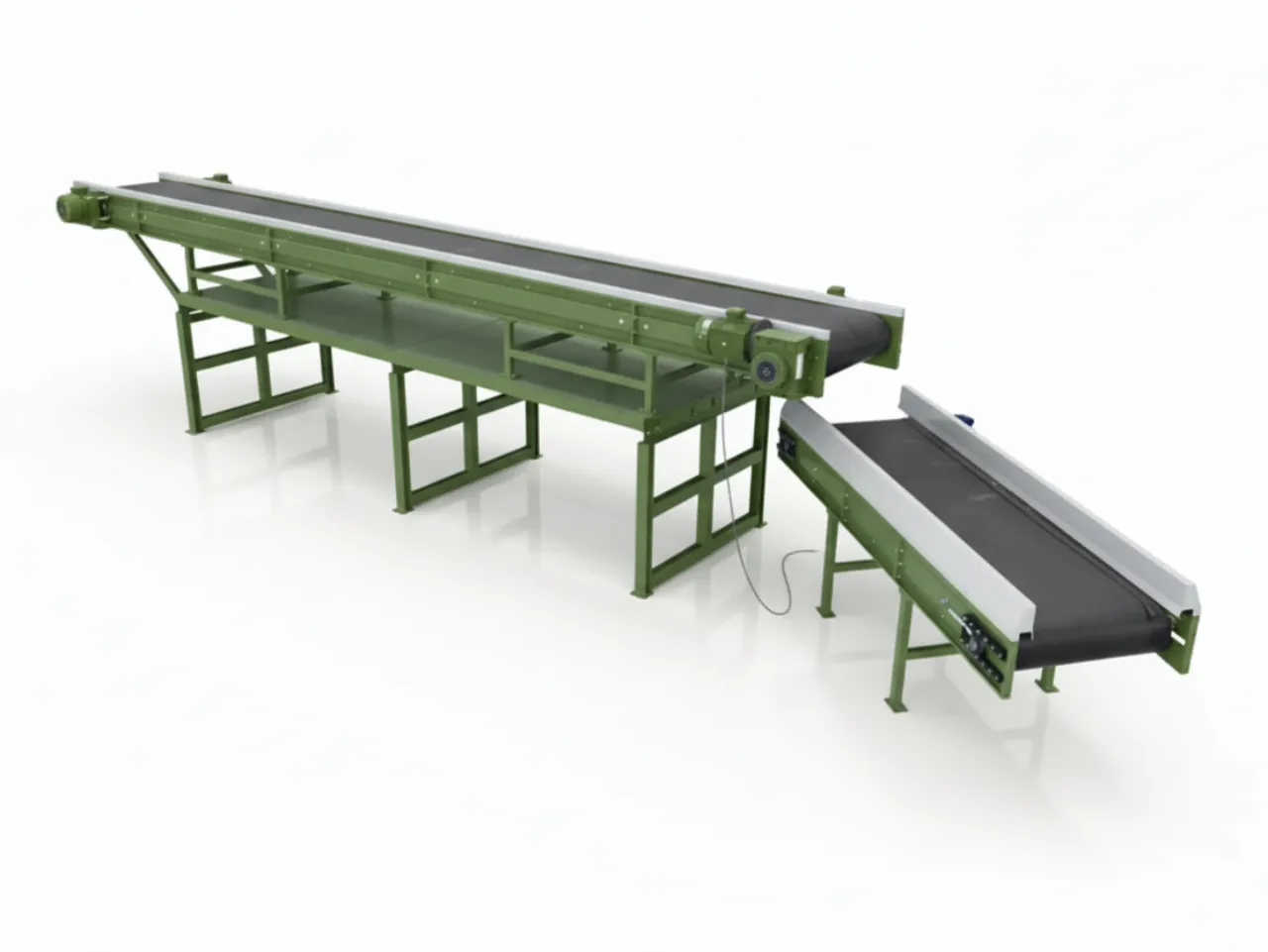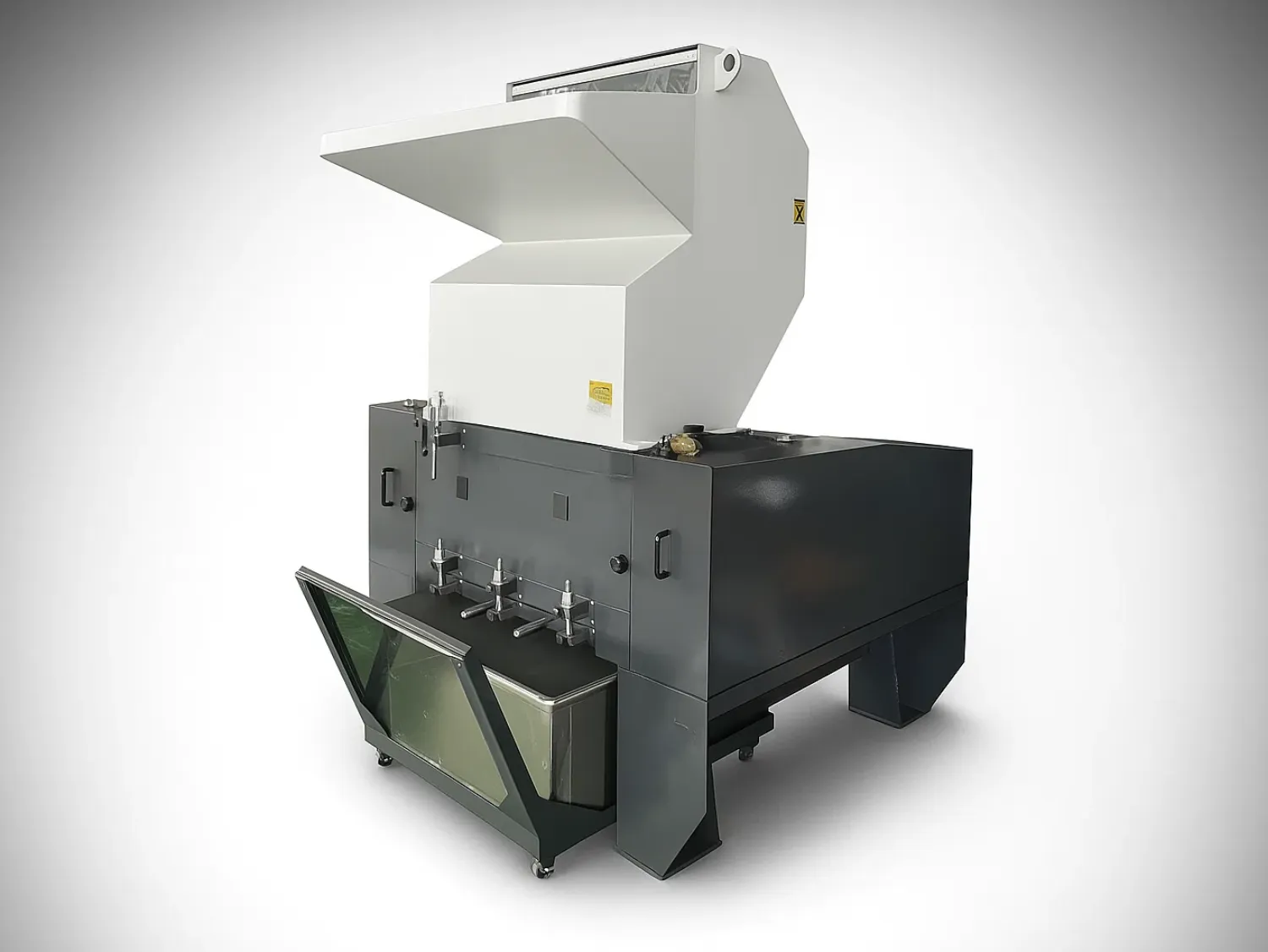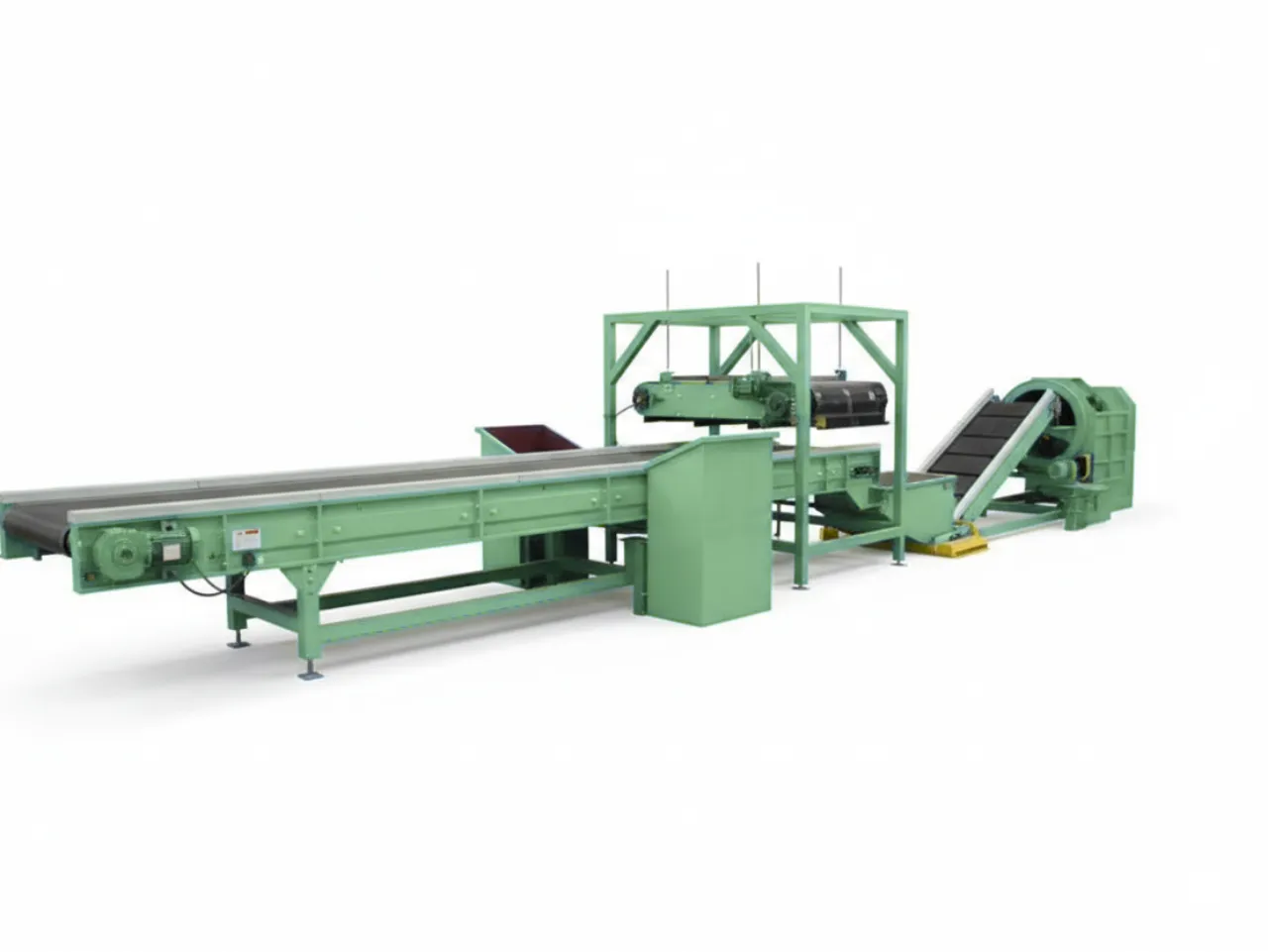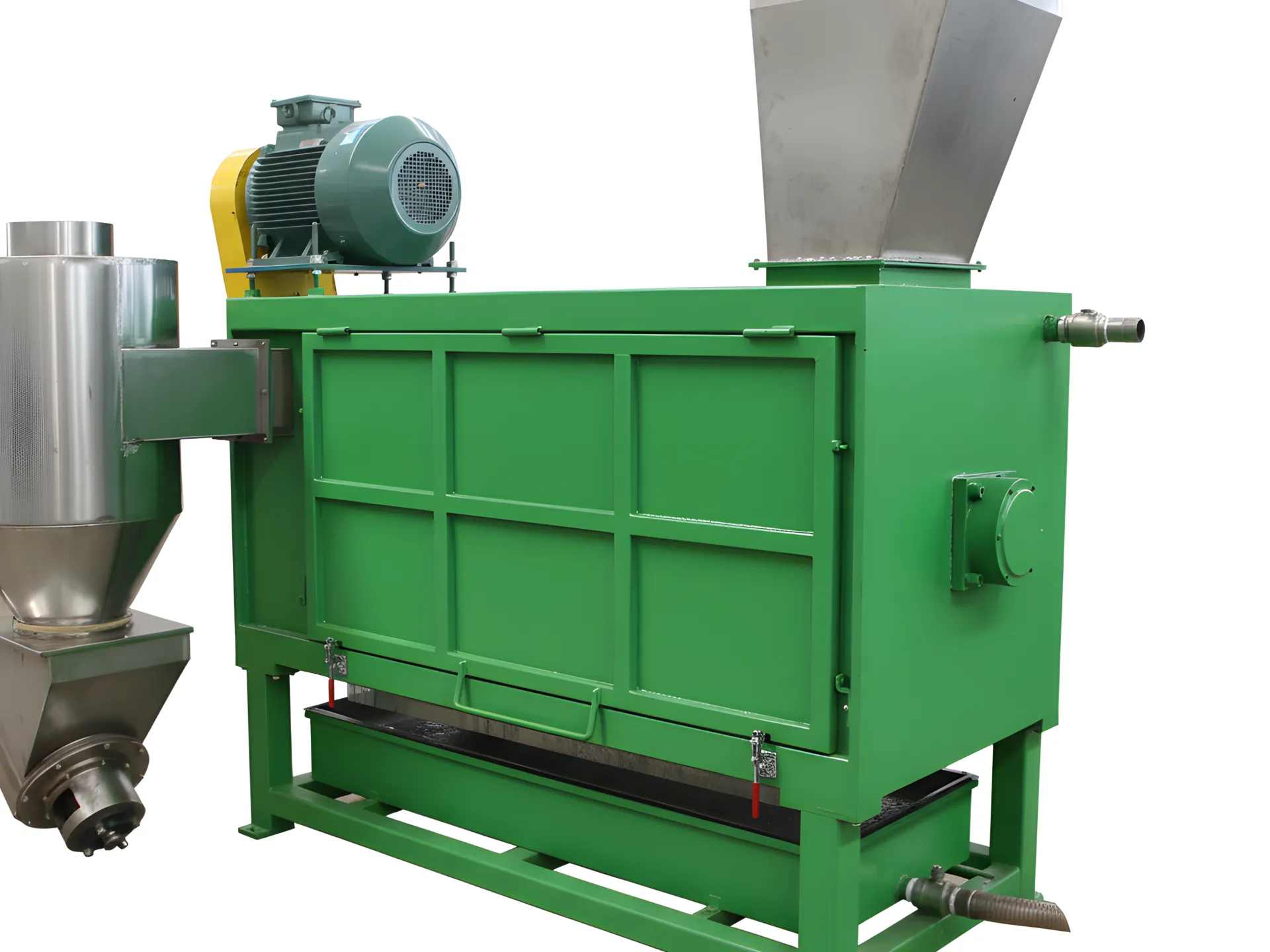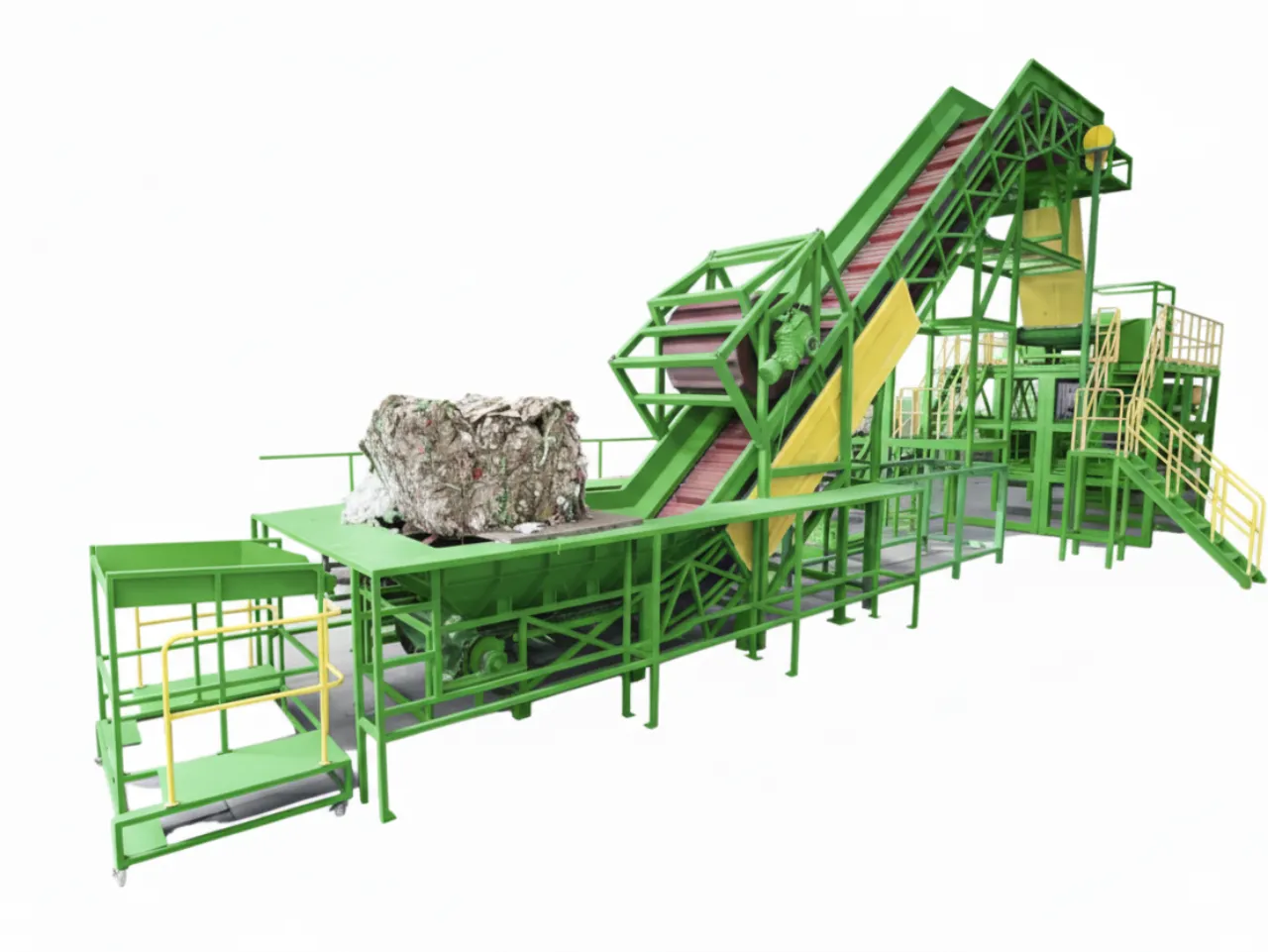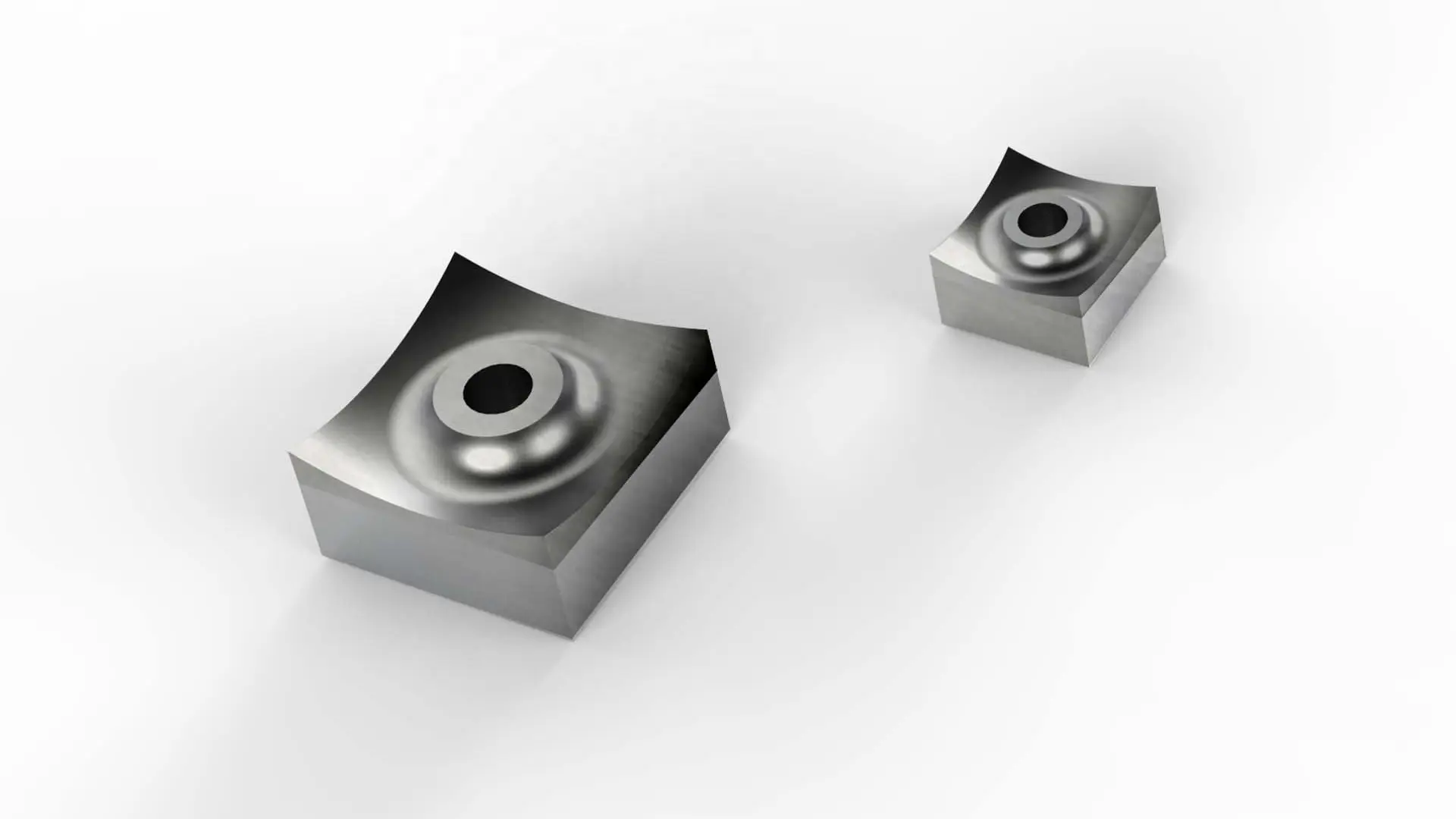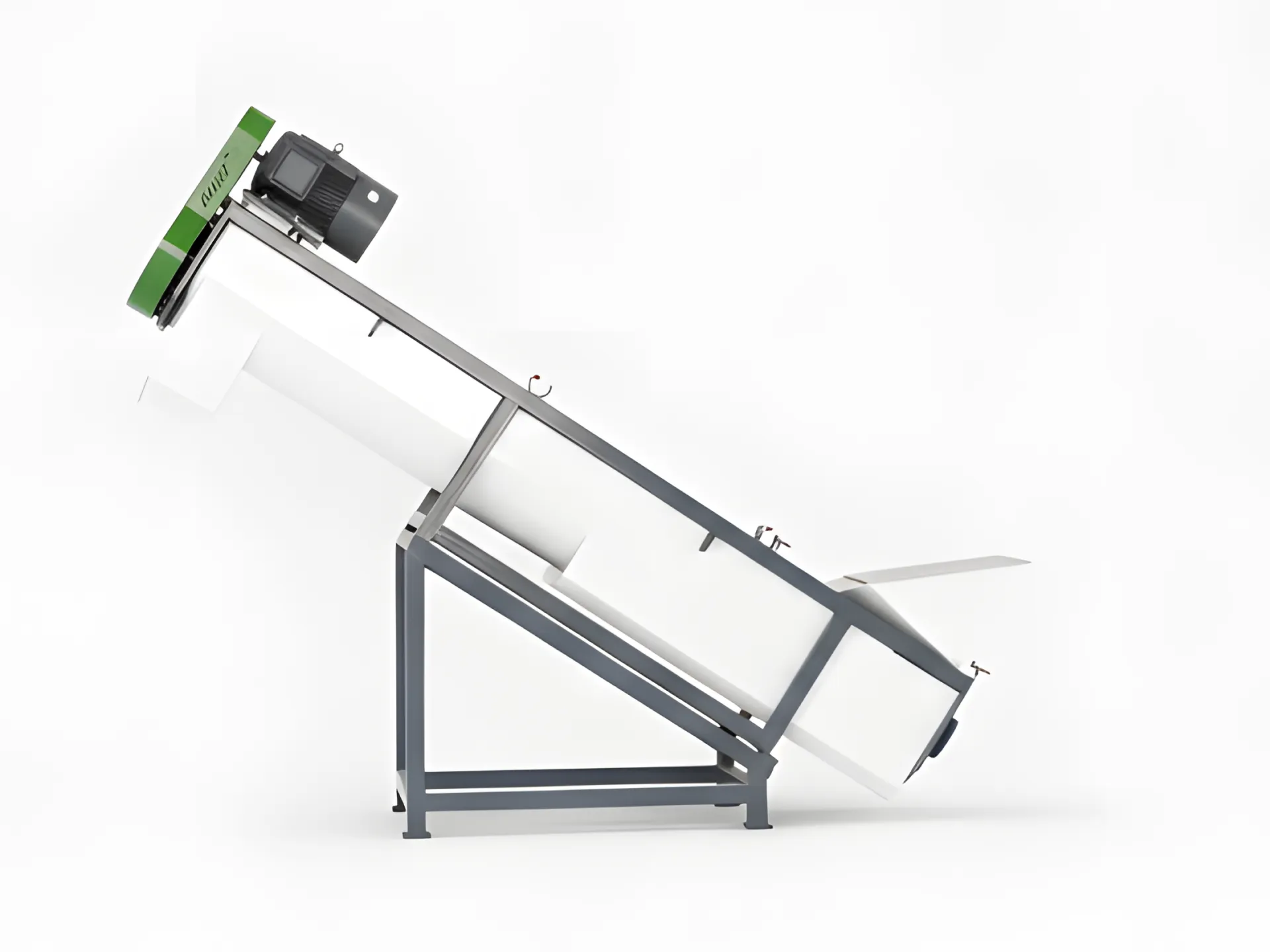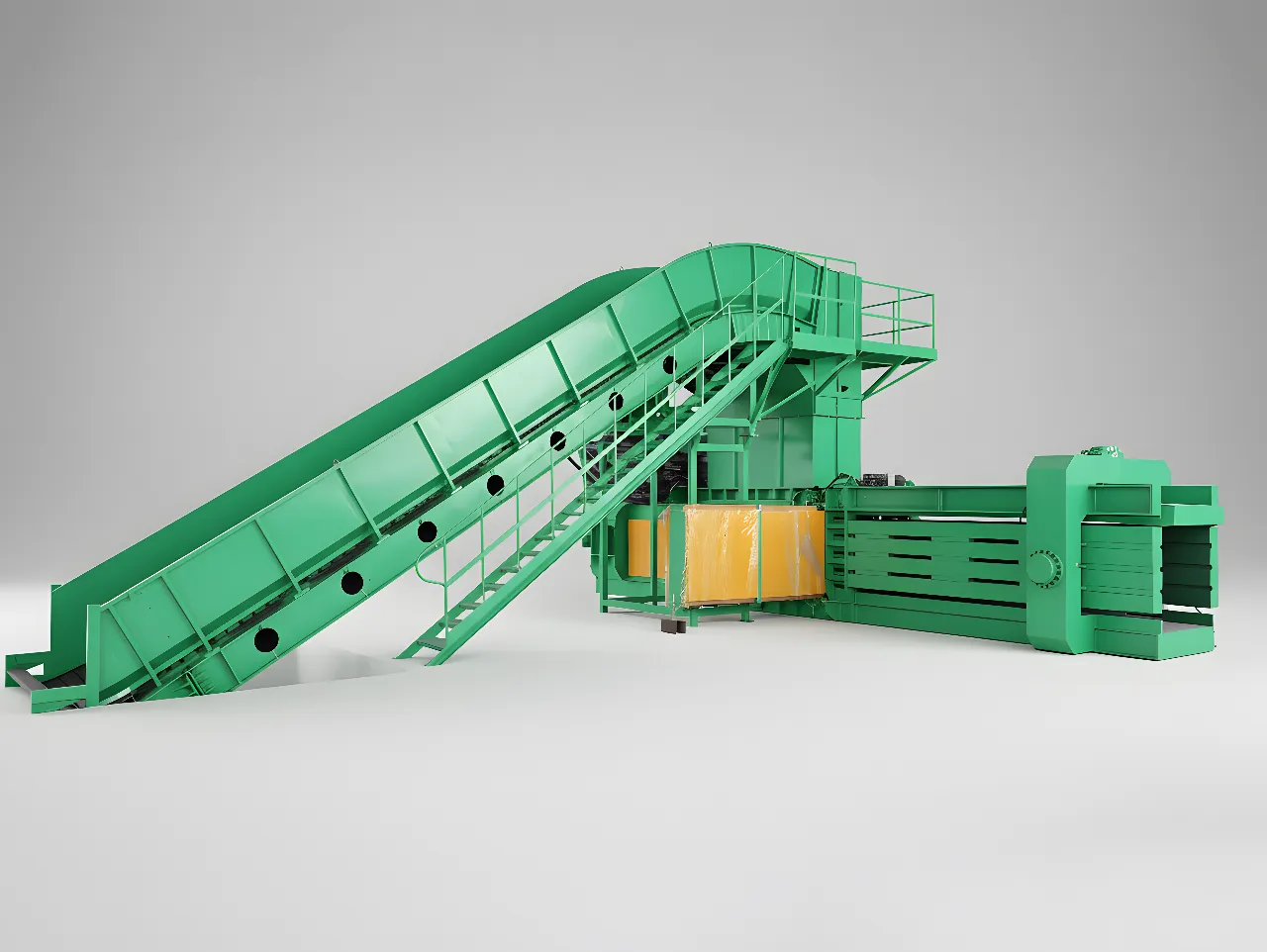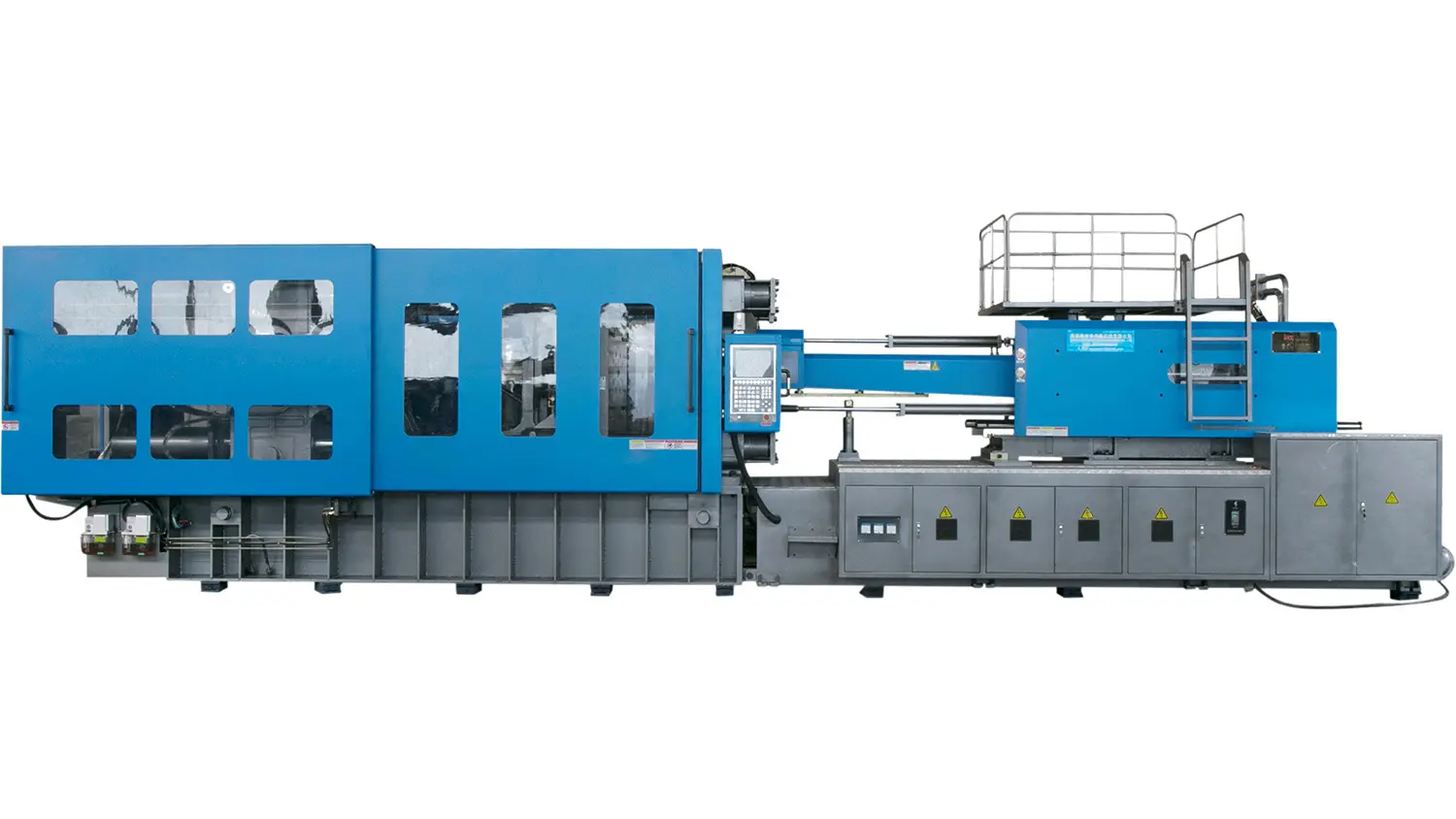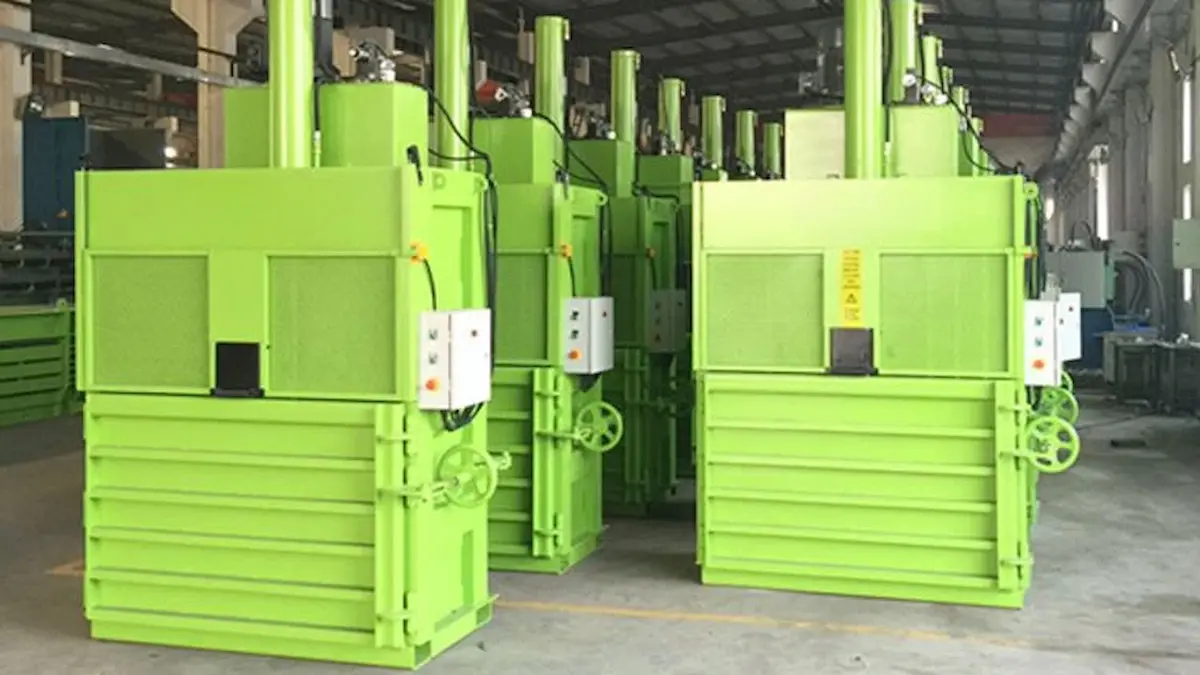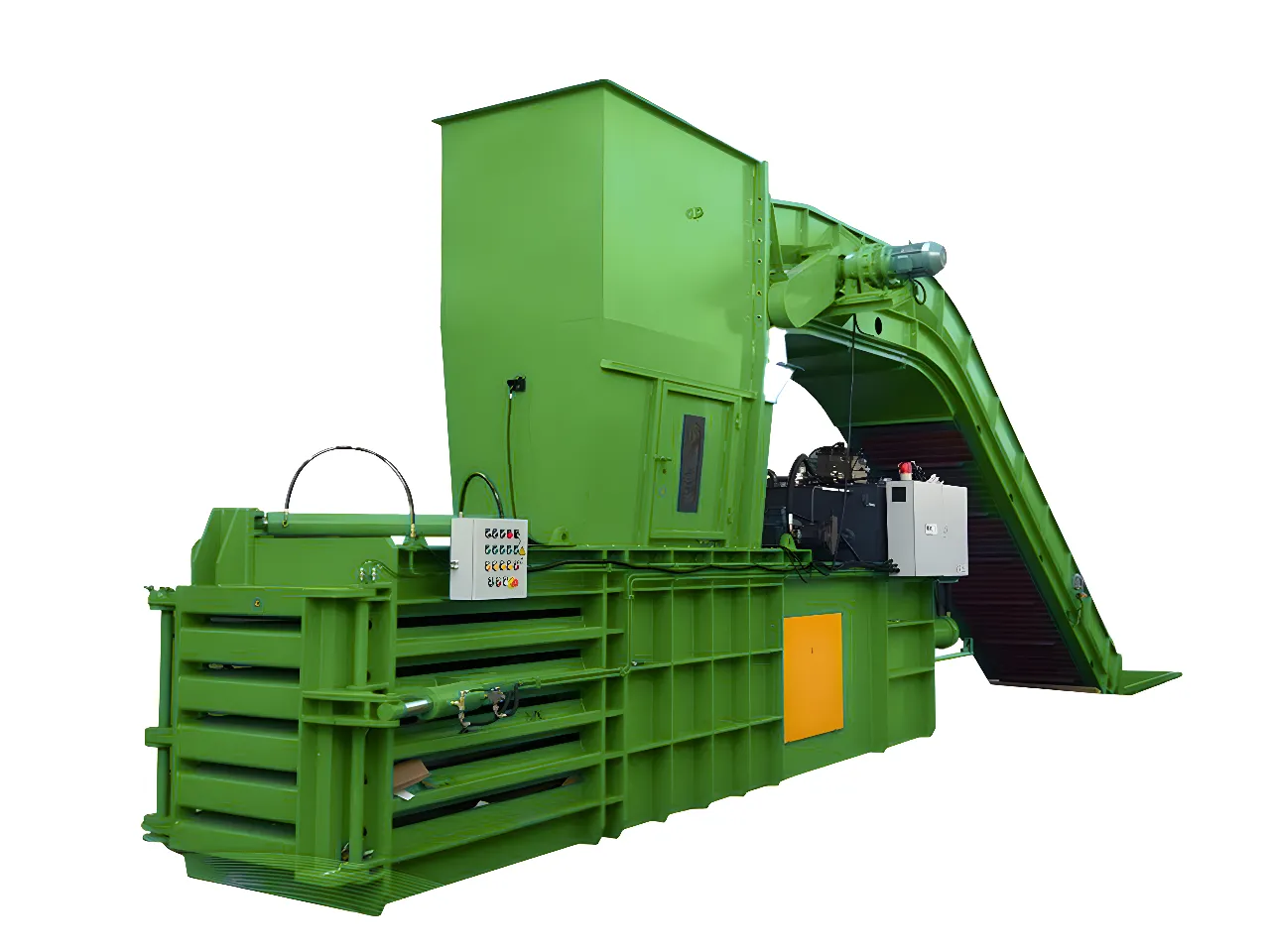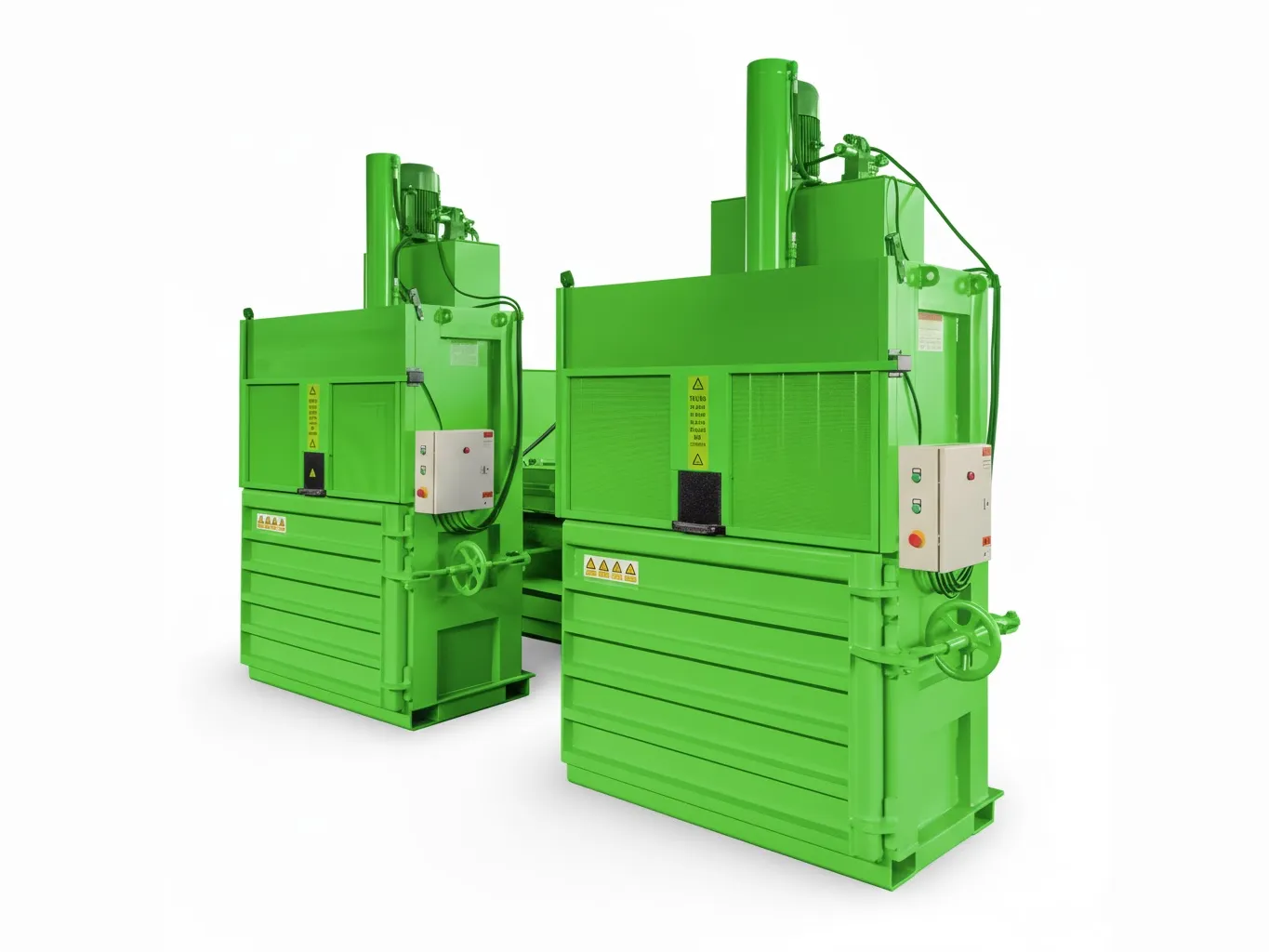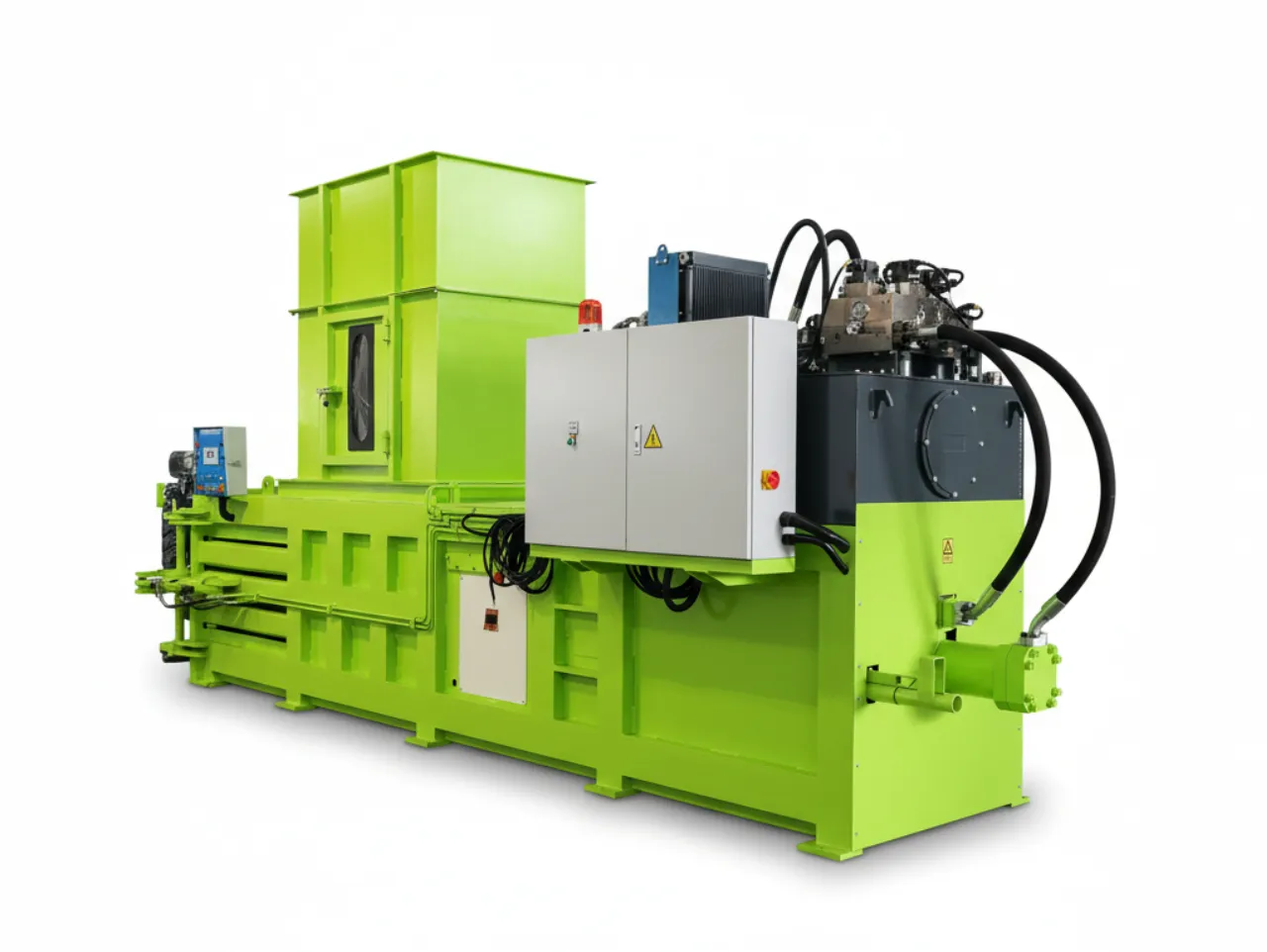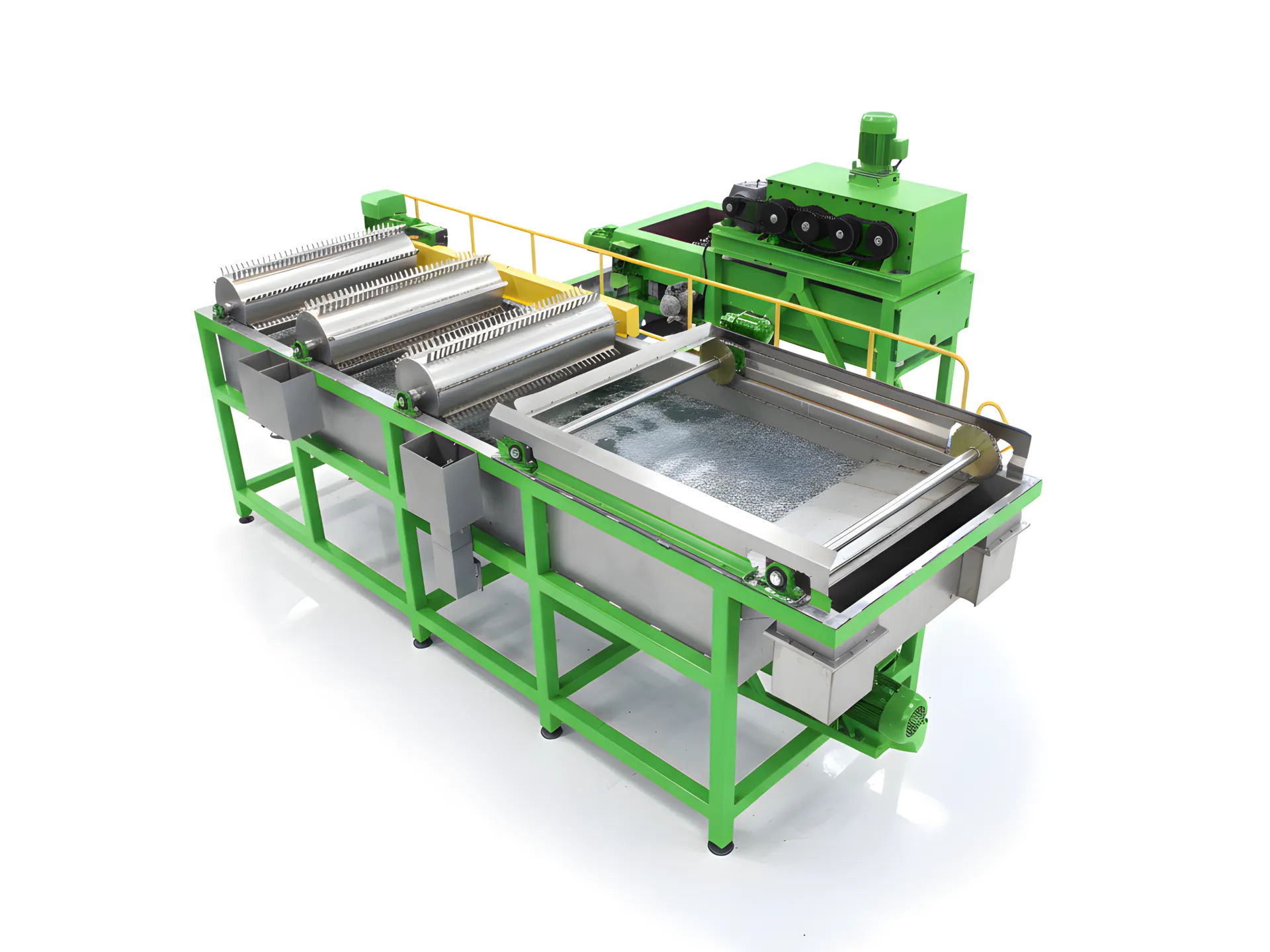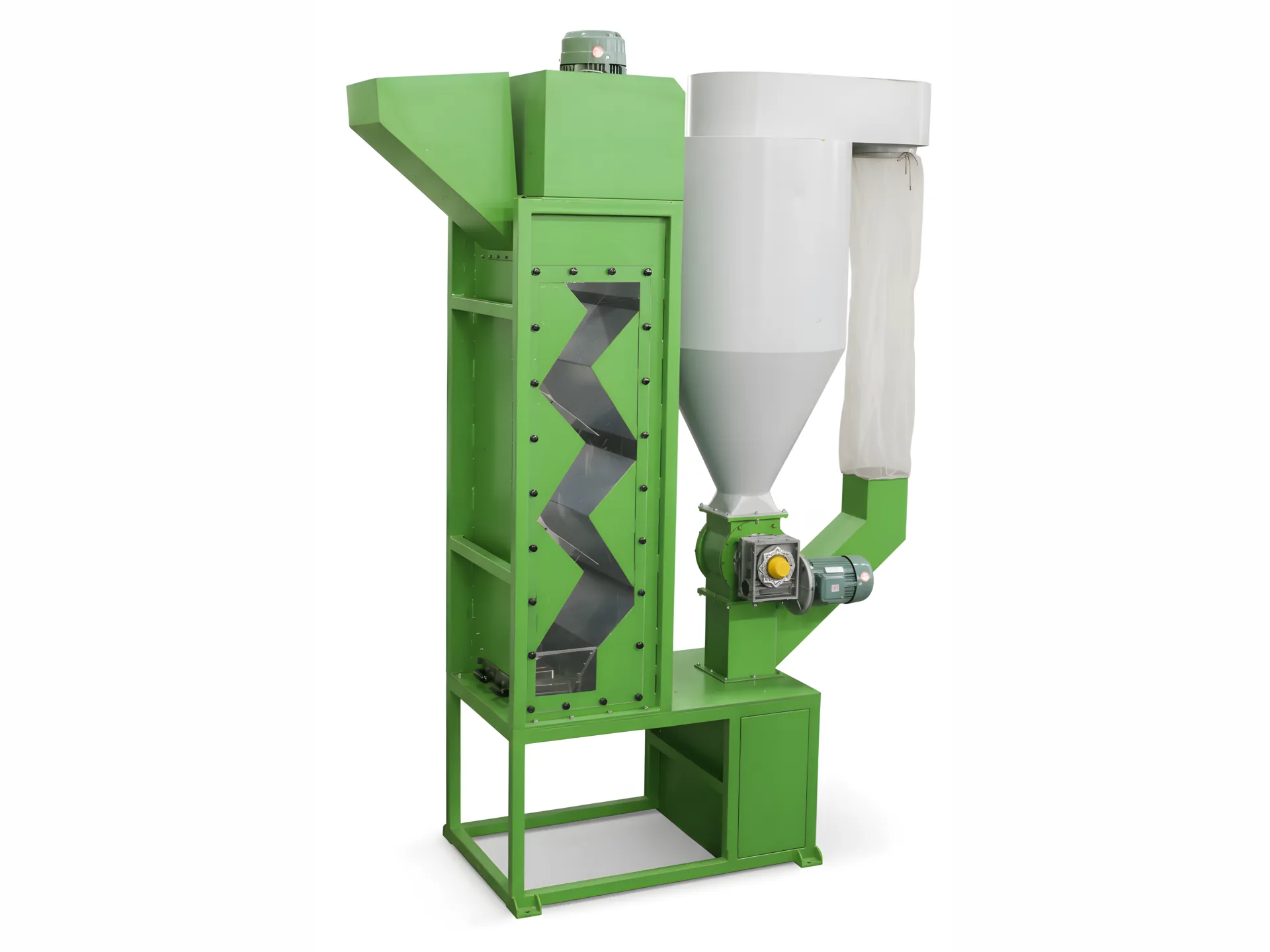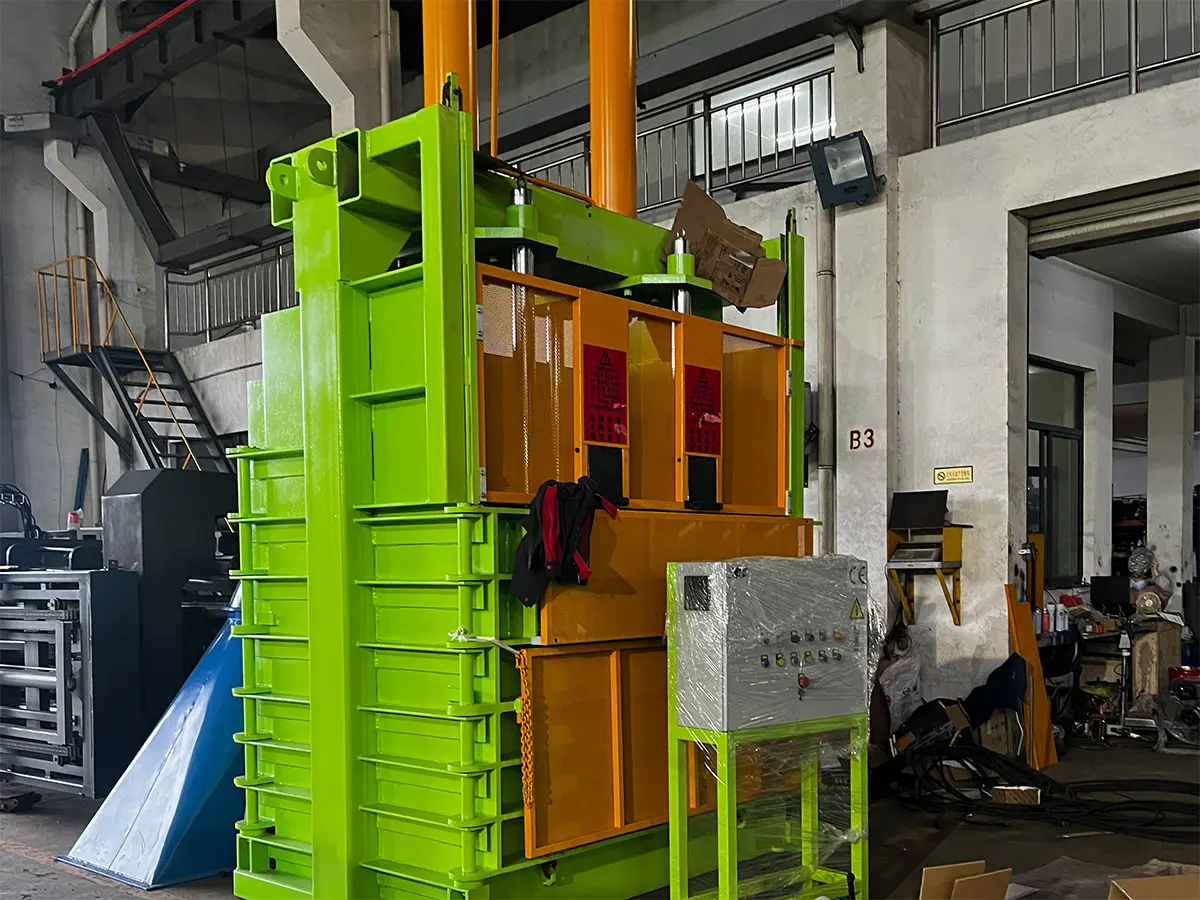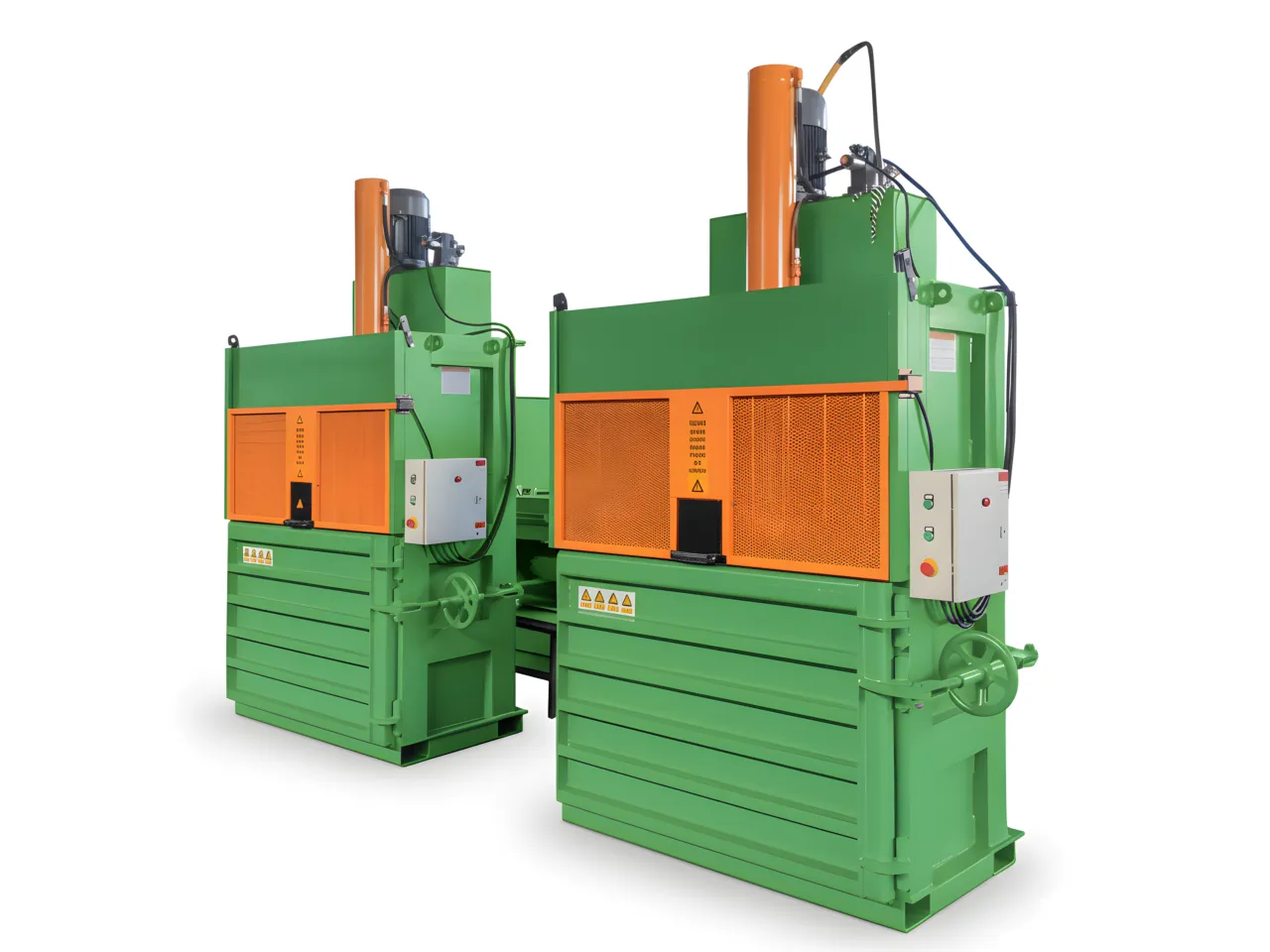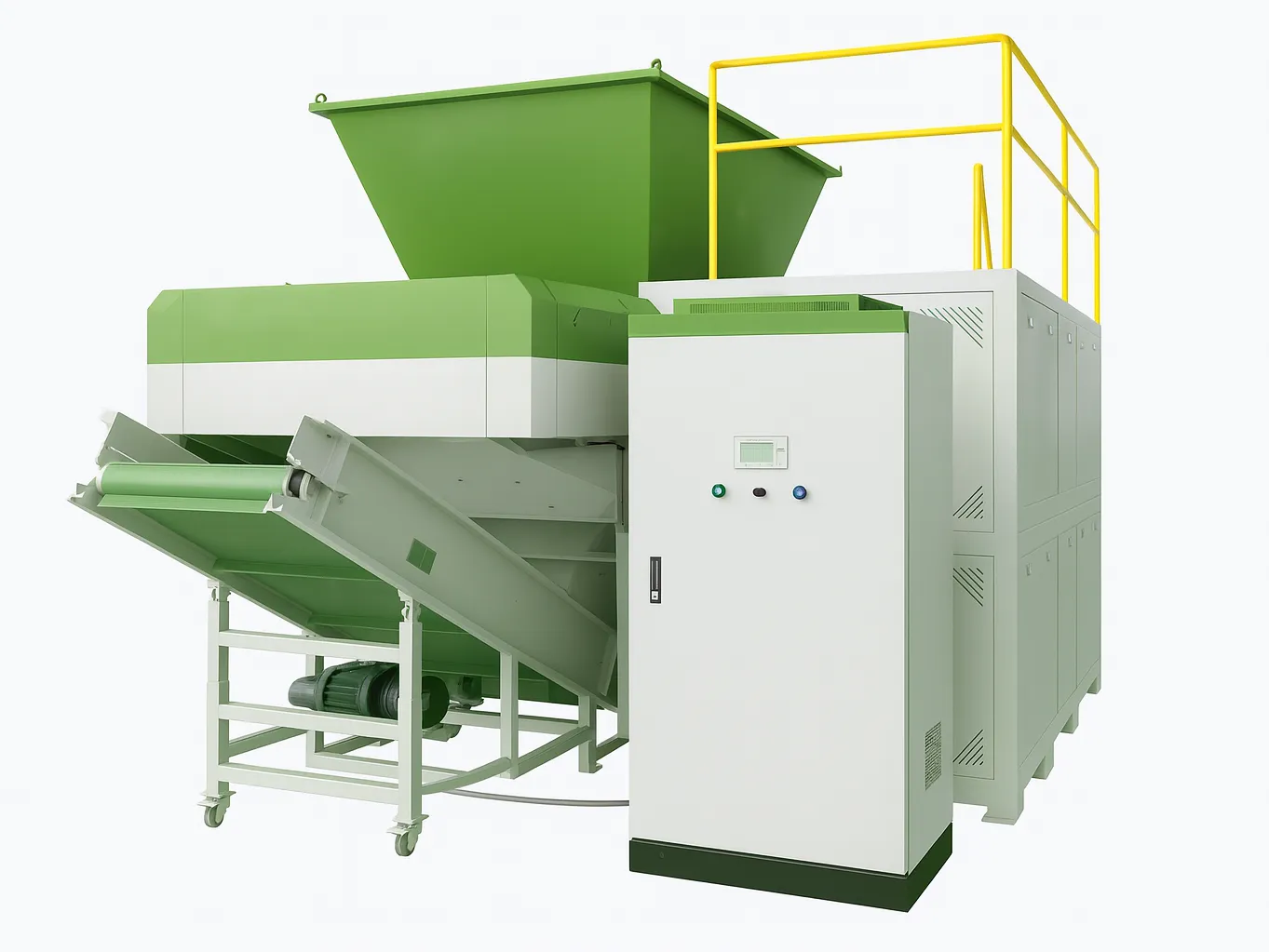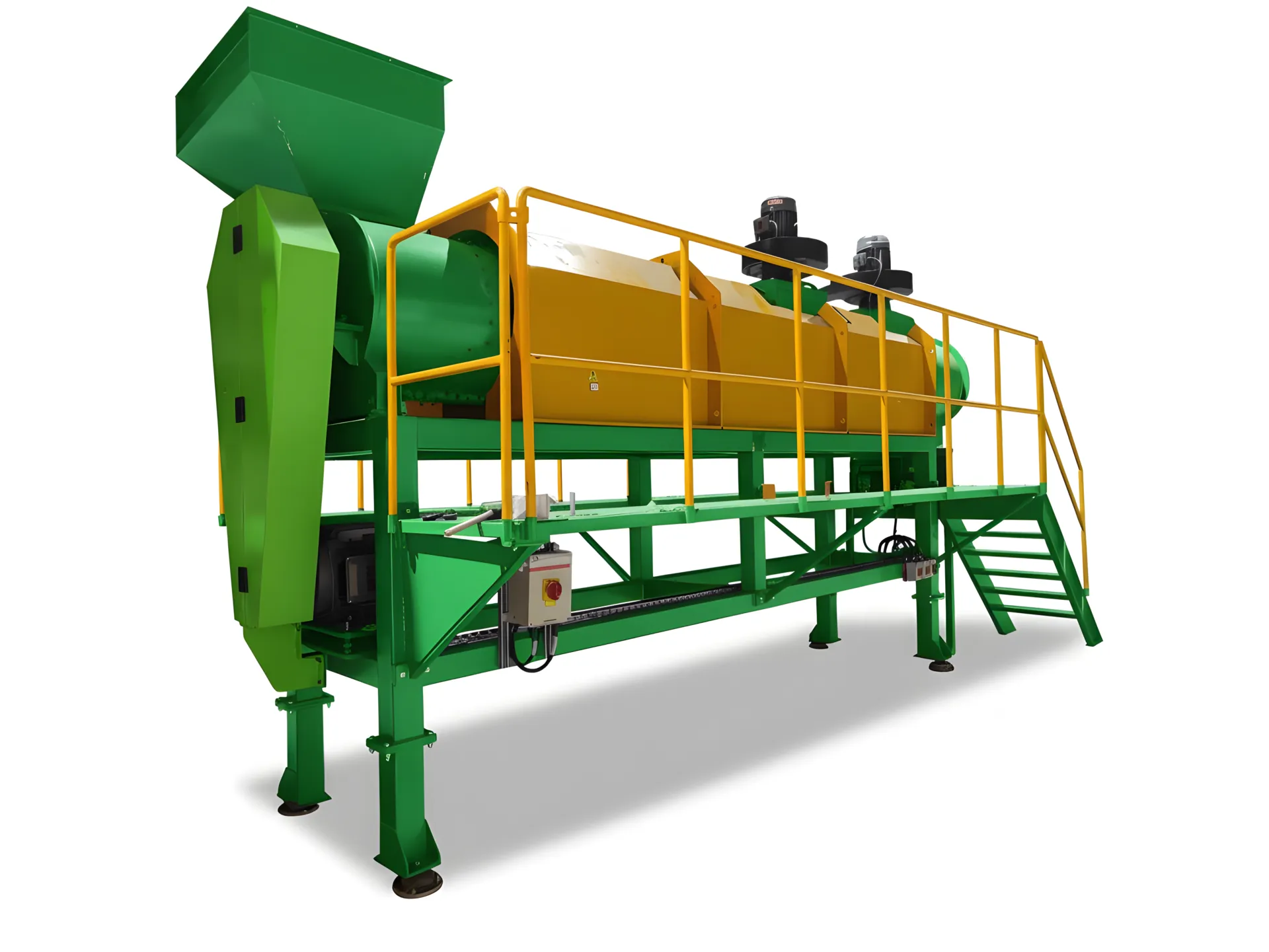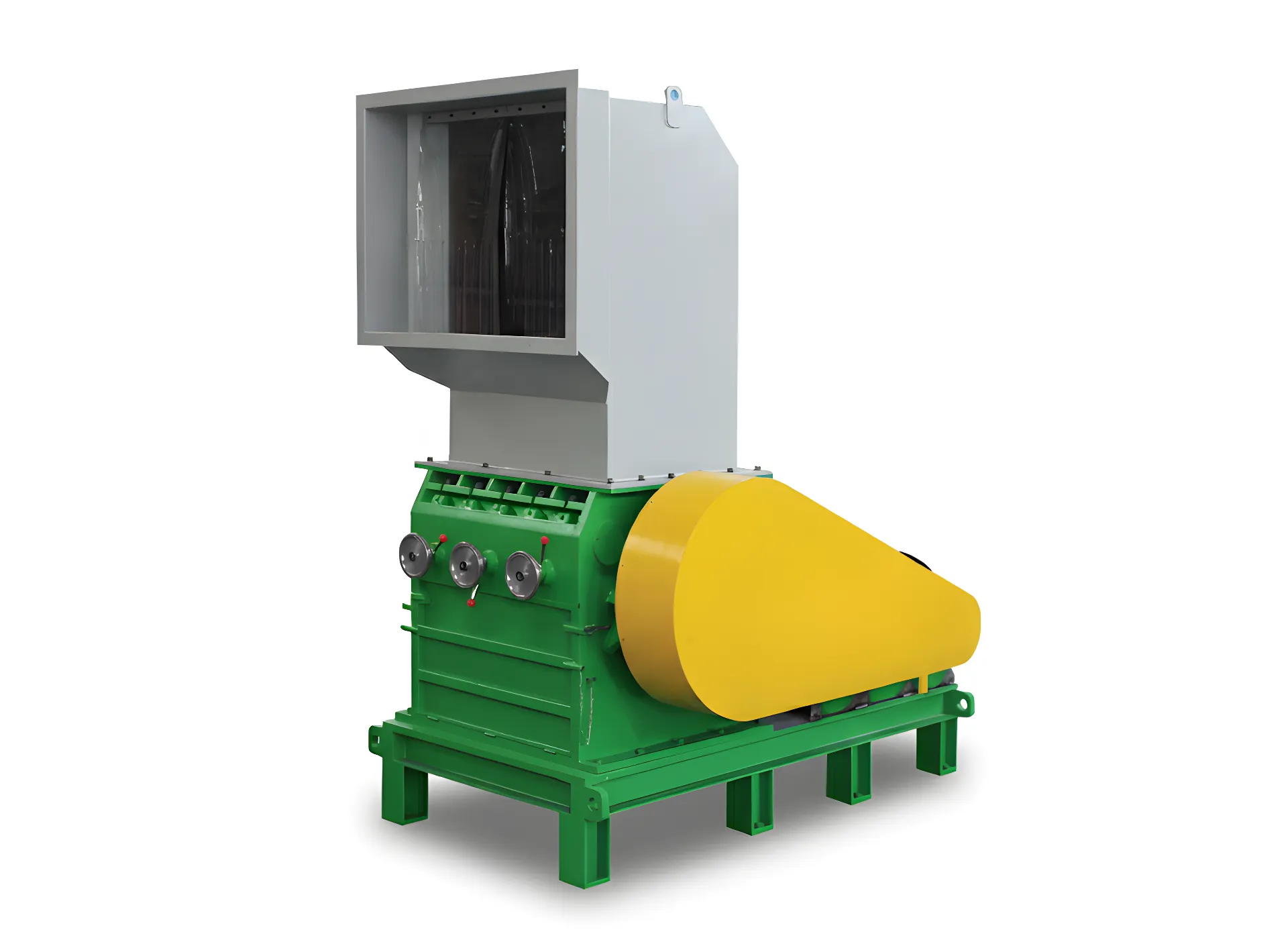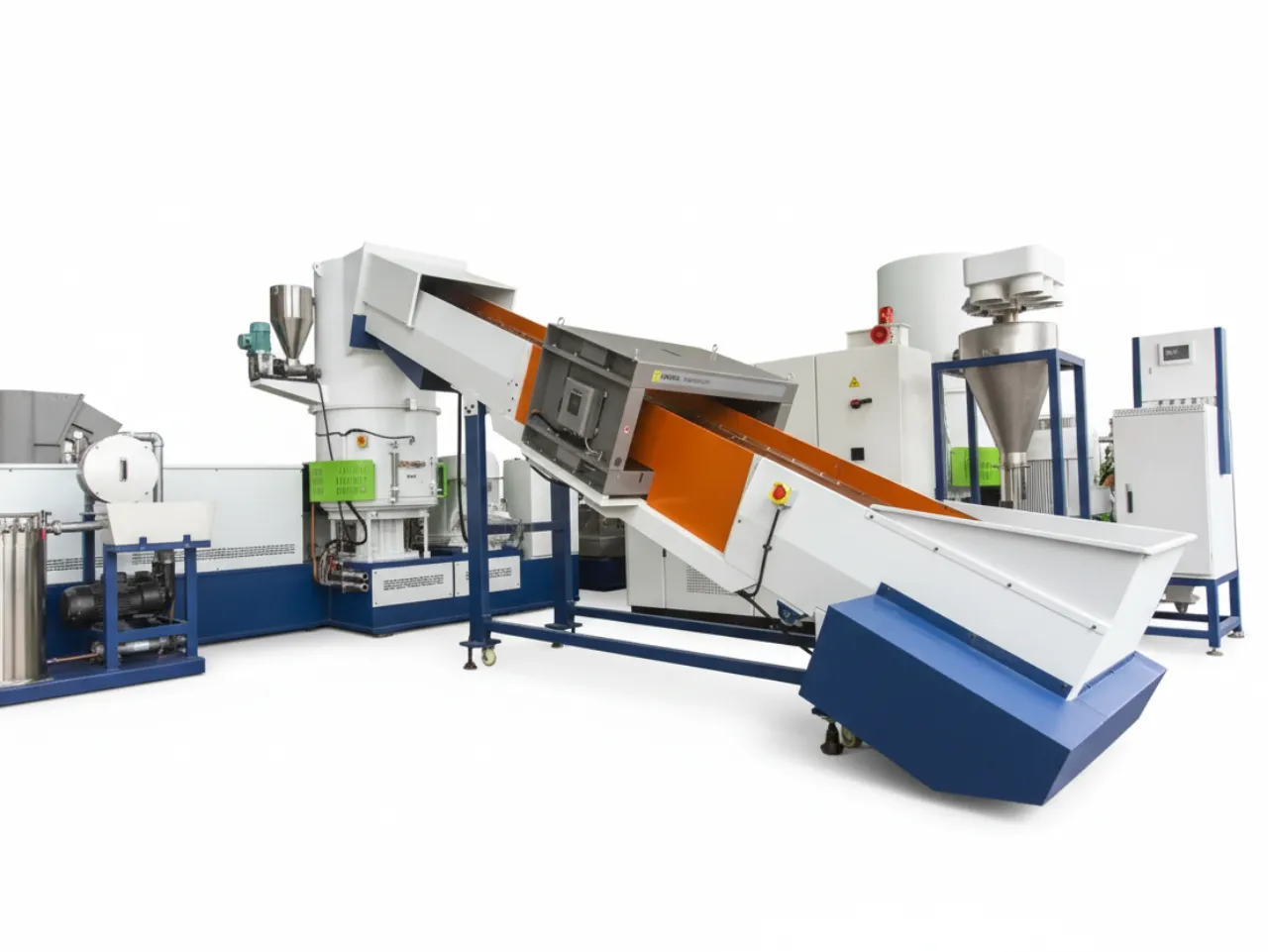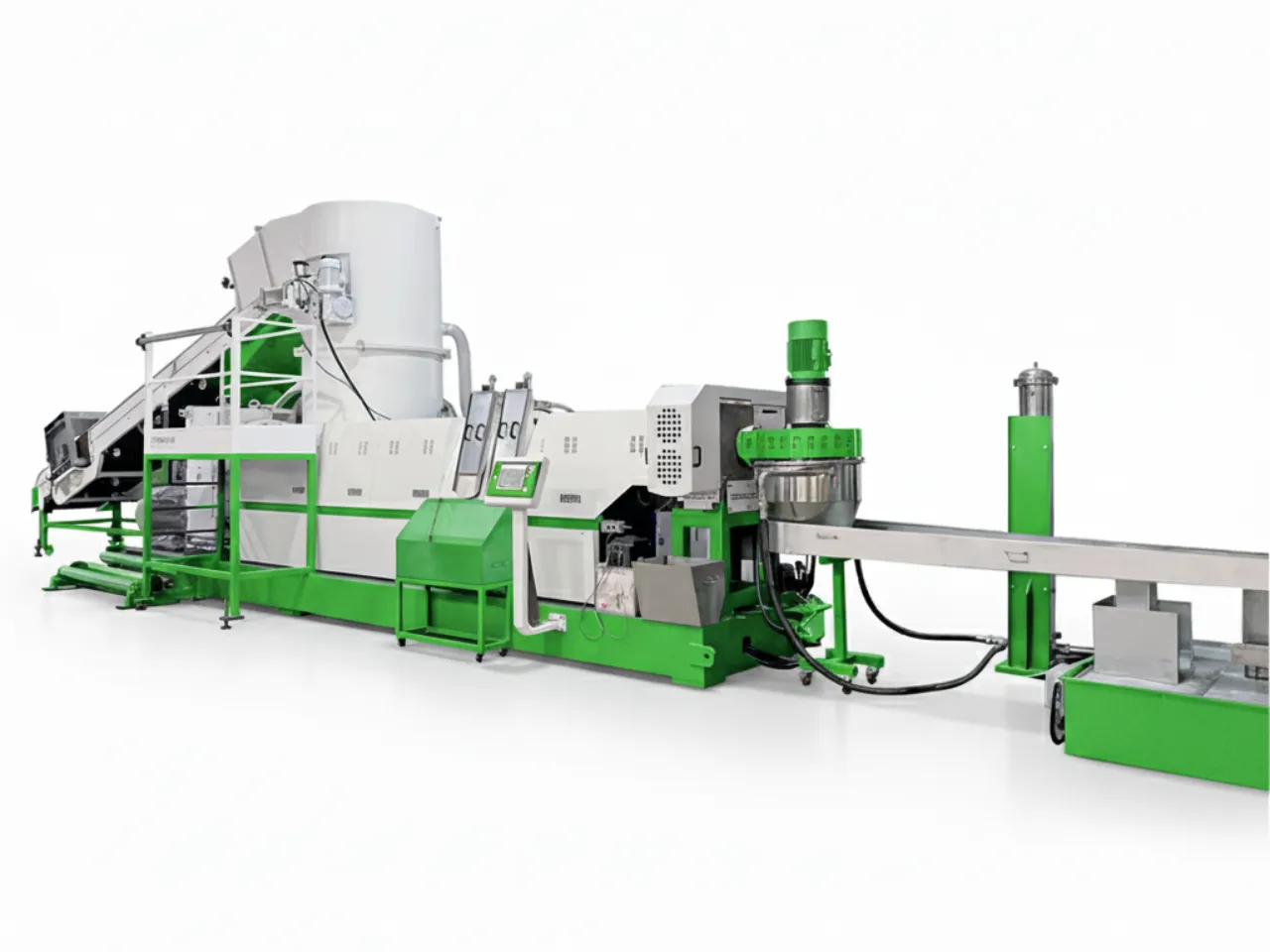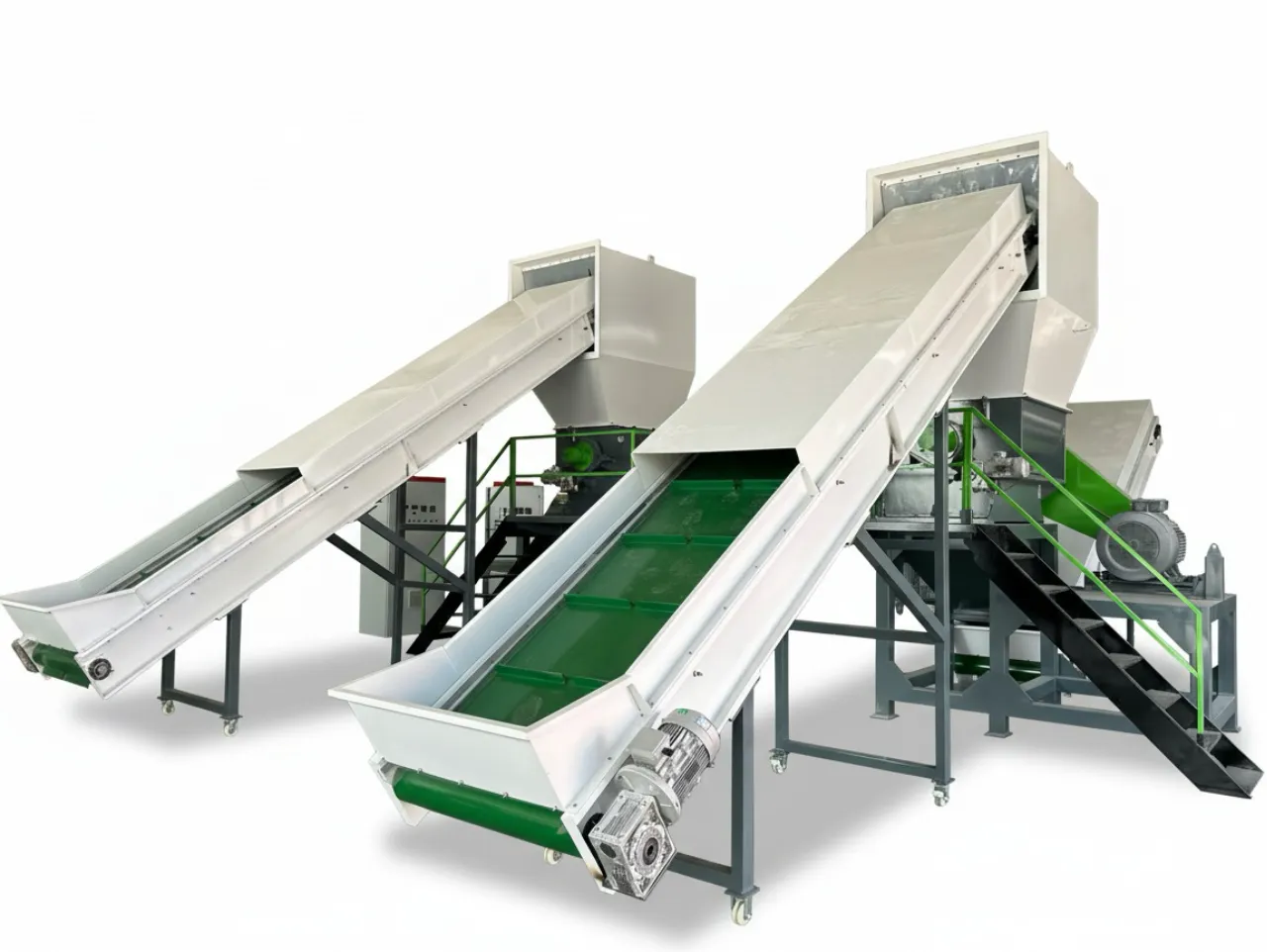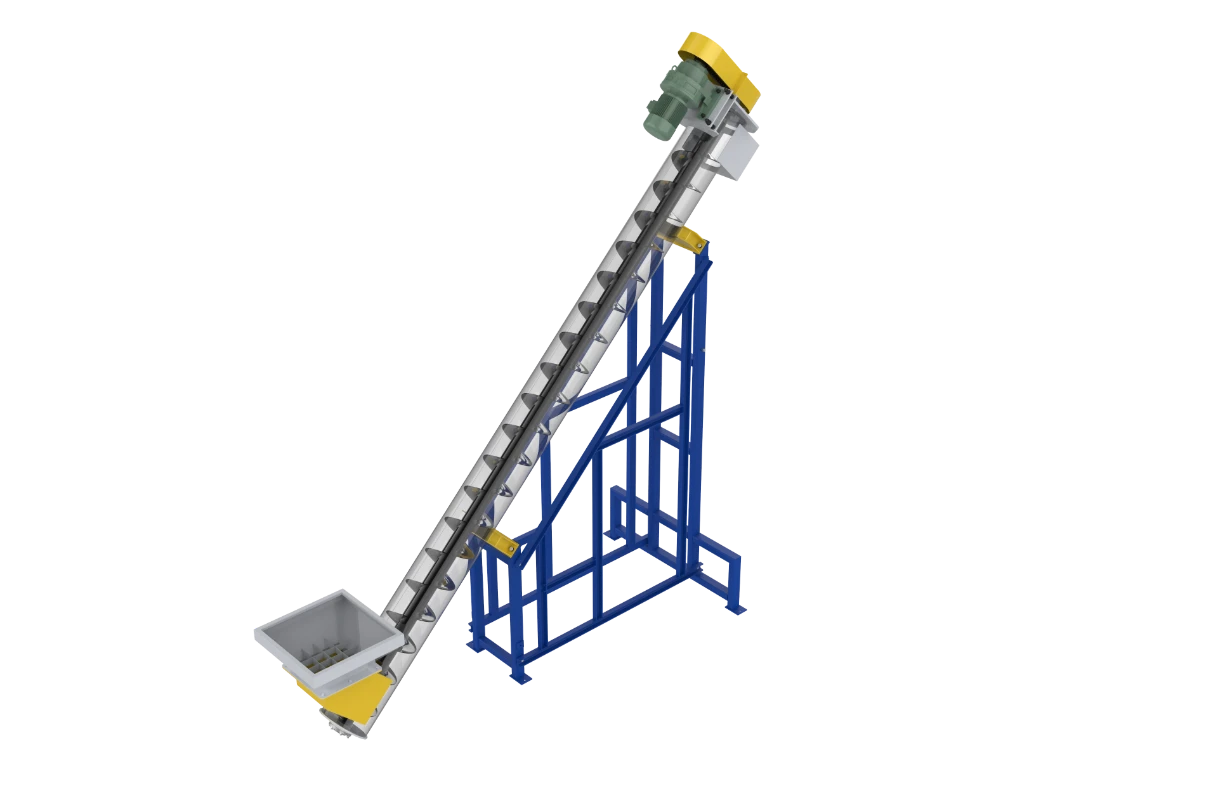Advanced Plastic Recycling Machines
Discover our industrial-grade plastic recycling machines, engineered into complete turnkey lines. We provide efficient solutions to transform plastic waste into high-value, reusable pellets.
Get a Custom QuoteWhy Choose Our Recycling Machines?
High Throughput & Efficiency
Our machines are engineered for maximum processing capacity, ensuring a smooth, continuous workflow that boosts your productivity and reduces operational costs.
Learn MoreEnergy-Efficient Systems
Designed to minimize power and water consumption, our eco-friendly systems lower your operational costs and significantly reduce your carbon footprint.
Learn MoreSuperior Output Quality
Advanced multi-stage purification, filtration, and degassing processes result in high-purity, market-ready pellets suitable for premium applications.
Learn MoreIntelligent PLC Control
User-friendly touch screen interfaces provide one-touch control of the entire line, simplifying operation and real-time performance monitoring.
Learn MoreRobust & Durable Construction
Built with high-grade, wear-resistant alloys and heavy-duty components designed to withstand 24/7 industrial operation and ensure long-term reliability.
Learn MoreGlobal Support & Service
Our expert team provides comprehensive support including installation, commissioning, staff training, and reliable spare parts supply worldwide.
Learn MoreOur 6-Stage Plastic Recycling Process
Stage 1: Sorting & Separation
Raw plastic waste is sorted to remove contaminants. Advanced systems separate plastics by type and color to ensure the highest purity for downstream processing.
View Sorting SystemsStage 2: Size Reduction
Industrial-grade shredders and crushers reduce plastic items into small, uniform flakes, increasing surface area for more effective cleaning and melting.
View Shredding MachinesStage 3: Washing & Purification
An intensive washing process using friction washers and float-sink tanks removes all dirt, labels, and adhesives to guarantee material purity.
View Washing LinesStage 4: Dewatering & Drying
A combination of mechanical and thermal drying systems reduces moisture content to below 1%, a critical step for producing high-quality, void-free pellets.
View Drying SystemsStage 5: Melting & Pelletizing
Clean, dry flakes are melted, filtered, and extruded into uniform strands, then precisely cut into consistent, high-grade pellets ready for manufacturing.
View Pelletizing MachinesFinal Product: High-Quality Recycled Plastic Pellets
The result of our advanced process: clean, uniform, and high-purity recycled pellets, creating a valuable resource from waste materials.
See ResultsIndustries & Feedstocks We Serve
From post-consumer films to rigid packaging and PET bottles, our engineering teams design recycling lines that match each material stream, compliance requirement, and downstream product target.
PET Bottle Recycling
Hot washing, caustic treatment, and solid-state polycondensation options for food-grade PET flake and pellet production.
Design PET Bottle LinesFilm & Flexible Packaging
Complete PP/PE film recycling lines with high-efficiency friction washers, squeezers, and water-ring pelletizing for low-bulk films.
See Film Washing SolutionsRigid HDPE/PP Containers
Heavy-duty shredders, wet granulators, and extrusion systems tuned for drums, crates, IBCs, and injection-grade regrind.
Explore Rigid Recycling EquipmentMunicipal & Commercial Waste
Front-end sorting, ballistic separation, and optical QC to turn mixed MSW or C&I streams into clean, polymer-specific fractions.
View Sorting SystemsOur Machines & Facilities in Action
Frequently Asked Questions
What types of plastic can your machines process?
Our machines are highly versatile and can be configured to process a wide range of plastics, including rigid materials like HDPE and PP, as well as soft materials like PE, LDPE films, and woven bags. We provide customized solutions for specific materials like PET or highly contaminated waste streams.
Do you offer complete turnkey plant solutions?
Yes, providing turnkey solutions is our specialty. We manage the entire project from initial consultation and plant layout design to manufacturing, on-site installation by our engineers, commissioning, and comprehensive training for your staff.
What kind of after-sales support can I expect?
We offer lifetime after-sales support. This includes 24/7 technical assistance, a reliable global supply of spare parts to minimize downtime, and optional remote monitoring services to ensure your plastic recycling machines operate at peak performance.
What capacities do your recycling lines support?
Our modular lines typically cover 300–3,000 kg/h. We size throughput based on your incoming stream, contamination level, and target pellets. Explore key sections like shredding, washing, drying, and pelletizing to see typical ranges.
What is the typical lead time and installation schedule?
Manufacturing usually takes 45–90 days depending on configuration and capacity. On‑site installation and commissioning typically require 7–15 days, including operator training.
Can you customize the line to my layout and materials?
Yes. We tailor screw profiles, filtration, washing modules (de‑labeler, hot wash, water treatment), dewatering (squeezer/centrifuge/thermal), and pelletizing (strand or water‑ring) to your plant layout and polymers (HDPE, PP, PET, etc.).
What utilities and floor space are required?
Typical utilities include a 3‑phase industrial power supply (e.g., 380–480 V), closed‑loop cooling water, and compressed air. A 1 t/h line generally requires 300–600 m² depending on layout. A detailed utilities and footprint list is provided with the proposal.
What certifications and safety standards do you meet?
CE/UKCA compliance available; critical components use UL/IEC‑rated parts. We align with local electrical and safety codes where the plant is installed and supply full documentation (wiring diagrams, manuals, risk assessments).
Do you ship and install internationally?
Yes. We support EXW/FOB/CFR terms, arrange sea freight, and send certified engineers for on‑site installation, commissioning, and training worldwide.








